
Let’s give it all away. But let’s do it in a particular way, with our hearts and our minds. Let’s find what works and support that. “
—RICHARD RAINWATER “
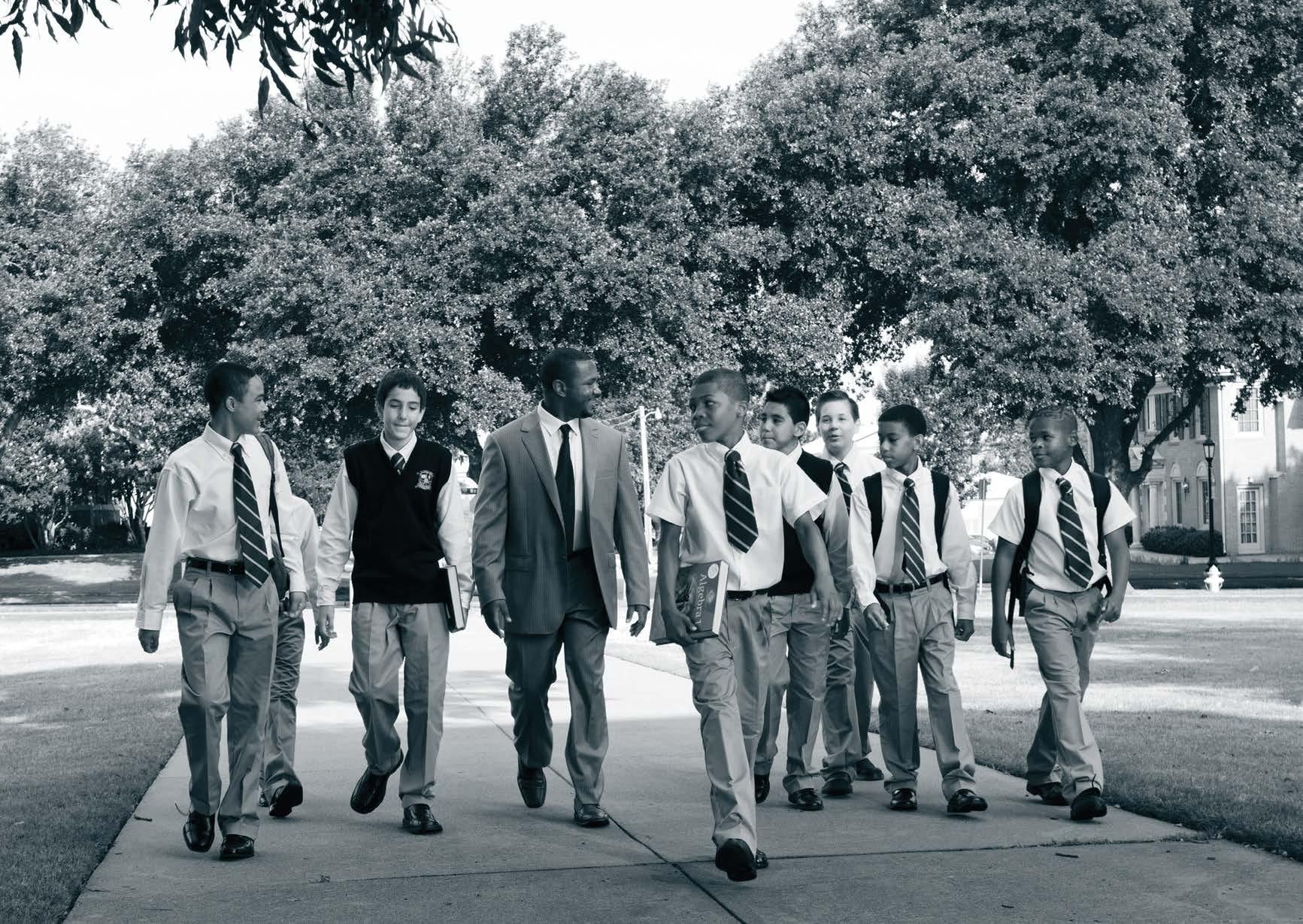
A


Let’s give it all away. But let’s do it in a particular way, with our hearts and our minds. Let’s find what works and support that. “
—RICHARD RAINWATER “

A
We support visionary solutions in the areas where we work
by:
n Approaching our relationships with respect, gratitude and humility
n Prioritizing visionary and transformative solutions
n Striving to be both pragmatic and learning oriented
n Valuing meaningful collaboration and
n Seeking to maintain a sense of urgency in our work
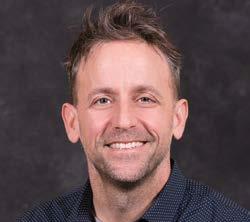

As many of his friends and colleagues remember, Richard Rainwater was known for having profound respect for individuals who were the very best at what they did. Perhaps it was the person who made the best burgers in town. Perhaps it was an investment banker, or someone who parked cars with impeccable customer service. Whoever it was, Richard actively sought ways to work with these outstanding individuals, calling them the “Michael Jordans” of their respective fields. His preferred way of supporting these Jordans was to provide opportunities to expand their influence and prospects. We are thankful to carry on that legacy by assisting our partners in effecting positive change in the world. In 2017 and 2018, we partnered with nearly five hundred organizations and provided approximately $80 million in grants.
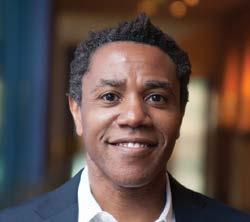

As we reflect over our history, and the last two years in particular, we are awestruck by and incredibly grateful for the Michael Jordans that we get to work with every day. These include researchers, school leaders, patient advocates, teachers, social entrepreneurs, deans, superintendents, business leaders, community leaders, and parents—just to name a few. Some are opening schools for children who have no access to education. Some are relentlessly pursuing discoveries that will lead to cures for the most devastating illnesses of our time. Others are working to give students access to knowledge and opportunities that will enable them to break out of generational poverty. While some are world-renowned, others receive little credit. All are impacting our world in important ways and deserve our thanks.
Our inaugural annual report honors the stories and individuals of the Foundation’s grantees. While it is impossible to capture the impact of their work or their dedication to positively change our world in these few pages, we hope this report will inspire others. Our intent with this report is to convey our tremendous gratitude as we at the Foundation remain grateful not only for the opportunity to serve others and to continue Richard’s legacy, but also for the hundreds of committed partners with whom we work every day, who are the very best at what they do. We think Richard would approve.
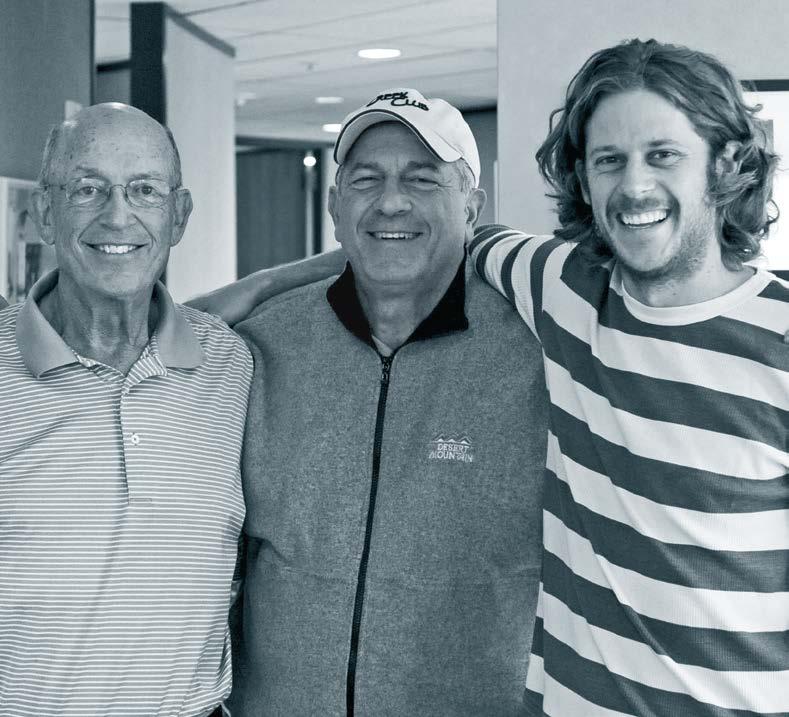
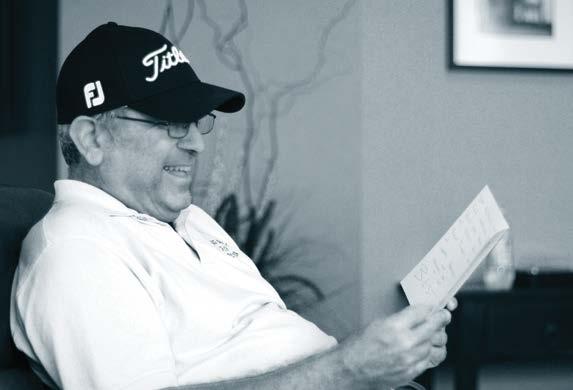
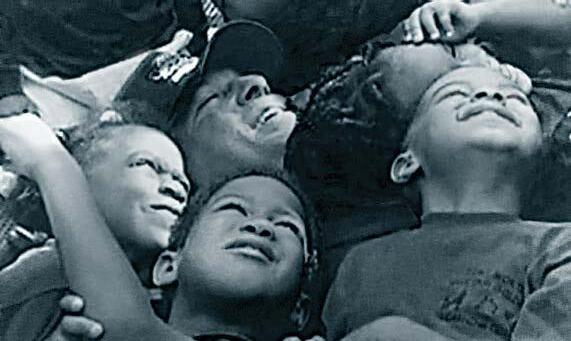
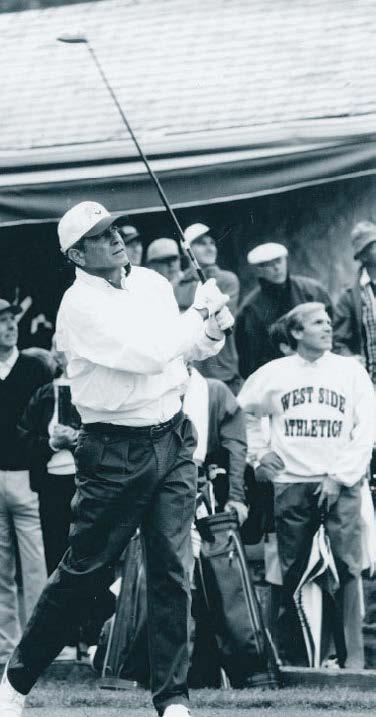
Richard E. Rainwater grew up in Fort Worth, Texas, and graduated from Paschal High School (via George C. Clark and E.M. Daggett), the University of Texas and later the Stanford Graduate School of Business. For several years he worked with former Stanford classmate Sid Bass, also a Fort Worth native, to manage and diversify the Bass family portfolio. In 1986, Richard left Bass Enterprises to become an independent investor. During this time, he founded and/or cofounded numerous successful firms, including ENSCO International, Columbia Hospital Corporation, Mid Ocean Limited, and Crescent Real Estate Equities, Inc. He was also part owner of the Texas Rangers baseball team.
Richard lived a life of generosity and gratitude that continues to inspire us. He was thankful for loving parents—something he often lamented others didn’t have. He was thankful for the people that worked hard and took pride in everyday jobs. He would often say he was thankful for a tireless and loving wife who worked to raise his children and for the world’s greatest older brother. He was thankful for good food, great friends, hard work and unbridled fun. Richard also
showed his gratefulness with his generosity, to coworkers and neighbors, to complete strangers at times, and through the Rainwater Charitable Foundation.
In 1991, Richard established the Rainwater Charitable Foundation (the Foundation) to improve the lives of children in the United States, specifically targeting those born into poverty. The Foundation strives to employ the same principles that Richard successfully used in his business career, focusing on leadership and scaling ideas that have been proven to work. In 2009, the Rainwater Charitable Foundation began supporting institutions that conduct research in the field of neuroscience through the Tau Consortium and other initiatives.
When he passed away in 2015, Richard had given more than $380 million to organizations working for the benefit of higher education, at-risk children and research associated with degenerative neurological diseases. Richard left nearly all of his estate for charitable purposes, primarily through the work of the Rainwater Charitable Foundation.
What you leave behind is not what is engraved in stone monuments, but is woven into the lives of others. “
— Pericles “
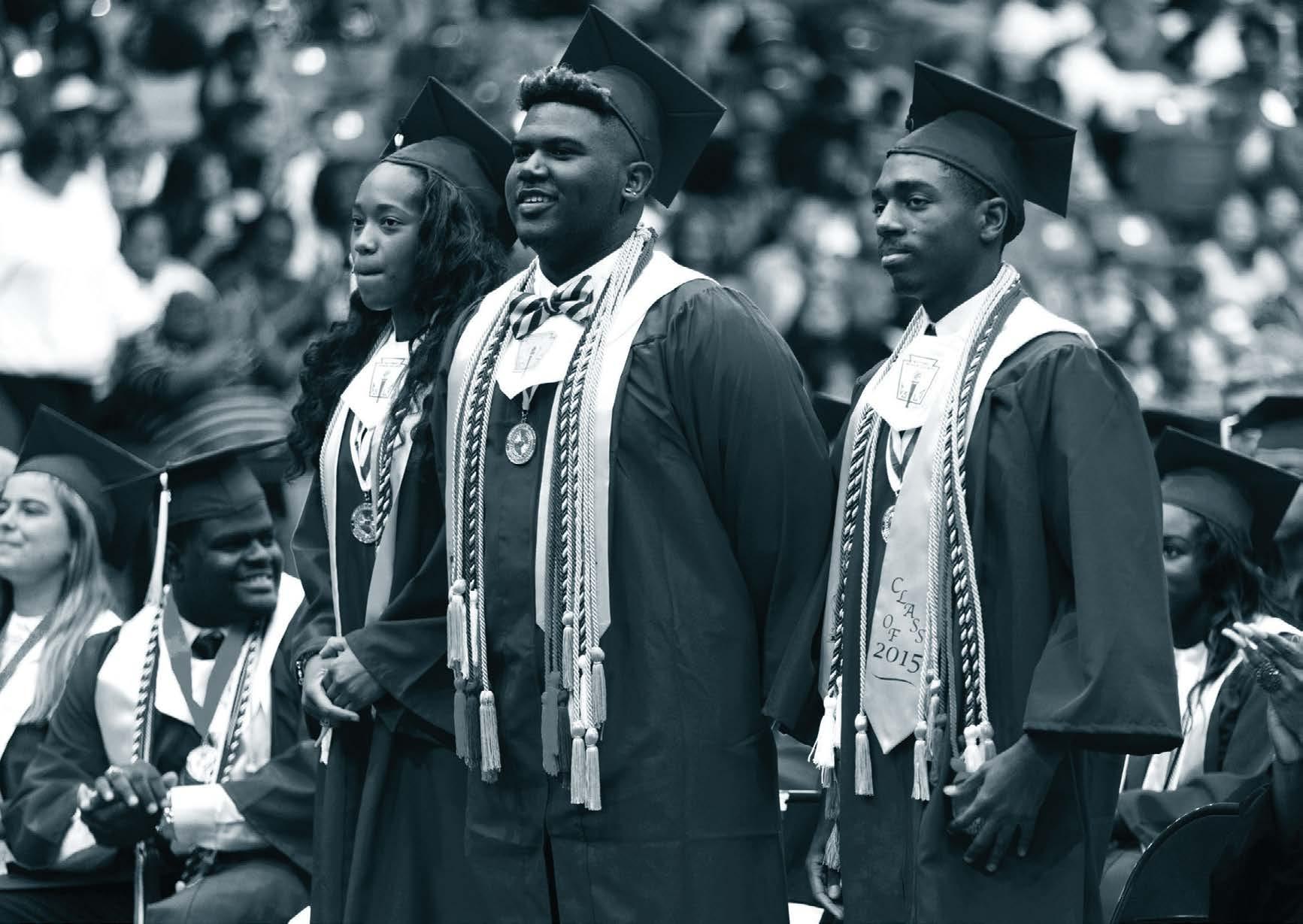
Since its inception, the Foundation has worked to support the children who could most benefit from our help to have a better chance to live a good life.
When I hear someone say that our funding is all for education, I always try to gently clarify that our funding is for kids. Our vehicle is schools.
—Suzy Peacock,
“ “
RCF’s first Executive Director
Richard recognized that a good education completely changed his trajectory in life and wanted to help create that same opportunity for as many children as possible. Richard was not alone. Data shows unequivocally the profound link between education and prosperity.
We estimate that a post-secondary completion increase of 15% would add nearly one billion dollars of lifetime economic prosperity to our community every year in expected lifetime earnings. More important, however, is the notion that each and every student in our community, regardless of zip code, learning difference or income, deserves the opportunity to achieve at high levels and fulfill his or her purpose in life.
In our technology-driven marketplace, a post-secondary education (including certificate programs, two-year degrees and four-year degrees) has never been so important. At the same time the legacy of the ‘No Child Left Behind’ policy has made it clear that we have much work to do to ensure that all our students are achieving at high levels. Across Tarrant County, 43% of third graders are reading on grade level, and although this hardly predicts adversity for the students who are behind their peers, we know that subsequent schooling is much easier for those students who can master the fundamentals of reading by the time they
start late elementary school. Disaggregating this data by race shows even wider gaps that must be addressed.
Over the past twenty-nine years, the Foundation has remained steadfastly focused on children. Early childhood education, instructional effectiveness, and school leadership have remained constant themes. The goal of keeping as much funding as close to kids as possible has not changed. Today our work focuses primarily on the Fort Worth area with some additional statewide and national funding. While our community’s educational outcomes need significant improvement, we remain optimistic for reasons that will be outlined in this report. We encourage everyone in our community to find a way to get involved to help young students and their families.
549,063 482,153
NUMBER OF KIDS AGED BIRTH THROUGH 18 IN TARRANT COUNTY
NUMBER OF KIDS AGED BIRTH THROUGH 18 IN THE STATE OF NEW MEXICO ¹ ONE MILLION
CHILDREN WHO RECEIVE HIGH-QUALITY PRESCHOOL HAVE SHOWN 2
NUMBER OF NEW NEURAL CONNECTIONS FORMED EVERY SECOND IN THE FIRST FEW YEARS OF LIFE 3 409 47
NUMBER OF INDIVIDUAL STUDENT EXPECTATIONS IN THE 3RD GRADE TEXAS ESSENTIAL SKILLS AND KNOWLEDGE STANDARDS (TEKS) THAT STUDENTS SHOULD LEARN, AND CLASSROOM TEACHERS ARE RESPONSIBLE FOR COVERING 5
A $19,681,052 Fort Worth Children's Partnership Page 10
B $953,500 Out-of-School Time Page 18 and Literacy & Enrichment
NUMBER OF PEOPLE A TYPICAL PRINCIPAL DIRECTLY MANAGES IN A SCHOOL, COMPARED TO MANAGEMENT RATIOS OF 1:15 IN MINIMALLY-TRAINED WORK ENVIRONMENTS SUCH AS CALL CENTERS OR 1:5 IN HIGHLY-TRAINED WORK ENVIRONMENTS SUCH AS ACCOUNTING 6
CHILDREN IN TARRANT COUNTY LIVE IN A HOUSEHOLD HEADED BY A SINGLE FEMALE 1 IN 4 FOR EVERY DOLLAR INVESTED IN A SCHOOL-AGED CHILD, 15 CENTS ARE INVESTED IN A CHILD AGED 0 TO 5 15 ¢
REDUCTION IN LIFETIME VIOLENT CRIME 65% REDUCTION IN LIFETIME ARRESTS 40% REDUCTION IN UNEMPLOYMENT 20%
American Fact Finder. “Annual Estimates of the Resident Population for Selected Age Groups by Sex for the United States. States, Counties, and Puerto Rico Commonwealth and Municipios: April 1, 2010 to July 1, 2018.” Accessed June 30, 2019. https://factfinder.census.gov Sneha Elango, Jorge Luis García, James J. Heckman and Andrés Hojman, “Early Childhood Education,” in Economics of Means-Tested Transfer Programs in the United States, Volume 2, ed. Robert A. Moffitt (Chicago: University of Chicago Press, 2016), 259. n Center on the Developing Child at Harvard University, “Five Numbers to Remember about Early Childhood Development.” (Cambridge: Harvard University, 2009), 2. n North Texas Community Foundation in association with Children at Risk and Child Care Associates, “Growing Up in North Texas 2016: A Community Assessment for Tarrant County.” (Fort Worth: North Texas Community Foundation, 2016), 5. State of Texas Assessments of Academic Readiness (STAAR), Combined Summary Report, Grade 3 Reading, (Austin: Texas Education Agency, 2018). Chris Bierly, Betsy Doyle, and Abigail Smith, “Transforming Schools: How distributed leadership can create more high-performing schools.” (Bain and Company, Inc., 2016), 11, figure 4. n Charles Bruner. Early Learning Left Out: Building an Early-Learning System to Secure America’s Future Federal, State and School District Investments by Child Age. Des Moines: Child and Family
C $1,075,077 Family Support / Engagement Page 20
D $2,670,074 Early Childhood Education Page 22
E $1,498,000 School Leadership Page 28
F $1,441,035 Teacher Pipeline and Development Page 32
G $476,580 College and Career Readiness Page 33
H $5,000,000 Charter Schools Page 38 I $1,359,443 Other Schools Page 38 J $2,268,595 Leadership Academies Page 41 K $2,400,000 Collective Impact Page 42 L $1,286,333 Other Education Funding Page 43
$40,109,690
A community partnership for student success.
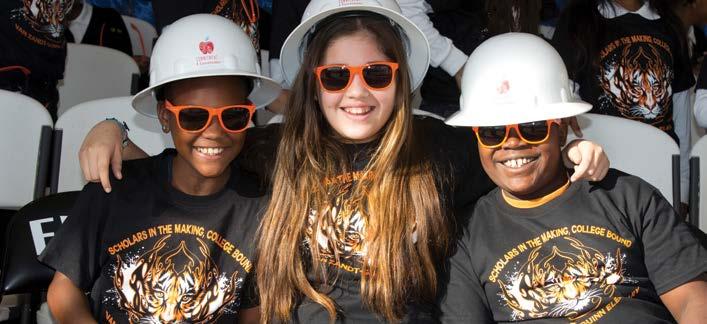
In 2010, Walter Rainwater and Foundation staff made a visit to Morningside Middle school to better understand how the Foundation might help improve student outcomes at the school. During the visit we learned about a pending Promise Neighborhood grant that would mobilize community partners in a
collaboration to support kids both inside and outside of school. Soon thereafter, we made visits to every school in the neighborhood to learn more about the needs, challenges, and opportunities in this community. This was the beginning of the Morningside Children’s Partnership, which expanded to become the Fort Worth Children’s Partnership in 2018, setting its sights on school transformation and neighborhood revitalization.
The Fort Worth Children’s Partnership (FWCP) is a collaborative effort between the Rainwater Charitable Foundation, Fort Worth ISD, and other community partners designed to improve student outcomes in the schools that are most in need of academic improvement. This approach of working directly with schools is a key strategy in our K–12 giving. School leaders at eligible campuses are given the opportunity to request additional supports focused on improving student outcomes. This cohort of funded principals meets regularly throughout the year to form a professional learning community (PLC) to share and review outcomes data, trade lessons learned about emerging practices, and form shared goals. Through the PLC, the Fort Worth Children’s Partnership seeks to scale practices that improve student outcomes. In 2017 and 2018 the Rainwater Charitable Foundation awarded more than $11M directly to FWISD to support the work and granted another $4M to partnering non-profit agencies. We are grateful to the Sid Richardson Foundation for initial seed funding in 2012.
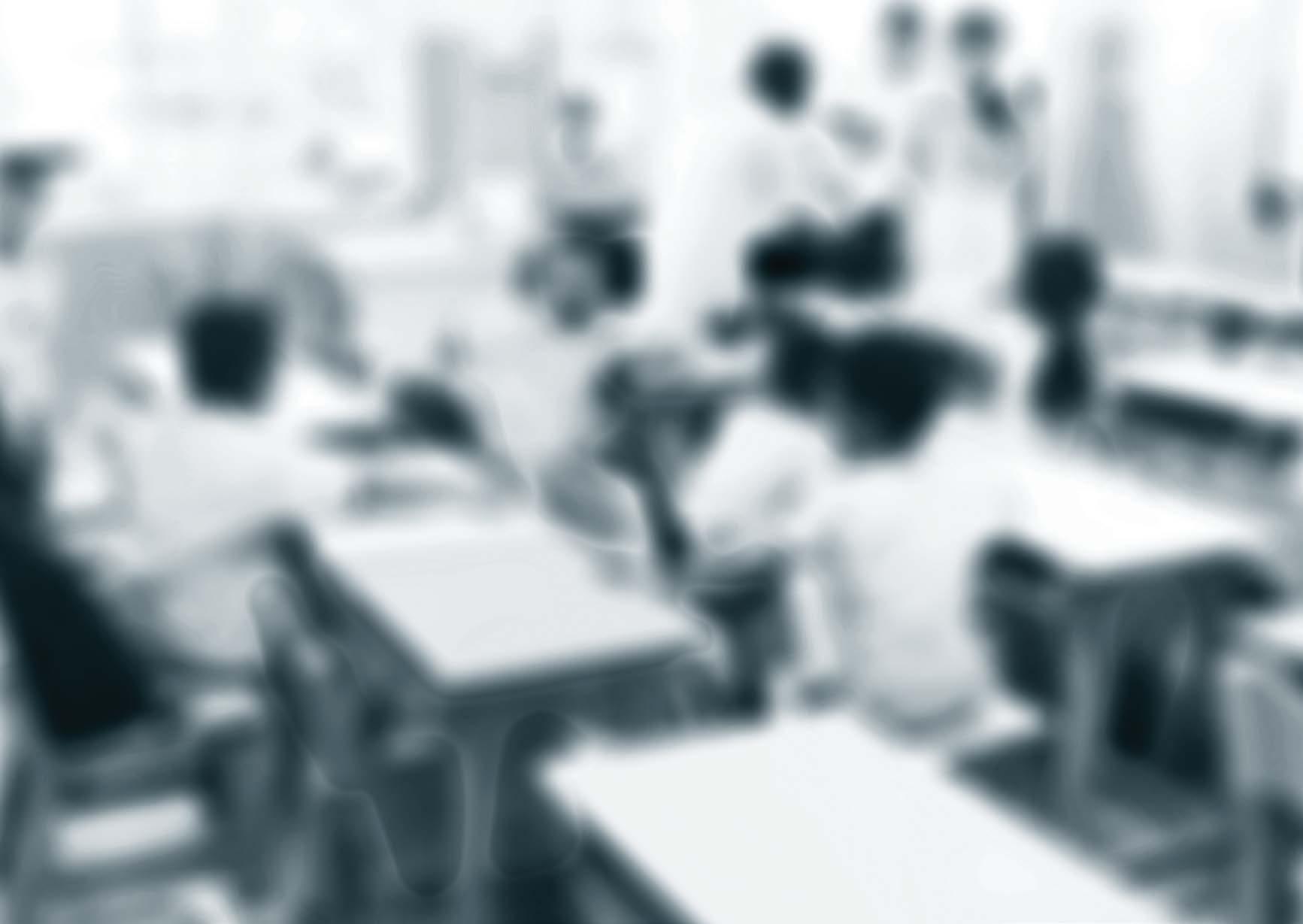
and Early Childhood Education
n Seven Pre-K3 classrooms along with teacher professional development
n Museum School experiential learning program for Pre-K and early grades
n Parent education and engagement programs
n Full-time parent engagement personnel in some schools
n Quality improvement initiatives in partnership with community child care providers
Elementary, Middle and High School Support
Community Support
n Embedded instructional coaches focused on effective daily instruction
n School leadership support through a professional learning community
n Enhanced student and teacher support through behavior interventionists
n Enhanced student support through academic interventionists
n School-wide attendance incentives
n Supplemental curriculum support, assessment tools and instructional materials
n Teacher incentives (high school)
n Dual credit program tuition and books (high school)
n Wrap-around support services
(housing, employment, mental health, etc.) for families in need
n Quality after-school options
n Summer learning opportunities
n Back-to-school rallies and resource fairs for parents and the community
n Neighborhood revitalization efforts including trash pick-up and Habitat for Humanity builds
n Enhanced community health services via the UNTHSC Mobile Pediatric Unit
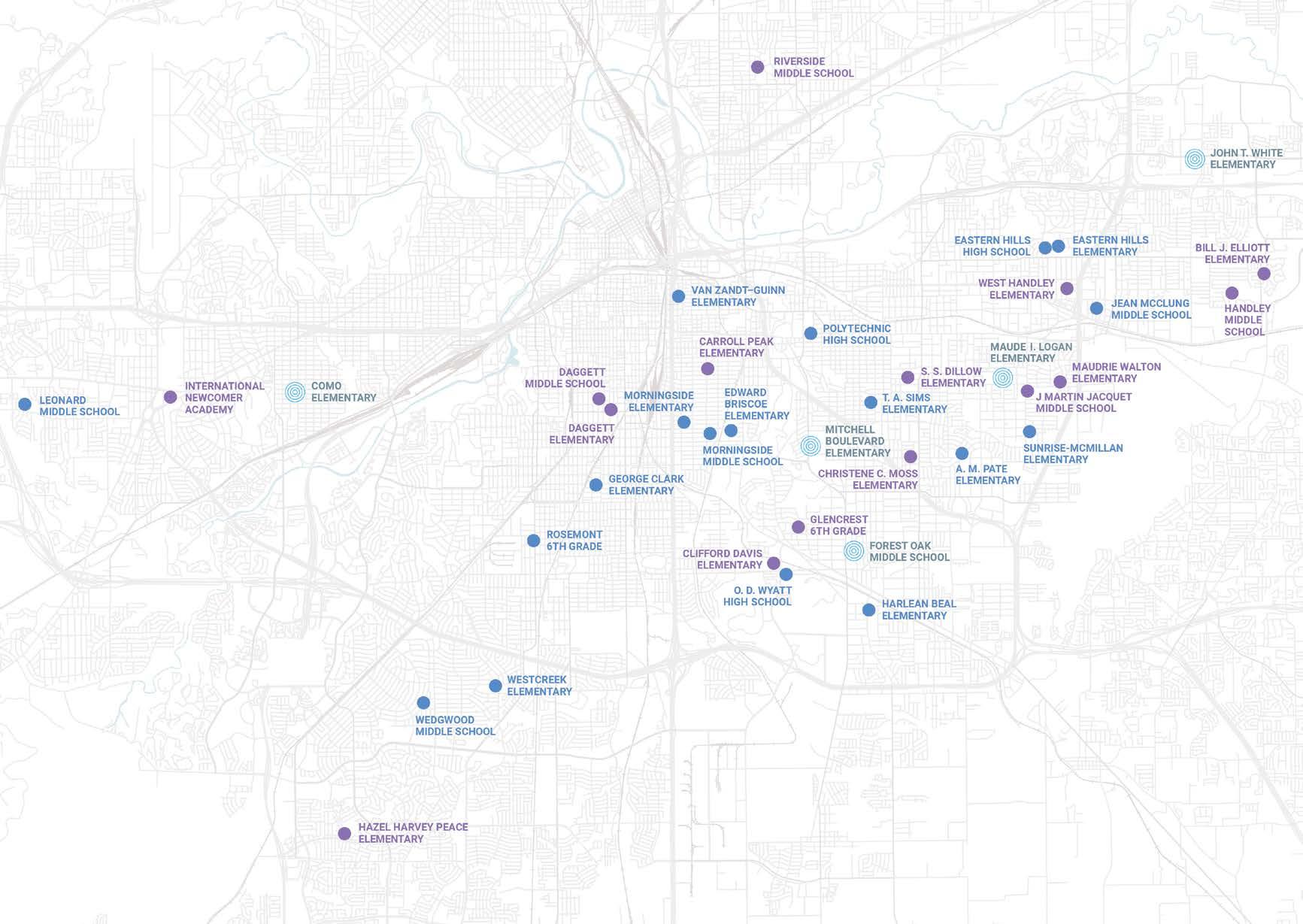
In addition to the Fort Worth Children’s Partnership grantees, we’d like to thank our partners who have helped make this work possible:
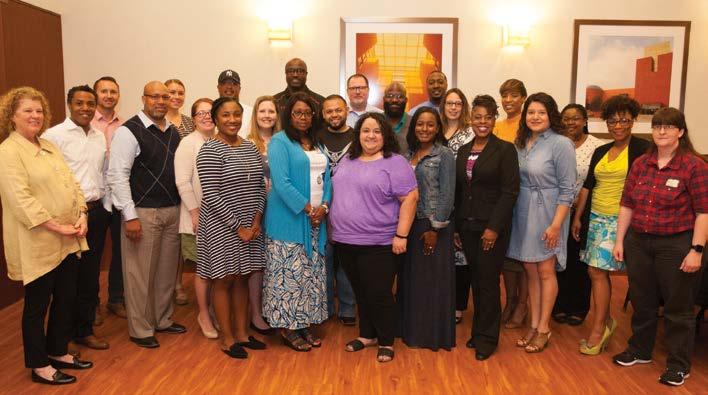
n The Miles Foundation and The Morris Foundation for support of the Parent Engagement Collaborative
n The Office of Councilwoman Kelly Allen Gray, City of Fort Worth, Cowboy Santas and numerous individuals and community organizations who support the annual Buzz Back to School event
n The Commit Partnership for student outcomes analytics support
n The Sid Richardson Foundation for support of the Pre-K Museum School
n Fort Worth Shamblee Library for often serving as incredible hosts for FWCP events
n Tarrant County College for support of the dual credit program at O.D. Wyatt High School
n Community Missionary Baptist Church, Mount Olive Missionary Baptist Church, Leslie Court Baptist Church, and numerous other churches and faith-based organizations who partner with schools to provide out-of-school time programs, wraparound services, and other support
BOTANICAL RESEARCH INSTITUTE OF TEXAS $ 332,000 197,470
Towards STEM education for PK3 classrooms in partner schools and for secondary students through after-school and weekend experiential programming.
BOYS & GIRLS CLUBS OF GREATER
FORT WORTH $
Towards after-school programming at Polytechnic High School and Morningside Middle School.
COMMUNITIES IN SCHOOLS $ 302,000 145,000
Towards intensive case management for at-risk students at five Fort Worth ISD schools.
CORNERSTONE ASSISTANCE NETWORK $ 396,361 1,382,216 Towards case management for students and families at Fort Worth Children’s Partnership schools in the areas of employment and finances to relieve the pressures of living in poverty.
COWBOY SANTAS $ 5,000 —
Towards a back-to-school event in the HillsideMorningside neighborhood.
DIVERGE HOLISTIC YOUTH EMPOWERMENT $ 16,473
Towards small group mentoring and experiential learning trips for 80+ students at Morningside Elementary.
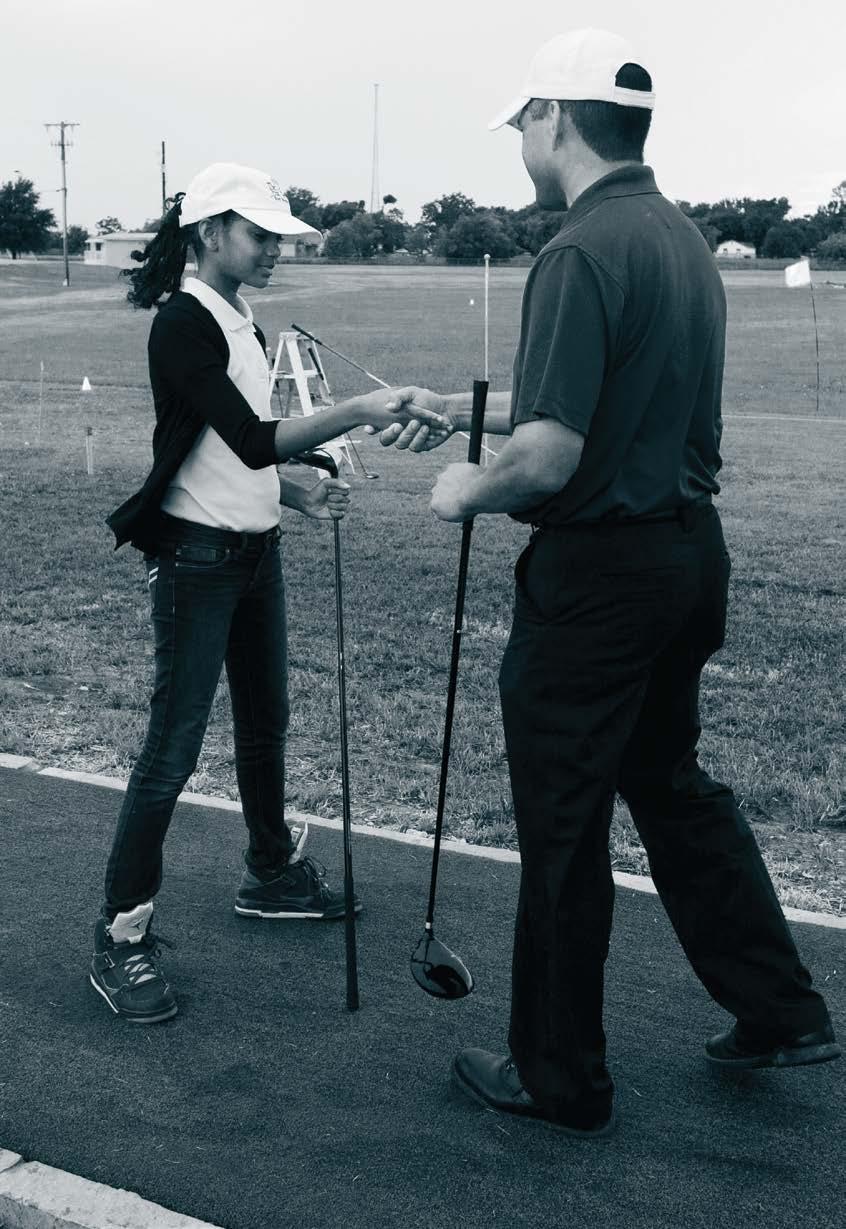
2018 2017
Fort Worth Children’s Partnership, Cont.
EDUCATION OPENS DOORS $ 25,000 —
Towards Roadmap for Success college and career readiness program at McClung Middle School.
FORT WORTH JR. GOLF ASSOCIATION/ FIRST TEE $ 90,000 60,000
Towards the First Tee of Fort Worth schoolday and afterschool program at Briscoe Elementary to promote leadership, character and life skills.
FORT WORTH MUSEUM OF SCIENCE & HISTORY $ 180,120 68,100
Towards hands-on STEM learning for PK-2nd grade students at partner schools in addition to capital campaign support.
Our investment in The First Tee of Fort Worth (First Tee) supported a first-of-its-kind partnership between First Tee and Fort Worth ISD.
Briscoe Elementary School is now home to a 12-acre facility with a driving range, two putting greens, a storage area and a 1,200-squarefoot portable classroom that accommodates two learning areas, a student lounge, and office/meeting space. Four hundred students at Briscoe participate in First Tee’s Life Skills Curriculum during the school day as an extension of their physical education classes. In addition, the program serves approximately 250 students from across the Morningside neighborhood through an after-school program. First Tee uses the game of golf to encourage leadership, build character, foster community service and promote wellness.
FWISD - FORT WORTH CHILDREN’S PARTNERSHIP $ 5,779,013 4,165,593
Towards supports for partner FWISD schools including instructional coaches, attendance incentive plans, family engagement, and out-of-school time.
FWISD - FORT WORTH CHILDREN’S PARTNERSHIP–PREK 3 $ 837,533 —
Towards seven PK3 classrooms in high-need FWISD elementary schools, including teacher and teaching assistant salaries, professional development, parent engagement and material support for classrooms.
HILLSIDE COMMUNITY CENTER $ — 1,117
Towards Mommy’s Day Out programming.
The Foundation has partnered with Fort Worth ISD to create seven full-day classrooms serving three-year-olds (PK3) in four elementary schools located in areas with limited access to high-quality early learning environments. Thus far, PK3 students entering Kindergarten in Fort Worth ISD have all been assessed as Kindergarten Ready by the school district. The PK3 professional learning community has provided teachers with access to targeted coaching, dynamic professional development opportunities and the opportunity to participate in innovative programming like LENA Grow (a program that utilizes technology to increase the number of meaningful conversational interactions between children and teachers). The learning community has expanded to include PK4 teachers in select schools and has become an example to principals of multi-grade teacher communication and collaboration.
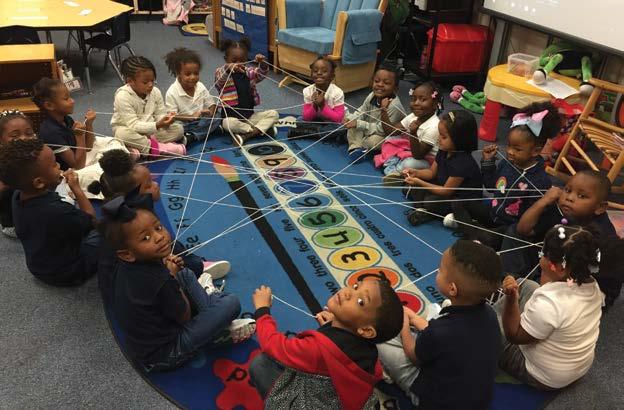
Teaching is a complex job, especially given the wide variety of educational experiences and needs among students in any given classroom. Academic standards have become more rigorous, and increased accountability shines a brighter light on these challenges. Effective coaching can help teachers elevate their practice to meet the needs of all students, decrease teacher turnover, and dramatically improve school morale.
The New Teacher Center (NTC) is an organization dedicated to improving student learning by accelerating the effectiveness of teachers and school leaders. NTC is a key partner in our Fort Worth Children’s Partnership work as they provide direct support to over 30 instructional coaches embedded in Fort Worth ISD (FWISD) schools. This grant provides funding for NTC to deliver a thorough professional development plan based on the key levers of effective instructional coaching shown to positively impact student achievement:
Fort Worth Children’s Partnership, Cont.
n Ongoing professional learning to expose coaches and school leaders to best practices in instruction
n In-field coaching providing immediate, on-the-job guidance and feedback for teachers
n Professional learning communities to promote peer learning among coaches
n Evaluation and consultation to ensure fidelity of implementation and measurable impact
Towards after-school mentoring and tutoring for students at Briscoe Elementary.
Towards after-school photography classes for students from partner schools.
Towards parent engagement programming at Morningside Elementary School. MOUNT OLIVE BAPTIST
Towards Freedom School program, a summer literacy and character development program serving children in the Morningside neighborhood.
Towards over 30 instructional coaches and professional learning community embedded in FWCP schools focused on increasing student outcomes through Tier 1 instruction.
SOUTHSIDE HORNETS ATHLETIC ASSOCIATION $ 18,000 6,000
Towards recreational sports in the Morningside community and the PASS program which focuses on increasing parent engagement.
SUMMER SWIM PROGRAM (HISTORIC SOUTHSIDE) $
Towards programming to deliver water safety and basic swimming lessons to Fort Worth ISD elementary students in partnership with the City of Fort Worth.
TRINITY HABITAT
Towards community revitalization efforts in the Morningside neighborhood.
Towards the Freedom School program, a summer literacy and character development program serving children in the Stop Six neighborhood.
The State of Texas ranks first in the number of pool drownings among children in the nation, and Tarrant County consistently is among the top three counties with highest total and per capita pediatric drowning deaths. Richard Sybesma, former head swimming coach at Texas Christian University, is doing his part to reverse these horrific trends. In partnership with the City of Fort Worth, the Historic Southside, Inc. and Fort Worth ISD, Coach Sybesma has designed a program that leverages public facilities and TCU swim team members to teach more than 550 elementary students about swimming fundamentals and water safety over two sessions each summer.
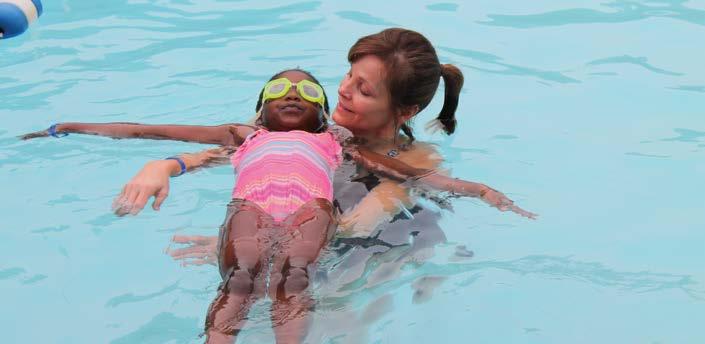
B SHARP YOUTH MUSIC PROGRAM $ 54,000
Towards development of marketing and fundraising materials to promote arts education program.
CITY OF FORT WORTH $ 30,000 —
Towards the Rising Stars Leadership Academy’s summer workshops for teenagers.
CLAYTON YOUTH ENRICHMENT $ 40,000
Towards strategic planning to enact an organizational shift to embrace best practices in social-emotional learning.
COLLEGE GOLF FELLOWSHIP $ — 25,000
Towards providing college golfers to mentor participants within the First Tee program.
DALLAS AFTER-SCHOOL NETWORK $ 25,000 Towards research on the impact of professional development on program quality among after-school programs.
DREAM OUTSIDE THE BOX $ 74,500 35,000 Towards elementary after-school mentoring program utilizing college students.
HOPE FARM $ 15,000 — Towards out-of-school programming for at-risk boys and their mothers.
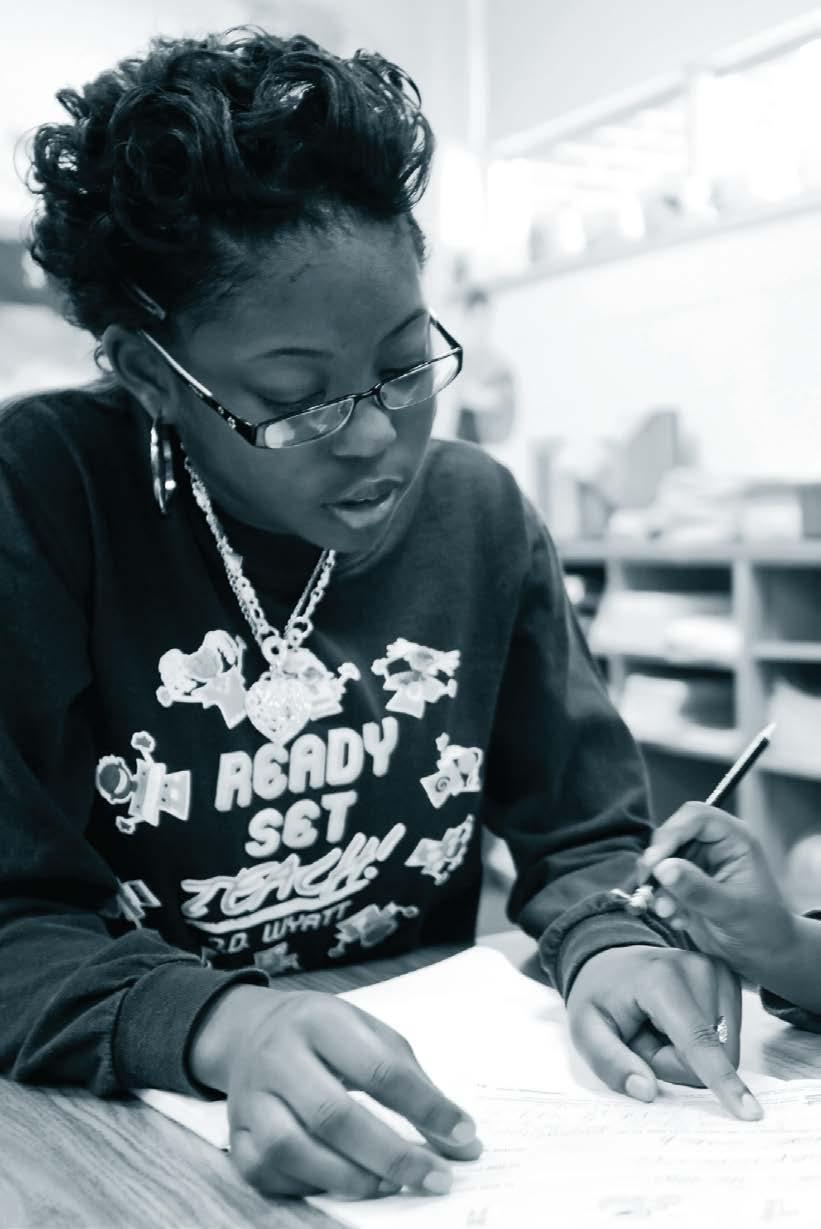
PERFORMING ARTS FORT WORTH $ 25,000
Towards community outreach arts programming with a literacy focus.
READING PARTNERS $
Towards operations to support volunteer literacy tutors for targeted students in five FWISD elementary schools.
TEXAS ACADEMY 4 $ 15,000 15,000
Towards operations in Fort Worth where the program provides a mentor to each 4th grader in partner schools.
Sum of Out-of-School Time and Literacy & Enrichment $
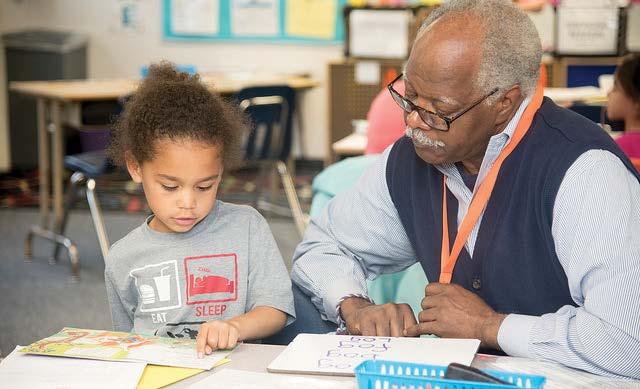
READING PROFICIENCY GAP
BETWEEN 3RD GRADERS FROM MODERATE INCOME AND LOWINCOME FAMILIES IN TARRANT COUNTY (58% VERSUS 32%)
Reading is fundamental to a child’s academic success. Students who learn the basics of literacy by third grade are less likely to need remedial support later in school and are more likely to graduate. Reading Partners empowers community volunteers to provide individualized literacy instruction for elementary students who struggle with reading by using a rigorous curriculum that produces measurable results. Reading Partners operates in five Fort Worth ISD elementary schools, and serves 195 students, with 86% of those students meeting or exceeding their literacy growth goals. In each partner school, Reading Partners transforms a dedicated space into a reading center and recruits volunteer tutors to serve 40 or more students. Student-tutor pairs work together for 45 minutes twice per week, following an individualized reading plan tailored to each student’s needs and strengths as well as Reading Partners’ strategic goals for student reading achievement. For information on how to become a tutor, please visit: https://northtexas19.my-trs.com/.
INC.
Towards two-generation parent engagement program serving Spanish speaking families.
CHILDREN AT RISK $ 125,000 263,000
Towards the Texas School Guide with the intent of empowering parents to be better informed advocates for their child’s education.
2017 funds also supported Hurricane Harvey efforts.
DALLAS MUSEUM OF ART $ 25,000
Towards free Family Day programming related to the “Mexico 1900–1950” exhibition.
MHMR OF TARRANT COUNTY
Towards the Refugee Services Program, which provides navigation, case management and crisis services to refugee families, especially within FWCP schools.
SERVICES FOR CHILDREN & FAMILIES
Towards parent engagement programming aimed to improve father/child relationships.
Four years ago, the Rainwater Charitable Foundation partnered with two other local foundations (The Miles Foundation and The Morris Foundation) to bring together a group of family engagement program providers from the DFW metroplex to better support families of young children in high-need Fort Worth ISD schools. While parents and primary caregivers want what is best for their children, not all families are the same, and no single family engagement program will effectively serve all families. The diverse group of agencies represented in the Parent Engagement Collaborative and individual Fort Worth ISD schools work together to make sure that an increasing number of mothers, fathers, grandparents, and other caregivers have access to the learning and support they need to be their child’s first teacher and best advocate.
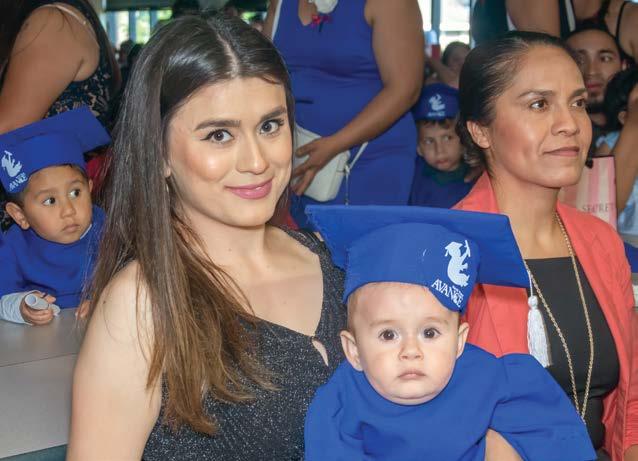
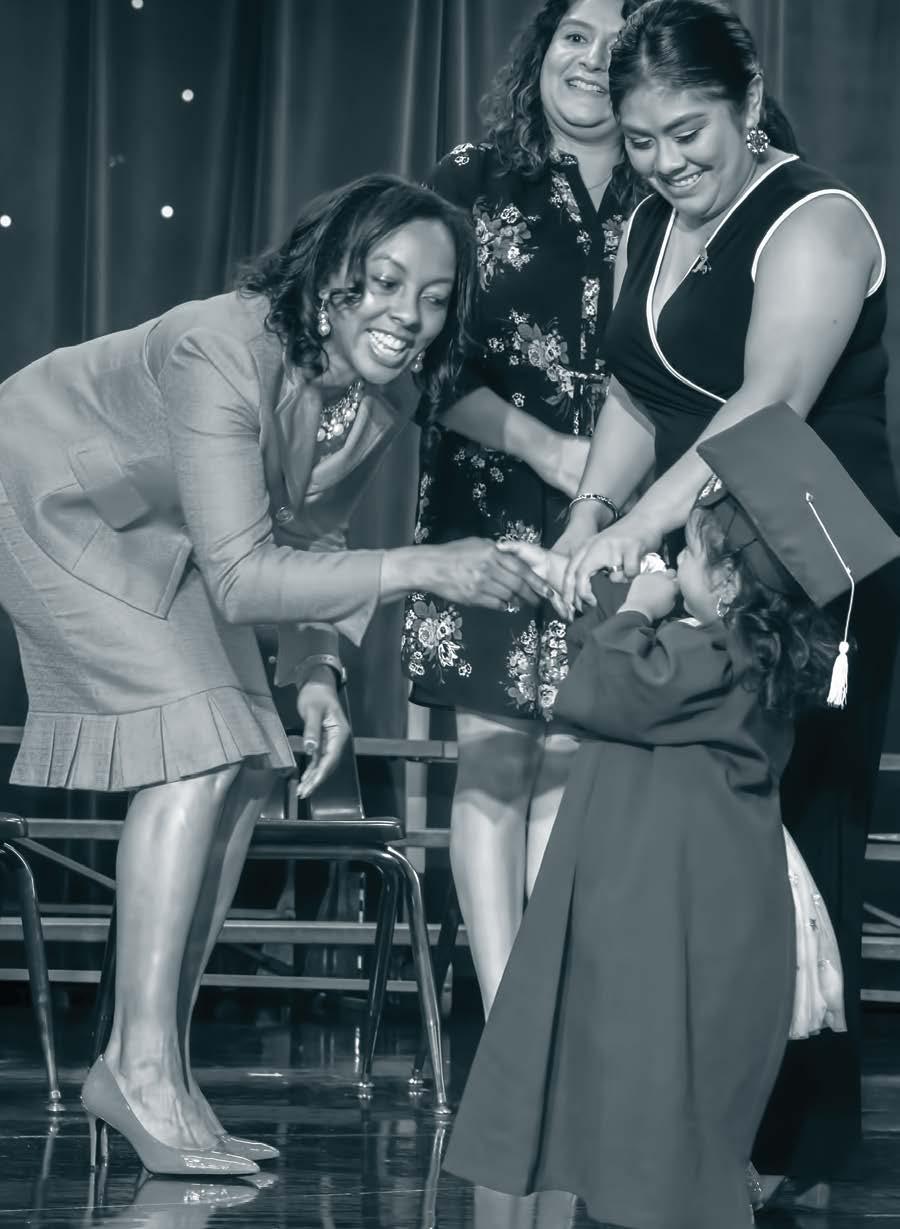
1,086 PARENTS AND CHILDREN GRADUATED FROM A PEC PROGRAM IN 2017 AND 2018
A community partnership for student success.
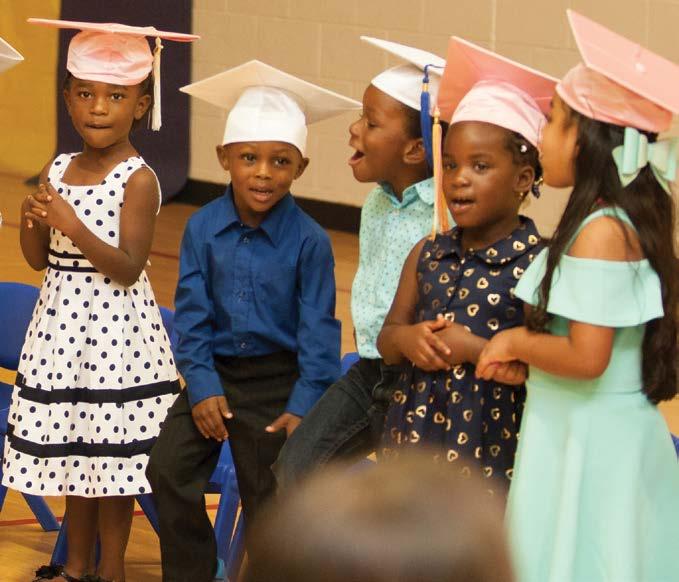
Promise Neighborhood grant that would mobilize community partners in a
We believe, and research has proven, that every child should have enriching learning experiences at home, in the classroom, and in the community, so that they grow up to be happy, healthy, and successful.
The first five years of life are the most significant for brain development. The pathways for cognitive, linguistic, and behavioral functions created during these years are the basis for long-term success in school and life. Brain development is heavily influenced by the environment and by adult relationships that surround a child. Enriching adult-child interactions are key.
Our early childhood investments prioritize data-driven organizations, programs, and initiatives that increase access to transformational early childhood learning for all children. To ensure high-quality early learning experiences for all children, we are currently focused on four strategies:
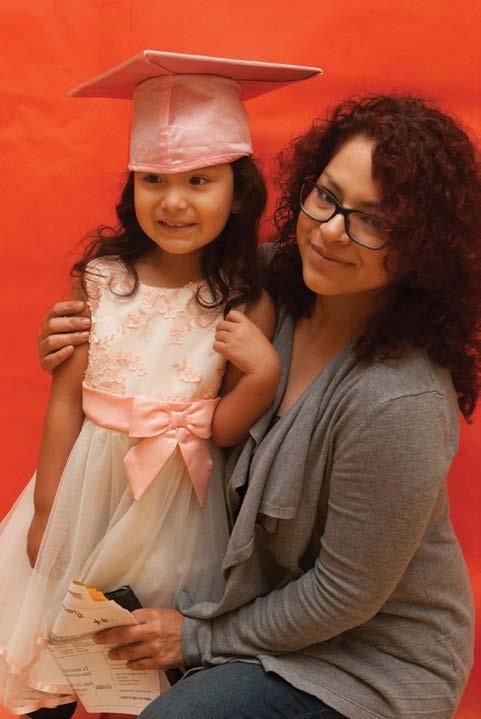
1 2 3 4
Increasing affordable, high-quality early learning childcare classrooms and experiences for 0–3-year-olds
We support professional development and personalized coaching for early childhood teachers and directors. This increases the quality of instruction as well as a center’s administrative capacity to effectively serve more children
Creating more free high-quality pre-kindergarten programs in public schools for 3- and 4-year-olds
We use private funding to take federal and state funded programming (Head Start and ISD Pre-K) to the next level with innovative professional development and curriculum programming as well as support for additional classrooms in high-need neighborhoods
Providing support for parents and primary caregivers
We support evidence-based, two-generation family engagement programs, and access to early learning resources that strengthen the parent-child bonds needed to prepare children for success in school and beyond
Supporting and catalyzing cross-sector collaboration between public systems and private entities
We provide backbone and flexible funding for local collective impact early childhood systems change initiatives that leverage large-scale cross-sector collaboration
AB CHRISTIAN LEARNING CENTER $ 65,000 50,000
Towards culturally-relevant summer literacy, civic engagement, and enrichment programming for at-risk students in Southeast Fort Worth.
CAMP FIRE FIRST TEXAS $
Towards kindergarten readiness work with childcare centers across Tarrant County.
CENTER FOR TRANSFORMING LIVES $
Towards Family Advocates who support parents of Pre-K children who are homeless or low-income. CHILD CARE
Towards evaluation work for Uplift/Child Care Associates blended Pre-K 4 classrooms. CHILDCAREGROUP $
Towards two-generation parent engagement work in child care centers and with ISDs in Dallas area. CHILDREN’S LEARNING INSTITUTE $
Towards a pilot program to train toddler childcare mentors.
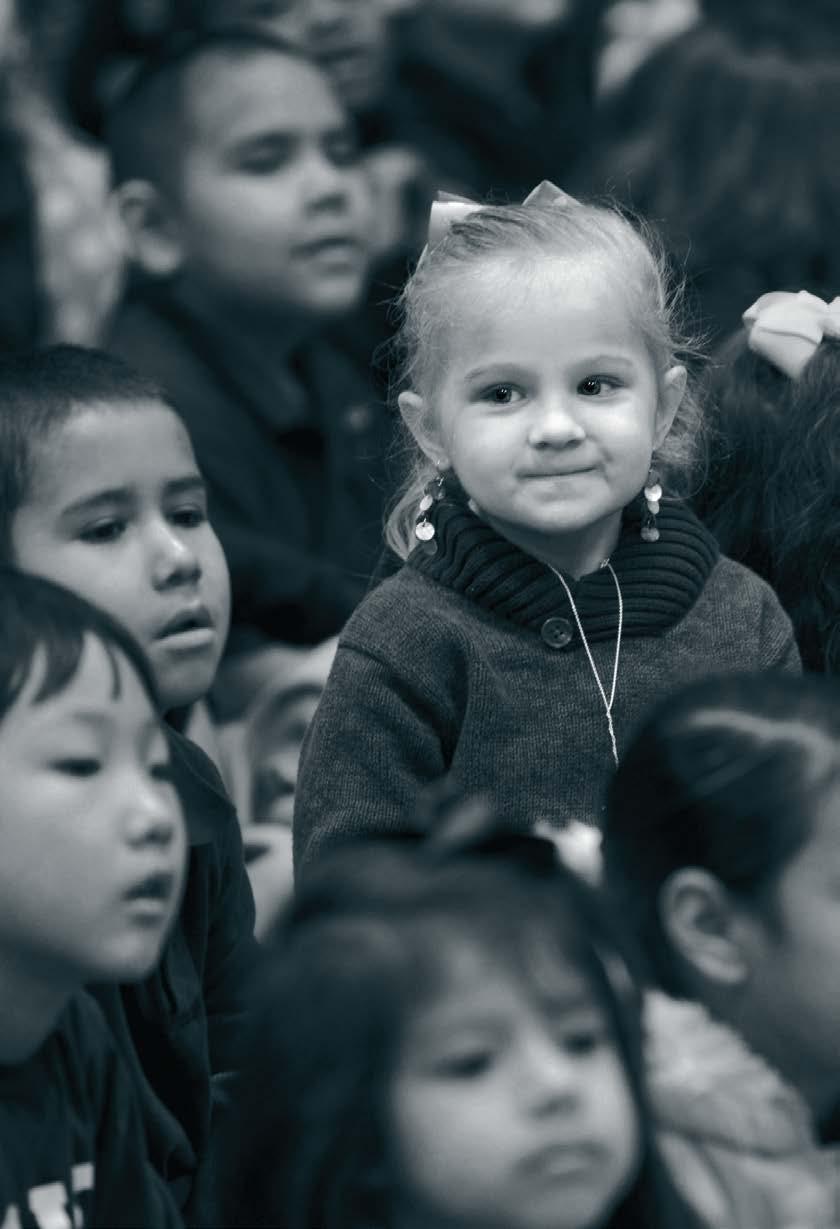
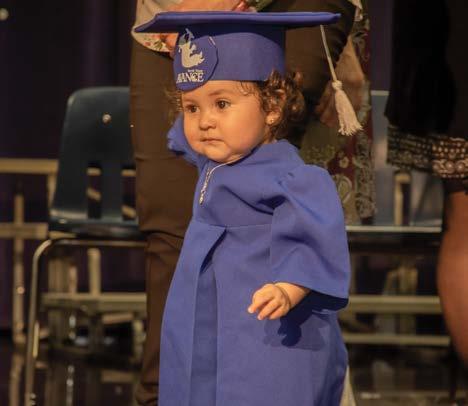
The Texas Rising Star quality rating system (TRS) was tied to Texas Workforce Commission child care subsidy reimbursement rates in 2013 to incentivize child care centers to increase their program quality. With TRS, centers with higher-quality programs receive higher reimbursement rates, thus incentivizing quality. Unfortunately, some of the centers in highest need for this support are ineligible for the program due to previous licensing deficiencies. In 2017, the Rainwater Charitable Foundation began meeting with Texas Workforce Solutions, FWISD’s Early Childhood Department, Educational First Steps, Camp Fire First Texas, Child Care Associates, and The Morris Foundation to look for ways to increase the high-quality early childhood center capacity in Fort Worth, and the TRS Boost Project was born. Funding for the TRS Boost program (co-funded with The Morris Foundation) allows Texas Rising Star mentors to work with centers to address their deficiencies and become eligible for the TRS support system. The program has garnered a high level of interest from child care centers and has contributed to Tarrant County having one of the fastest growing number of quality child care centers in the state.
Tarrant County’s Early Learning Alliance (ELA) is a community collaboration of more than 50 organizations working together to build the foundation that children from birth to age eight need to succeed in school and in life. ELA understands that the only way we are going to achieve large-scale sustainable change in early childhood is through cross-sector collaborations that leverage both public and private funding to support the full continuum of care that surrounds and supports families and children in the first five years of life. Key priorities for ELA include elevating professional quality for teachers through a professional registry that provides professional growth, coordinating education and healthcare providers to increase access to and use of a shared developmental screening tool, and identifying and implementing a definition of kindergarten-readiness for all school districts in Tarrant County.
Many children face multi-faceted challenges brought about by poverty, trauma, and racial inequity. To better support them, we work collaboratively across sectors and geographies to create long-term partnerships and new solutions for these complex problems. We are deeply grateful for the dynamic and dedicated partners that are willing to roll up their sleeves and do the difficult but rewarding work needed to give children in our community a brighter future.
Commit Best in Class The Best in Class Coalition is united behind a shared vision for transforming teacher and school leader pipelines in the Dallas/ Fort Worth region. A collaborative of educators, school districts, businesses, universities, government, civic organizations, nonprofits, foundations, and community advocates, Best in Class works to ensure all children in DFW benefit from effective, dynamic teachers. The coalition adheres to data-driven strategies and a continuous-improvement approach to attract, prepare, develop, and retain highly effective teachers and principals.
Early Learning Alliance Founded in 2013, the Early Learning Alliance is a ten-year movement to create an equitable early learning system for all children in Tarrant County. The Alliance’s over 50 members include organizations and individuals representing government, public education, child care providers, faithbased organizations, healthcare, and philanthropy. Using data, best practices, strategic investments, public support and sound public policies, the Early Learning Alliance seeks to create a system where children and families thrive.
Early Matters Dallas Early Matters Dallas is a broad-based coalition of business, civic, education, philanthropic and non-profit organizations, and
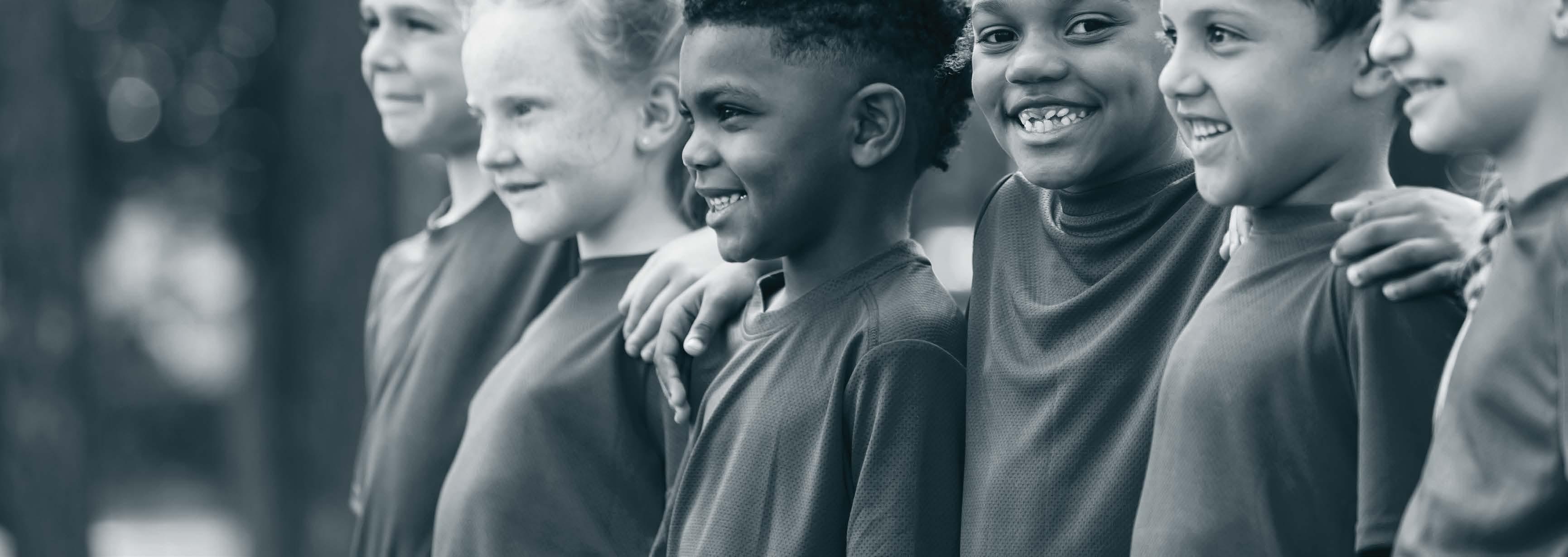
volunteers working together to raise awareness about, and advocate for, the importance of high-quality early education for a strong economy tomorrow.
Early Matters leaders continuously advocate for increased financial resources allocated to this critical area.
Fort Worth Best Places for Kids To be the Best Place for Kids, Fort Worth needs places and spaces in every neighborhood and across diverse environments that allow our children, families, and educators to interact, learn, and grow together. In 2018 a group of local foundations, early childhood leaders, and the Mayor’s office put together a cross-sector blueprint with four pillars: repurposing existing places and spaces to better serve more young children; incentivizing and promoting family-friendly business practices; utilizing summer school spaces to ensure successful kindergarten transitions; and identifying and celebrating innovative Fort Worth businesses, organizations, and individuals that make this the best city for kids.
Fort Worth Funders Roundtable on Education Recognizing that there is much to be learned from each other, Fort Worth foundations that fund educational initiatives meet quarterly to share key learnings and discuss
collaborative community efforts. The Roundtable is a space for funders to talk and learn about key issues in education, including early childhood, data literacy, college completion, teacher development, and public-private partnerships.
Raising of Fort Worth Raising of Fort Worth is a series of community convenings designed to bring a diverse group of stakeholders together to raise the awareness of early childhood education and learn about actionable steps each sector can take to ensure every child in Fort Worth has a strong start. Communities from across the country with innovative examples of multi-sector collaboration have presented at Raising of Fort Worth and continue to serve as thought partners for the Fort Worth community.
Read Fort Worth Read Fort Worth was created by a coalition of business, civic, education, philanthropic, non-profit, and volunteer leaders to ensure that 100 percent of Fort Worth third-graders are reading at grade level by 2025. As a backbone organization, Read Fort Worth connects and supports existing initiatives, programs, and providers through data, communications, and facilitation to dramatically improve academic outcomes for children ages 0 to 8.
From the start, the Rainwater Charitable Foundation has focused on school leadership. Richard Rainwater was known for spotting and cultivating leadership talent, and he would often joke that leadership selection was his one true talent by saying, “I picked the right people and the rest was luck.” We believe that schools, like any other organization, must have effective leadership to be successful. Leadership is about decision-making, and school leaders are responsible for the decisions that are most closely linked to student outcomes.
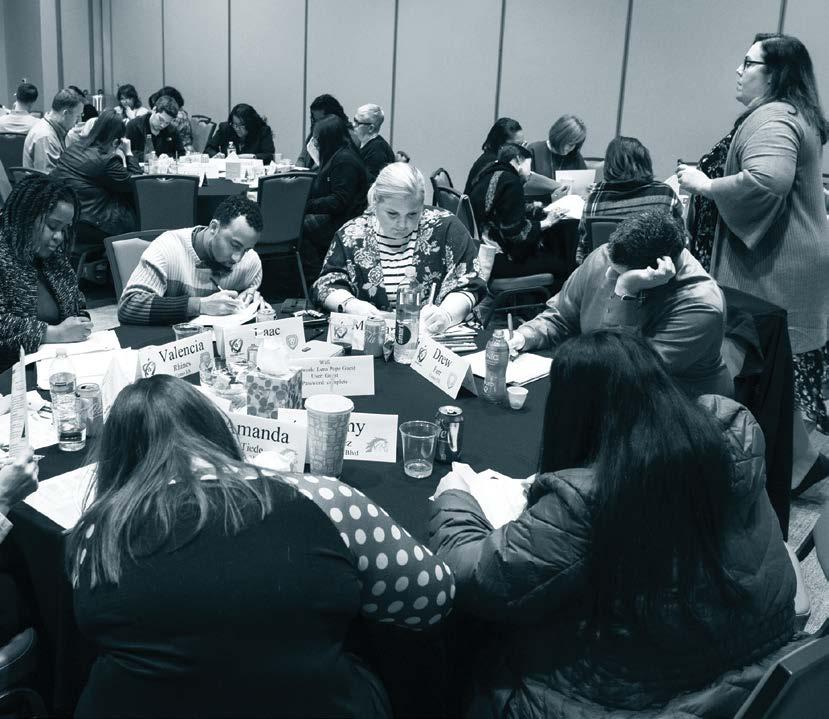
We have many examples from around the country that illustrate that principals can improve from “high-potential” to “high-performing” with targeted development. In Chicago, for example, experts have shown that principal effectiveness can increase at scale. We believe that principals make the best decisions when they have:
Building from best practices identified through our work a decade ago with the Rainwater Leadership Alliance, we support principal training programs that incorporate experiential in-school practice, create space for peer learning, and instill a culture of continuous improvement.
Educational environments are often data rich but information poor. We strive to organize, visualize, and reflect on educational data in ways that inform targeted strategies to improve student outcomes.
As the decision makers closest to the student experience, principals are best positioned to know what strategies are needed to improve student outcomes on their campuses. Principals in the Fort Worth Children’s Partnership apply directly for school grant funds that can be used for personnel, training, curriculum materials, support services or other resources to strengthen instruction and campus culture.
Great leaders collaborate with their staff to solicit input on strategies, effectively implement decisions, and increase leadership capacity. Our partners at Teaching Trust exemplify this belief in their Leadership Teams Program. They train and support school leadership teams to align on campus vision, strengthen datadriven instruction, build an aspirational school culture, and accelerate student academic progress.
School leaders make decisions within the constraints of a larger system, which can either enable or encumber the decision-making process. We strive to influence systemic conditions in ways that deliver responsive, targeted supports and remove barriers for school leaders, particularly those leaders with a proven track record of success.
COMMUNITIES FOUNDATION OF TEXAS $ 3,000
Towards a peer learning community with Texas-based funders and non-profits focused on improving school leadership.
GEORGE W. BUSH FOUNDATION $ 250,000 350,000
Towards intensive consulting and coaching with a cohort of four school districts currently implementing the Institute's principal talent management framework.
HOLDSWORTH CENTER $ 5,000
Towards sponsorship of the ElevateEd conference in Dallas.
NEW LEADERS $ — 115,000
Towards the Emerging Leaders program to strengthen the principal pipeline within Arlington ISD through practice-based training and coaching.
Towards general operations of leadership development programs including a principal preparation program and the Leadership Teams program. TEXAS CHRISTIAN UNIVERSITY $ — 150,000 Towards the Leadership Fellows Program which prepares principals through practicebased training, including a year-long internship.
Teaching Trust provides intensive training and coaching to develop great leaders, great teams, and great schools. Through the Leadership Teams program, Teaching Trust works with educators to align campus vision, strengthen data-driven instruction, build an aspirational school culture, and accelerate student academic progress. This unique approach promotes sustainability by building trust and efficacy among educators, emphasizing applied learning, and dispersing and anchoring best practices with diverse teams. Teaching Trust closely tracks program outcomes, seeking to demonstrate that stronger principals and educators positively impact student achievement. In 2018, 63% of schools led by Teaching Trust Leadership Teams outperformed peer schools on student academic growth.
TEACHING TRUST SCHOOLS WITHIN PARTNER DISTRICTS OUTPACE THE STATE AVERAGE IN PROFICIENCY GAINS
TEACHING TRUST SCHOOLS WITHIN PARTNER DISTRICTS
PRINCIPAL
PARTNER DISTRICTS
TEXAS SCHOOLS AVERAGE
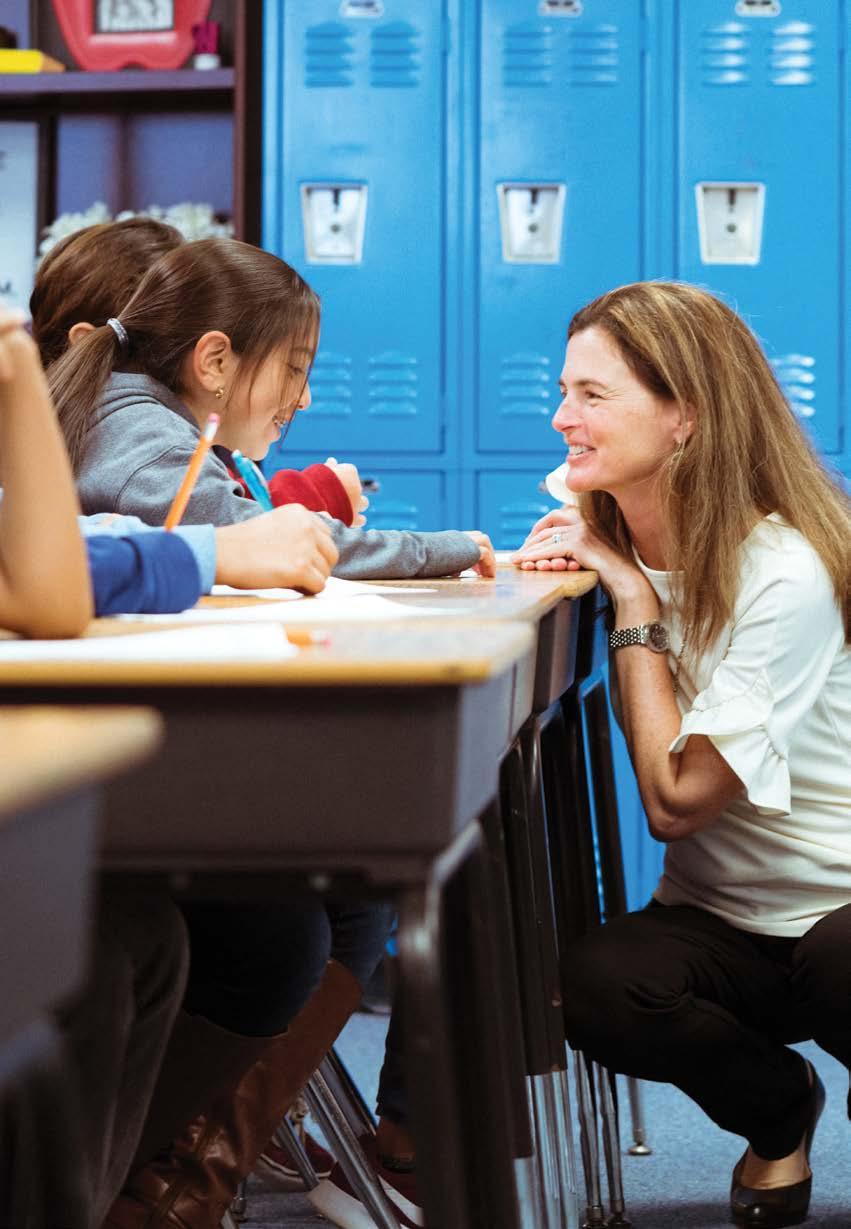
BORDER CROSSERS $ 20,000
Towards race and equity workshops for DFW teachers.
NATIONAL ALLIANCE FOR PARTNERSHIPS IN EQUITY EDUCATION FOUNDATION $ 35,000
Towards STEM Equity Micromessaging Academy for Fort Worth ISD middle school educators.
NATIONAL COUNCIL ON TEACHER QUALITY $
Towards development of “Start Here to Become a Teacher” guide, published in 2019.
THE NEW TEACHER PROJECT $ 45,035
Towards landscape analysis of teacher preparation in Tarrant County. REAL SCHOOL GARDENS (NOW CALLED OUT TEACH) $ 100,000 — Towards the program’s national expansion plan to train educators in the fundamentals of experiential education.
GRADUATE
Towards a two-year new teacher pipeline program in Tarrant County.

In 2016, Richard’s lifelong friend Morton Meyerson visited the Rainwater offices with a big idea. Armed with an article about promising students who had beaten the odds to win The New York Times’ Scholarships competition, he asked why we couldn’t create a similar scholarship for Fort Worth students. Thus, the Dream Big Scholarship program was born, in partnership with the Fort Worth Star-Telegram and The Morton H. Meyerson Family Foundation. The Dream Big Determined Scholar Award is a scholarship program created to provide students who have overcome adversity with resources and experience to continue to excel in college and beyond.
The program was designed with a particular type of student in mind—a student who:
n Works hard at school, at home and in the community
n Persists in the face of obstacles
n Never allows circumstances to define them, and
n Has a clear, big vision for their future
Scholars receive personalized support for their college journey, including:
n ACT/SAT preparation workshops
n Monthly workshops during their senior year of high school related to college applications, financial aid, professional skills and personal development
n Scholarship funds up to $20,000 over four years
n Mentorship and coaching to help scholars navigate college applications, selection and persistence
The application process is open to juniors at any Tarrant County public school who have a demonstrated ability to overcome obstacles and a proven need for financial assistance. The online application portal is typically open during December and January, and selections are made in May. For information about how to get involved, or to learn more, please visit: dreambigfortworth.org.
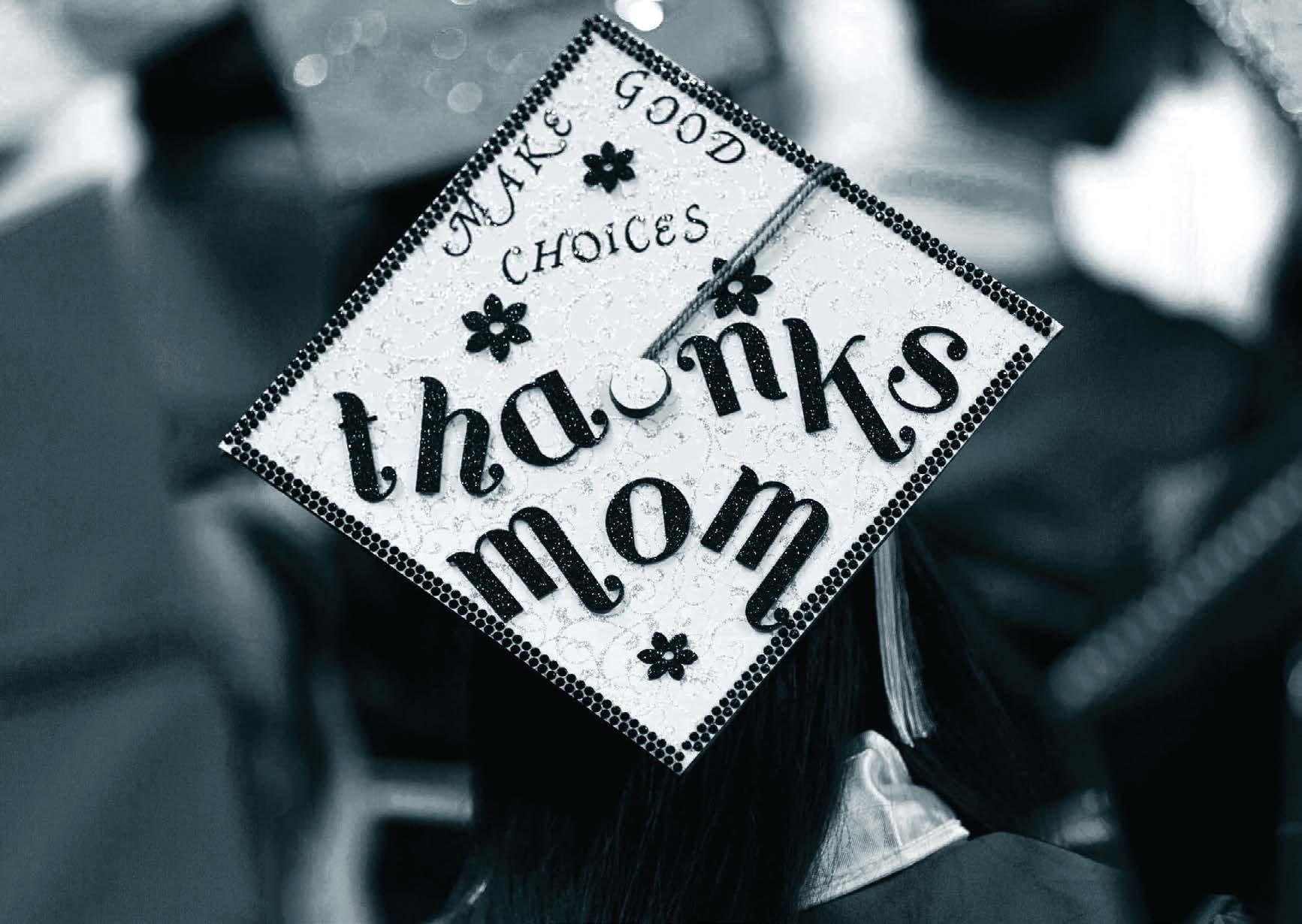
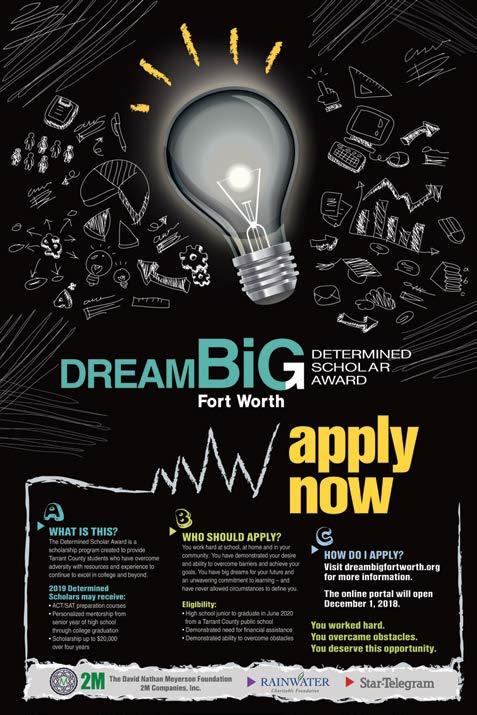

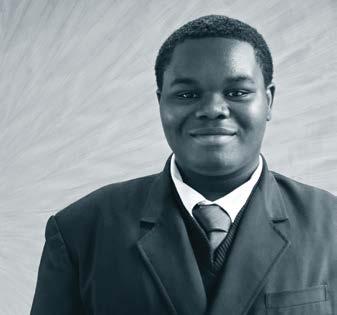
Maria Villagomez
Trimble Technical High School (Class of 2018)
Tarrant County Community College
“I am a Determined Scholar because do not give up at the sight of failure. I am disciplined and hopeful for my future.”
Young Men’s Leadership Academy (Class of 2018)
Texas Christian University
“I am a Determined Scholar because I don’t allow my challenges in life to limit my level of success.”

Daniela Romero
Arlington Heights High School
(Class of 2018)
University of Texas at Arlington
“I am a Determined Scholar because of my hard work, ambition, and commitment to strive for a better future.”
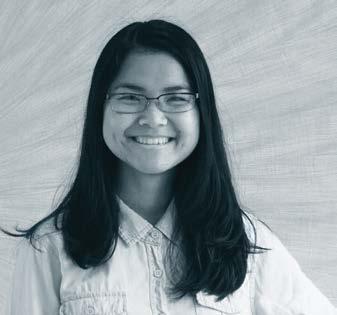
Niang Muang
Trimble Technical High School
(Class of 2018)
Texas Christian University
“I am a Determined Scholar because
I am optimistic for my future.”
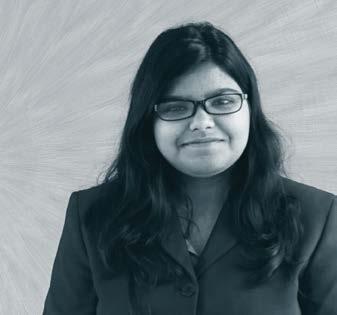
Nikita Kabir
Arlington High School (Class of 2018)
Texas A&M University
“I am a Determined Scholar because make use of every opportunity am given, and I do not give up.”
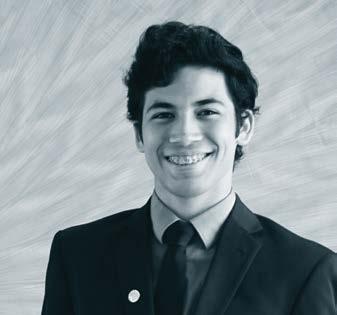
Jacob Wells
Southwest High School (Class of 2018)
University of North Texas
“I am a Determined Scholar because am persistent in my pursuit of a strong education to create a better future.”



Lumiere Bisisi
O.D. Wyatt High School (Class of 2019)
Midwestern State University
“I am a Determined Scholar because I allow the obstacles I've overcome to shape who am."
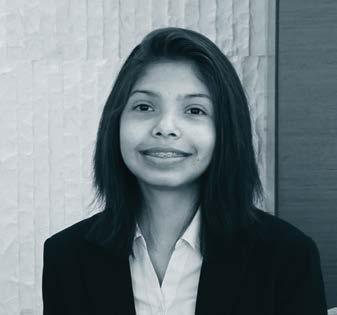
Janette Estupinan
Young Women’s Leadership Academy (Class of 2019)
Texas Christian University
“I am a Determined Scholar because
I do not allow my limitations to restrict my future goals.”
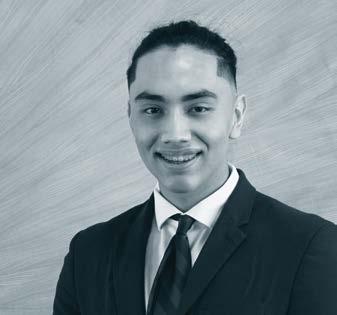
Kristián Gaytan
Young Men’s Leadership Academy (Class of 2019)
Texas Christian University
“I am a Determined Scholar because
failure is not an option. am expected to learn and entitled to achieve.”

Kelsey Joyce
Arlington High School (Class of 2019)
University of Texas at Arlington
“I am a Determined Scholar because I want to be somebody’s role model someday.”
IDEA PUBLIC SCHOOLS $ 1,500,000 1,000,000
Towards expansion into Tarrant County including plans to serve 15,000 students across ten campuses.
KIPP FOUNDATION $ 150,000 150,000
Towards the Leadership Accelerator program, a leadership incubator for KIPP alumni nationwide.
KIPP ST. LOUIS $ 50,000
Towards general charter school operations.
UPLIFT EDUCATION $ 1,150,000 1,000,000 Towards Tarrant County expansion plans including six new schools on two new campuses.
Towards an assessment of the capacity of FWISD and the entire community to address chronic absences in schools.
Towards an Innovation Fellowship for Fort Worth ISD staff to conduct an in-depth research project to explore implementation of new practices in district schools.
Towards Equity and Excellence department programs within FWISD. NANTUCKET LIGHTHOUSE SCHOOL
Towards general operations. NEW KEY SCHOOL
Towards community outreach program to support children with learning differences.
Towards enrichment experiences and leadership development for students.
Towards the Summer Reading LEAP Program and the implementation of the Capturing Kids’ Hearts Program aimed at elevating school culture.
Towards operational capacity to explore expanding school to three-year-olds.
Towards enrichment programs at StantonSmith Elementary.
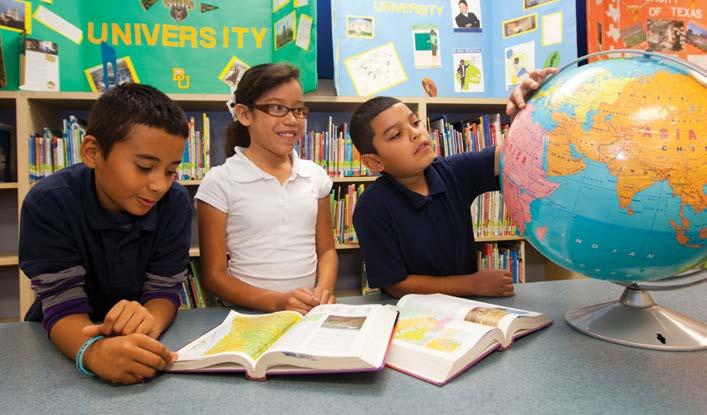
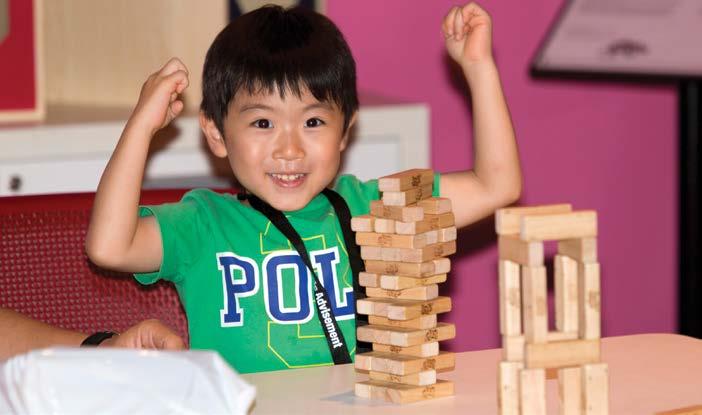
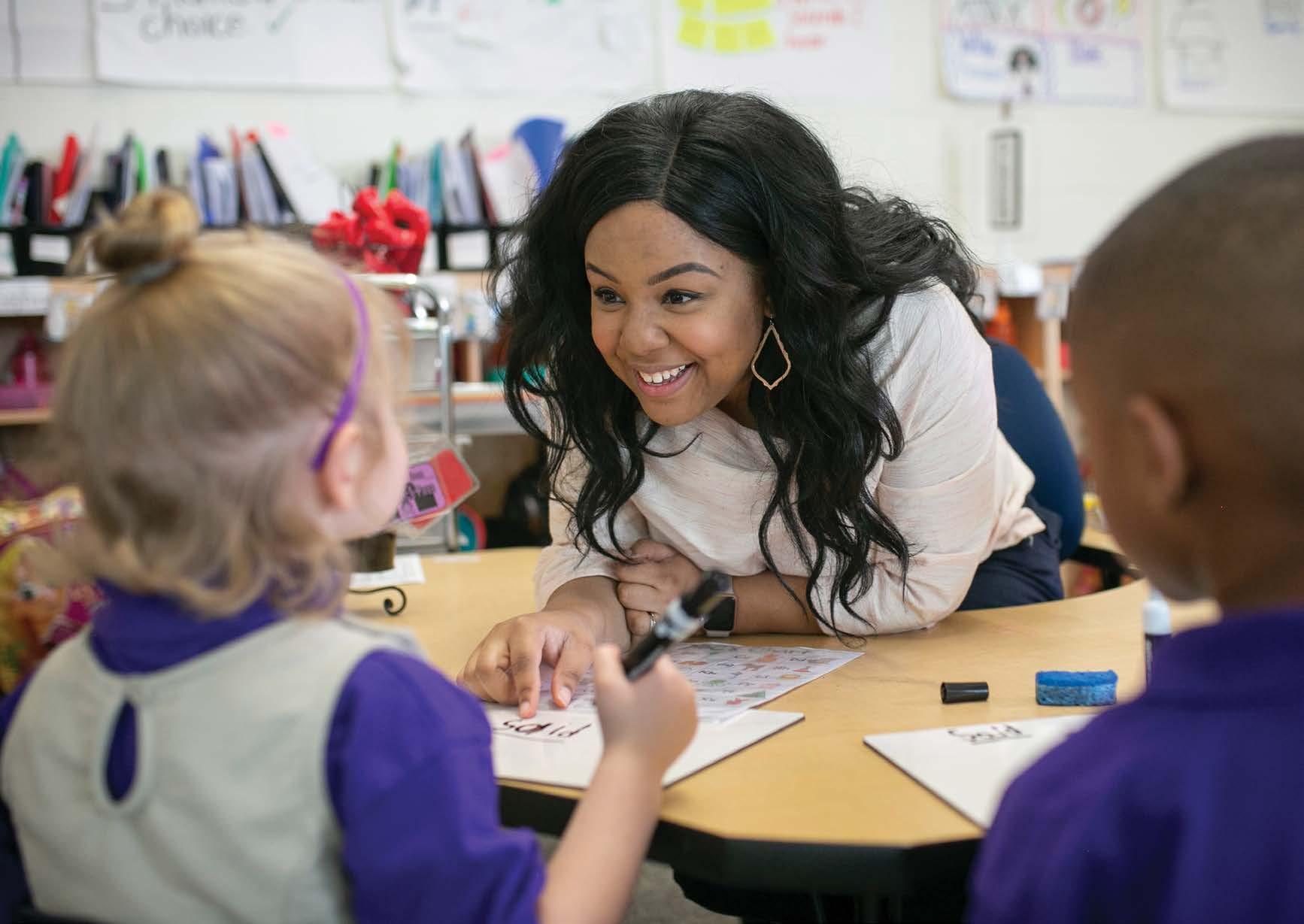
Towards implementation of a turnaround model at five Fort Worth ISD campuses.
Philanthropic funds are directed to campus culture initiatives and afterschool programming, which complements district investments in strategic staffing and extended instructional time.
In 2017, Fort Worth ISD designated five historically underperforming schools as Leadership Academies. The new learning model instituted at these campuses included strategic staffing, extended instructional hours, positive culture and climate initiatives, and rigorous instructional quality monitoring. Funding from the Rainwater Charitable Foundation expanded the capacity of afterschool programming, provided uniforms for all students, and supported special projects proposed by school leaders. In the first year of implementation, each Leadership Academy came off the Texas Education Agency’s Improvement Required list and demonstrated levels of student growth that placed them among the top half of campuses across the state. While FWISD and the Foundation made an initial commitment to fund the Leadership Academy model for three years, recent legislation made it possible to sustain the initiative as a “Texas Partnership” under which FWISD authorizes a carefully selected partner to manage schools under a performance contract.
In 2019, the Texas Education Agency approved a partnership between Fort Worth ISD and Texas Wesleyan University to build on the early successes at these schools. The Rainwater Charitable Foundation is proud to support this first-of-its-kind partnership which promotes innovation and autonomy in service to some of the highest-need students in Fort Worth.
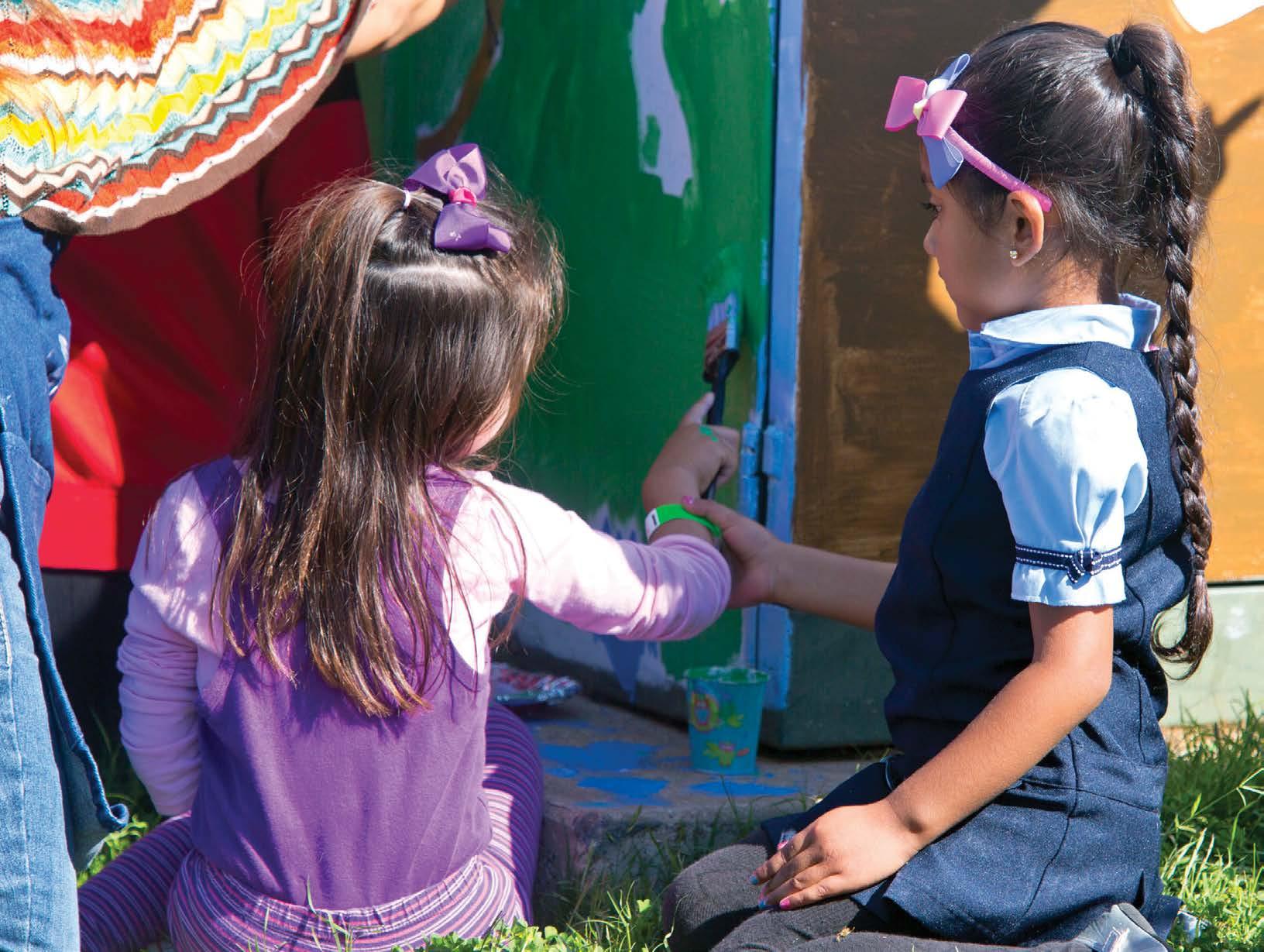
GEORGE W. BUSH FOUNDATION $ — 25,000
Towards rebuilding school libraries damaged by Hurricane Harvey.
GRANTMAKERS FOR EDUCATION $ 5,500 Towards membership and general operations.
HARVEY KIDS FUND (COMMUNITIES FOUNDATION OF TEXAS) $ 200,000
Towards school districts affected by Hurricane Harvey.
Towards general operating funds for the Just Say Yes program in North Texas schools.
LEADERSHIP FORT WORTH $
Towards programming costs associated with Education Day activities.
LEADERSHIP ISD $
Towards Tarrant County programming to develop leaders and advocates for public education from the local community.
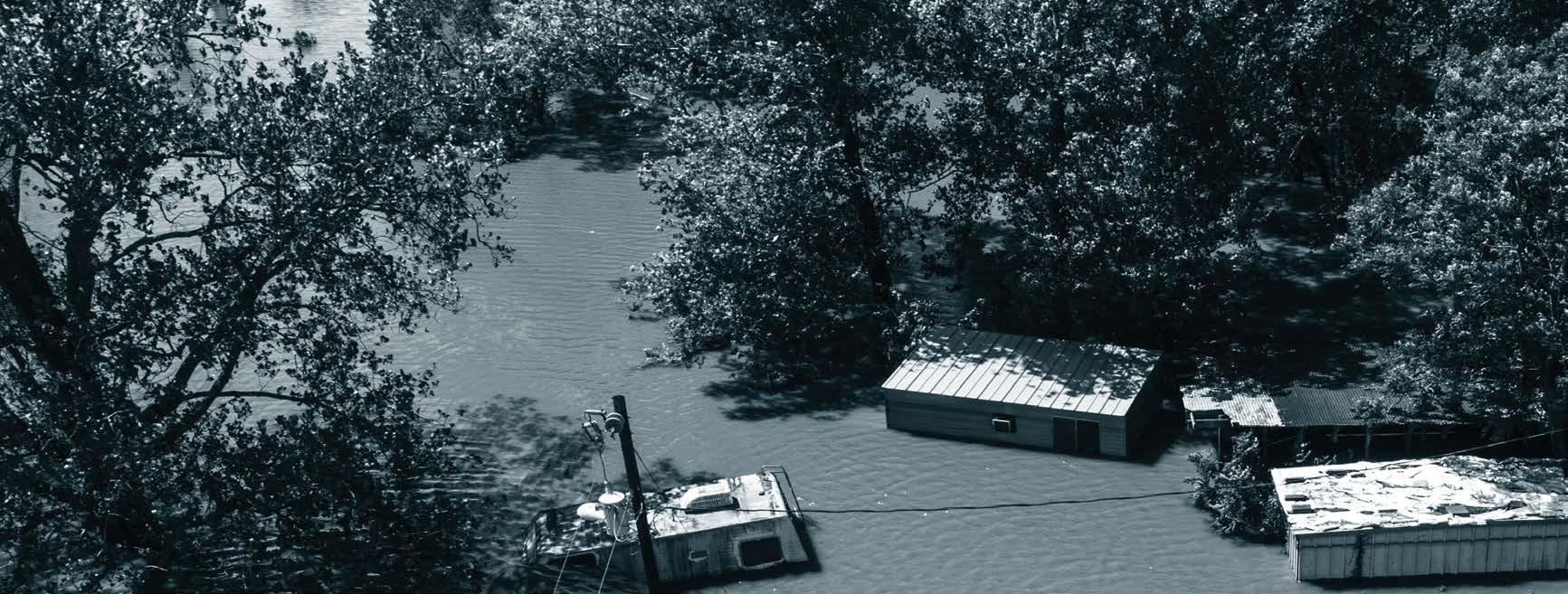
PAHARA INSTITUTE $ 45,000 — Towards support of Texas-based fellows in the Pahara leadership program.
PHILANTHROPY ROUNDTABLE $ 5,000 Towards Roundtable membership.
PREDICT ALIGN PREVENT $ 100,000 — Towards startup operational capacity to pursue the mission of preventing child abuse and neglect through geospatial predictive risk analysis.
PRESBYTERIAN NIGHT SHELTER $ 206,882 Towards child advocates working with homeless children at the shelter.
STEER FORT WORTH $ 5,000 1,500
Towards programs that unite the community by providing meaningful opportunities for all students to learn and lead.
LEADERS $ 9,000 Towards the placement of three summer policy fellows.
of Other Education Funding $
In August 2017, Hurricane Harvey made landfall and devastated the Texas Gulf Coast, impacting more than six million Texans. More than 42,000 students were displaced across school district lines, and it is estimated that the damage done to the Gulf Coast region will require years of support and hundreds of billions of dollars to rebuild infrastructure, including schools. Recognizing the need for a rapid response to help the children affected by the hurricane, the Rainwater Charitable Foundation joined a coalition of local, state, and national funders to launch the Harvey KIDS Education Fund. The fund was created to provide expedited financial support to help affected school districts address their most critical needs.
The Harvey KIDS Education Fund deployed a total of $1.6 million in grant funds over the span of five months to 25 school districts and charter schools serving approximately 76,000 students. These emergency funds allowed school districts to provide transportation to and from school for impacted students and teachers, mental health resources for children traumatized by the storm, and targeted tutoring and instructional support to make up missed days of learning due to the hurricane and its after effects.
Towards FWISD playground rebuild volunteer project.
TEGAC (TEXAS EDUCATION GRANTMAKERS ADVOCACY CONSORTIUM)/AUSTIN COMMUNITY FOUNDATION $ 10,000 5,000 Towards membership in the consortium and research conducted by the Teacher Preparation Policy Work Group.
TEXAS ARCHIVE OF THE MOVING IMAGE $ 20,000 Towards strategic planning.
TEXPROTECTS $ — 20,000 Towards study on needs of children aging out of foster care.
TYLER JR. GOLF FOUNDATION/FIRST TEE $ 45,000
Towards implementation of the First Tee’s Life Skills Curriculum in Tyler, Texas.
123
THE NUMBER OF EDUCATION-RELATED ORGANIZATIONS SUPPORTED BY A RAINWATER CHARITABLE FOUNDATION GRANT IN 2017 AND 2018
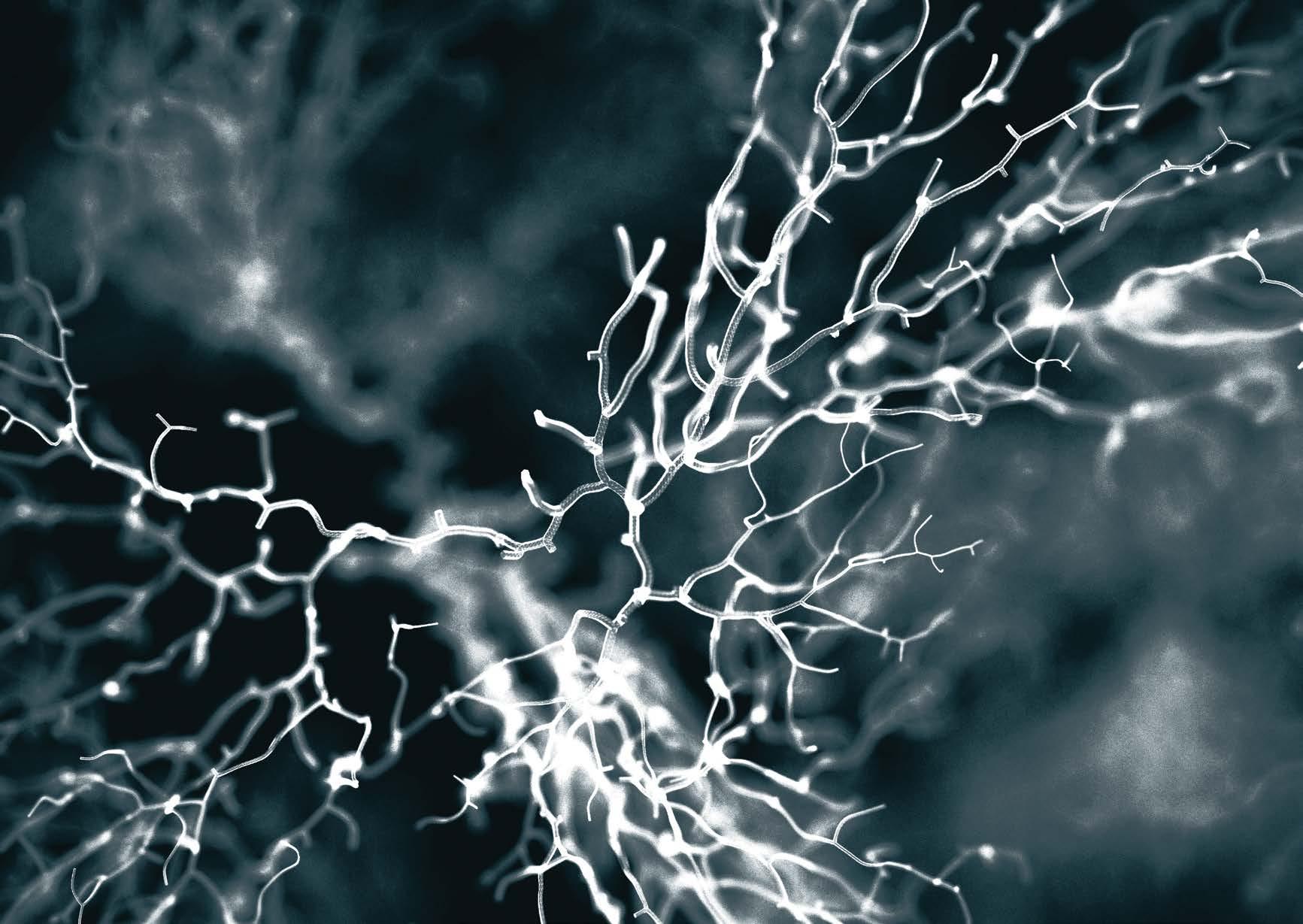
—Michio Kaku “ “
The human brain has 100 billion neurons, each neuron connected to 10 thousand other neurons. Sitting on your shoulders is the most complicated object in the known universe.
In 2009, shortly after Richard Rainwater was diagnosed with a rare neurodegenerative disease called Progressive Supranuclear Palsy (PSP), he and his family met with Dr. Bruce L. Miller, one of the world’s leading physicians on neurodegenerative diseases, on the campus of the University of California at San Francisco. Afterwards, Dr. Miller, along with Dr. Kenneth S. Kosik at the University of California at Santa Barbara and Dr. Robert Kenet at New York-Presbyterian/ Weill Cornell Medical College, arranged a meeting for Richard at Cornell University with some of the top scientists and clinicians from around the world.
“From the initial Cornell meeting in 2009, the idea of a consortium evolved very quickly,” says Dr. Miller. “It was focused on Richard, which was the right thing, and his presence there was particularly inspiring to the scientists in the room from the start. We felt that the idea of a collaborative of an eclectic group of people was novel, but in retrospect it kind of mirrored the way Richard operated.”
Shortly thereafter, the Rainwater Charitable Foundation launched the Tau Consortium as its first foray into medical research. Since that time, the Foundation’s medical research initiatives have expanded and evolved, but the core mission has remained unchanged:
n Funding world-class basic research and drug discovery to accelerate the development of new treatments for PSP and other neurodegenerative disorders involving the toxic build-up of the tau protein
n Encouraging academic researchers, non-profit organizations, industry players, and regulators to work collaboratively for the benefit of patients
n Providing leadership for special initiatives to accelerate our collective progress
Today our medical research program includes the Tau Consortium, the Rainwater Prize Program, and several other initiatives, all of which are designed to accelerate the development of new treatments for those who suffer from tauopathies. Since 2009, the Foundation has invested more than $115 million in our medical research program. This accounts for more than 60% of all taurelated grantmaking by U.S. philanthropies over the last decade, including more than 75% of the funding provided for treatment development projects.
We recognize that patients and families are counting on us. That’s why we act with urgency and with the patient in mind.
From basic research to clinical trials, working with patient groups, the U.S. Food and Drug Administration (FDA), other funders, and pharmaceutical companies, our mission is to find ways to guide additional effective treatments into clinical trials, with the ultimate goal of finding a cure for tauopathies.
What is tau and why focus on tauopathies?
The tau protein is present in the brains of healthy people, but its abnormal buildup seems to be an important characteristic of Alzheimer’s Disease (AD), Progressive Supranuclear Palsy (PSP), Chronic Traumatic Encephalopathy (CTE), and more than twenty other serious neurodegenerative diseases. Collectively, these diseases are called “tauopathies.”

Pure tauopathies (e.g., PSP) are diseases where abnormal tau appears to be the primary pathology, while in other tauopathies (e.g., Alzheimer’s), there may be other proteins that are aggregating in addition to tau.
mutations and other cellular events alter the normal folding process, and the misfolded proteins begin to accumulate. The accumulation of tau is thought to disrupt normal cellular function and lead to the death of neurons.
As part of normal function, proteins in the body fold into different shapes to perform specific functions. When these proteins are no longer needed, they are broken down and recycled by the cell. In many neurodegenerative diseases, Progressive Supranuclear Palsy is a relatively rare disease, but it is no longer being overlooked by the pharmaceutical industry. The FDA’s orphan drug program helps to streamline the drug development process, which improves potential financial returns. And because it is a pure tauopathy, many scientists believe finding treatments for PSP may be an important step to curing a wide range of other neurodegenerative diseases.
Due to its misfolded state being a consistent component of so many incurable neurodegenerative diseases, studying and potentially targeting tau dysfunction is critical for the development of new treatments in this field.
1 IN 3 6.2%
THE NUMBER OF SENIORS WHO DIE WITH ALZHEIMER’S OR ANOTHER DEMENTIA – THESE DEMENTIAS KILL MORE THAN BREAST CANCER AND PROSTATE CANCER COMBINED 2
CLINICAL TRIAL SUCCESS
RATE FOR CENTRAL NERVOUS SYSTEM DRUG CANDIDATES 4
$119,654
BILLION
COST FOR DEVELOPING A
A $1,640,367 Tau Consortium Investigators’ Meetings Page 58
B $6,862,834 Mechanisms & Models Page 60
C $5,318,682 Genomics and Stem Cells Page 64
D $6,902,164 Drug Discovery & Translation Page 66
E $5,291,852 Clinical Trials and Biomarkers Page 75
F $4,651,578 Core Platforms Page 80
G $317,548 Other Medical Research Funding Page 86
H $274,805 Tau-Pipeline Enabling Program (T-PEP) Page 87
$137,044 Rainwater Prize Page 88
$31,396,874
The Tau Consortium is an innovative medical research program that was launched in 2009 by the Rainwater Charitable Foundation. In 2017 and 2018, the Consortium funded research at approximately two dozen prestigious academic research institutions, with the goal of making new discoveries to help feed the pipeline of new treatments moving toward human trials.
The Consortium then helps these academic researchers translate their discoveries into novel therapeutics for tauopathies. Integral to the Tau Consortium’s philosophy is collaboration—members must work with each other and with external partners with the aim of accelerating their progress. Major advances have already been achieved using this model. In just a few short years, our funded researchers have identified a key risk gene involved in tauopathies, discovered radically new disease mechanisms, and developed stem cell and other relevant models to enable drug discovery efforts. Most important, we’ve helped to put eight treatments into human trials and have nearly two dozen more drug discovery programs in the pipeline. Increasingly, the Tau Consortium is recognized as a leader in the field. The following pages highlight the various research projects taking place around the world.
Biomarker development and imaging advancements will improve clinical trial success by providing accurate and early diagnosis to ensure the right patients enter the clinical trial. Effective monitoring of disease progression will yield quality data for clinicians to accurately assess clinical trial efficacy.
&


Research focused on genetic alterations and initiating mechanisms of tauopathies, toxic tau accumulation, and resulting downstream events that ultimately lead to disease progression results in identification of targetable pathways that could lead to effective treatments for patients.
Technology that enables research including cloud-based, interconnected platforms that can analyze large-scale data sets and promote focused collaboration through resource and data sharing.
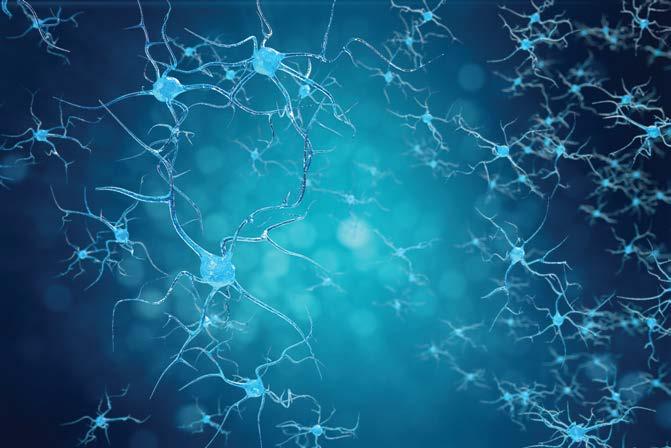
STUDIES
Building upon the fundamental discoveries in basic research, potentially targetable pathways are independently validated, and viable treatments are developed through collaborative funding and utilization of industry, government and non-profit partnerships. TARGET VALIDATION THROUGH

We’d like to offer special thanks to our Tau Consortium Scientific Advisory Board members, research leaders from around the world who help to guide our scientific research and strategic initiatives.
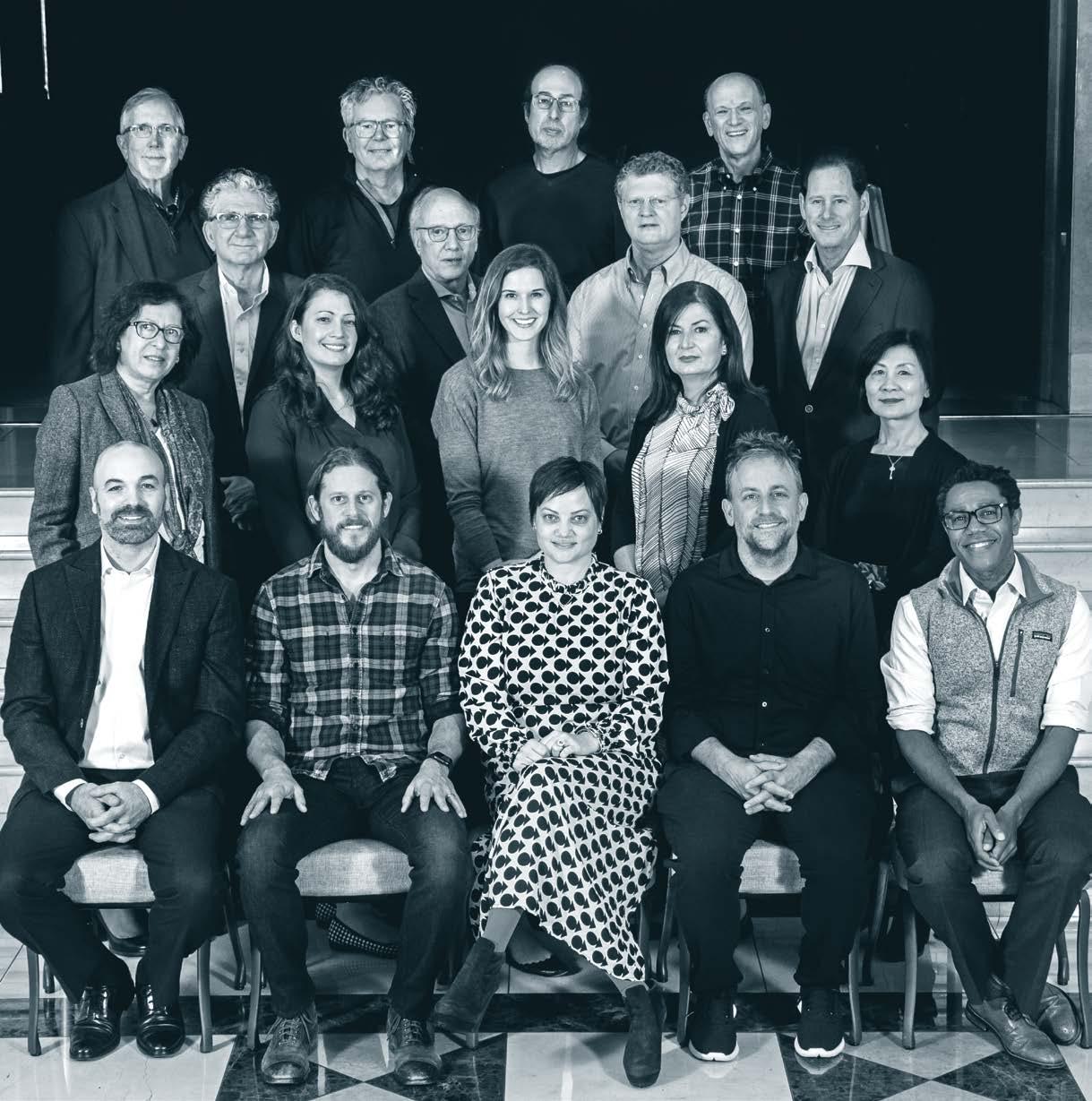
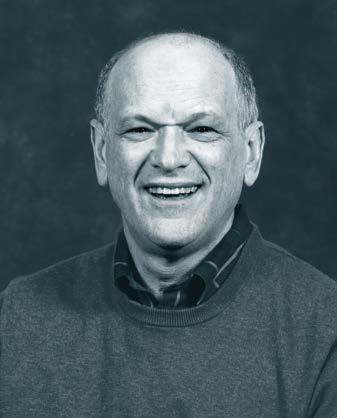
Eric J. Nestler, MD, PhD is the Nash Family Professor of Neuroscience, Director of The Friedman Brain Institute, and Dean for Academic and Scientific Affairs at the Icahn School of Medicine at Mount Sinai in New York. In 2017, he served as the President of the Society for Neuroscience, the field’s largest organization of scientists and physicians devoted to understanding the brain and nervous system. Dr. Nestler has served on the Tau Consortium’s Scientific Advisory Board since 2012 and currently serves as its Chair.
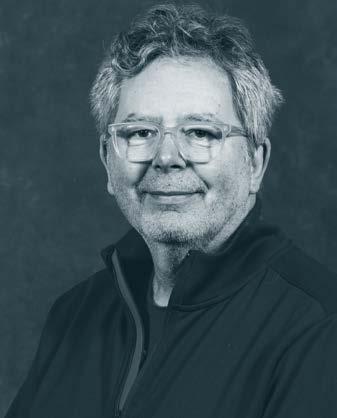
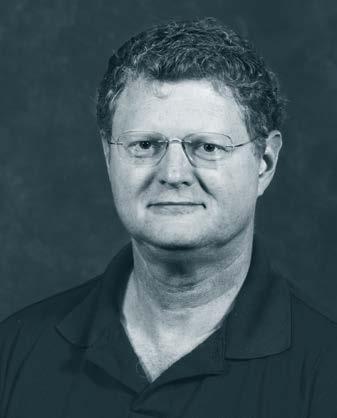
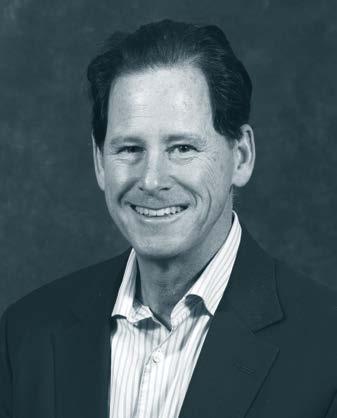
James E. Audia, PhD currently serves as the Executive Director of the Chicago Biomedical Consortium. He is the former Chief Scientific Officer of Constellation Pharmaceuticals, where he continues to serve as a board member. Earlier in his career, Dr. Audia spent more than 20 years at Eli Lilly, where he was named a Distinguished Lilly Scholar (the highest rung on the company’s scientific ladder). He joined the Tau Consortium’s Scientific Advisory Board in 2014.
Bradley F. Boeve, MD serves as Professor of Neurology and Director of the Division of Behavioral Neurology at Mayo Clinic in Rochester, Minnesota. He is a recognized expert in sleep medicine and non-Alzheimer’s degenerative dementias, and the Co-Director of the Clinical Core of Mayo’s Alzheimer’s Disease Research Center. Dr. Boeve has been a member of the Tau Consortium’s Scientific Advisory Board since 2012.
Everett R. Cook, MBA is a managing member at Pouschine Cook Capital Management, LLC, a firm that he co-founded in 1998. Mr. Cook serves on the Board of several non-profit organizations, including CurePSP, where he serves as Vice Chair. He joined the Tau Consortium’s Scientific Advisory Board in 2014.
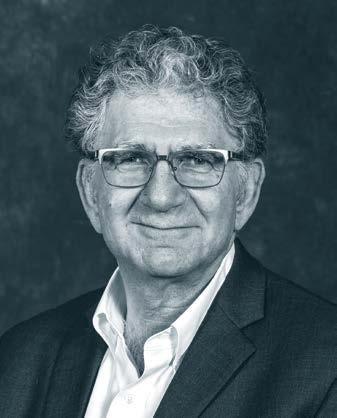
Howard Feldman, MD, FRCP is a Professor of Neurosciences at the University of California, San Diego. He is the current Director of the Alzheimer’s Disease Cooperative Study (ADCS) and former Therapeutic Area Head for Neuroscience Global Clinical Research at Bristol-Myers
Squibb. Dr. Feldman has been a member of the Tau Consortium’s Scientific Advisory Board since 2015.
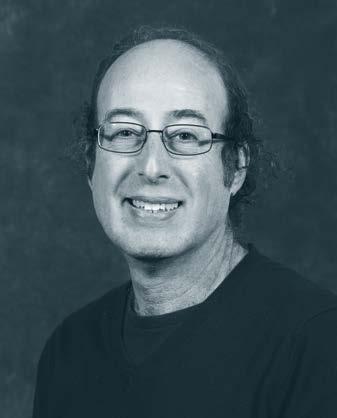
Kenneth S. Kosik, MD is the Harriman Professor of Neuroscience Research and Co-Director of the Neuroscience Research Institute at the University of California, Santa Barbara. Dr. Kosik was one of the field’s earliest pioneers in the investigation of the tau protein. He is a founding Co-Director of the Tau Consortium and transitioned to the Scientific Advisory Board in 2018.
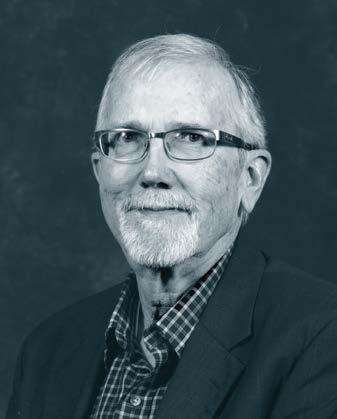
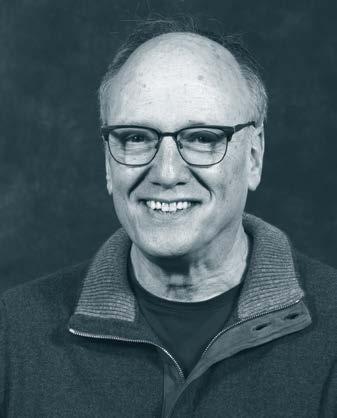
Patrick C. May, PhD is President of ADvantage Neuroscience Consulting, LLC. He previously spent 25 years at Eli Lilly, where he retired as a Senior Research Fellow in the Neuroscience Discovery Research area. Dr. May joined the Tau Consortium’s Scientific Advisory Board in 2016.
Bruce L. Miller, MD is the Distinguished Professor of Neurology and Director of the Memory and Aging Center at the University of California, San Francisco. He is also the Director of the Global Brain Health Institute. Dr. Miller is widely recognized as one of the world’s leading authorities in frontotemporal dementia research and patient care. He is a founding Co-Director of the Tau Consortium and transitioned to the Scientific Advisory Board in 2018.
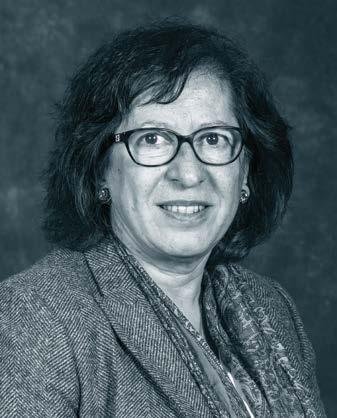
Maria Grazia Spillantini, PhD is Professor of Molecular Neurology at the University of Cambridge in the United Kingdom. An elected Fellow of The Royal Society, she is credited with many important discoveries in the understanding of Parkinson’s disease, dementia with Lewy bodies, and frontotemporal dementia. Dr. Spillantini joined the Tau Consortium’s Scientific Advisory Board in 2018.
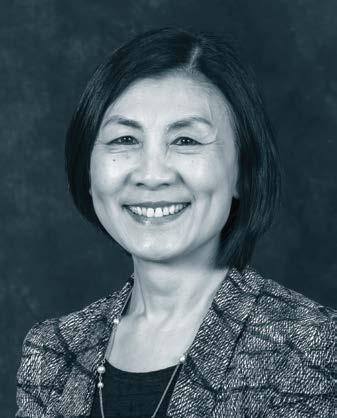
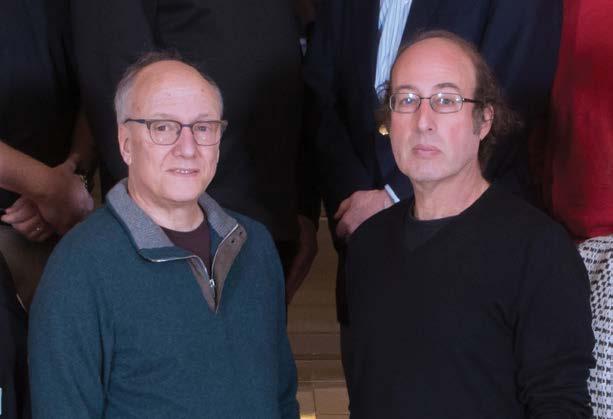
Hui Zheng, PhD is the Director of the Huffington Center on Aging at the Baylor College of Medicine, where she also holds multiple appointments as a professor of genetics, molecular/ cellular/developmental biology, and neuroscience. She is a leader in the field of Alzheimer’s Disease research.
Dr. Zheng joined the Tau Consortium’s Scientific Advisory Board in 2018.
Drs. Bruce Miller and Ken Kosik were the founding Scientific Co-Directors of the Tau Consortium. The program simply would not exist today without the vision and leadership of these two pioneering researchers.
In the early days of the Tau Consortium, the Directors were instrumental in defining the interdisciplinary scope of the program, recruiting the best researchers in the world, and forging an effective model for accelerating their work. The Directors’ unwavering commitment to world-class science and collaboration across disciplines and institutions was ahead of its time. The model they pioneered quickly began to produce results and has since been replicated by many other groups.
Since the Tau Consortium’s inception, an integral part of the program has been a twice-annual conference to support the efforts of our funded researchers. These invitation-only gatherings serve as the backbone of our medical research program.
The meetings provide a welcoming environment in which highly collaborative experts can come together and confidentially share research methods, results, and ideas across disciplines and institutional boundaries.
Over the years, the Tau Consortium Investigators’ Meetings (TCIM) have evolved into an important crossroads for the broader community of tau researchers. During the 2017–2018 timeframe, we were joined by more than two dozen guest scientists from half a dozen different countries. These special guests presented their latest breakthroughs, challenged our group’s thinking, and helped us to understand emerging topics in the field. Special topics included neuroinflammation, brain trauma/CTE, artificial intelligence, and innovations in drug development.
TCIM has also become an important vehicle for coordinating the activities of the major funding partners, advocacy groups, and other key stakeholders in the ecosystem. Beginning in 2017, we placed an increased emphasis on this by convening a series of breakout sessions specifically focused on helping
these partners to discuss key priorities and develop shared action plans. In 2017–2018, participants in these sessions included senior representatives from the National Institutes of Health, Alzheimer’s Association, Alzheimer’s Drug Discovery Foundation, Chan Zuckerberg Initiative, Michael J. Fox Foundation, Association for Frontotemporal Degeneration, CurePSP, The Bluefield Project, CBD Solutions, Concussion Legacy Foundation, and The Milken Institute.
The highlight of every TCIM is a personal address by a patient advocate who has been affected by a serious neurodegenerative disorder. Sometimes these speeches are delivered by a prominent American with a close family connection to the disease, such as a former U.S. Cabinet Secretary. In other cases, it’s delivered by an ordinary American showing extraordinary courage in the face of tremendous adversity, such as a PSP patient or their family caregiver. In all cases, these advocates keep us focused on the human impact of tau-related neurodegenerative disorders, and the need to accelerate our collective efforts in whatever ways we can.
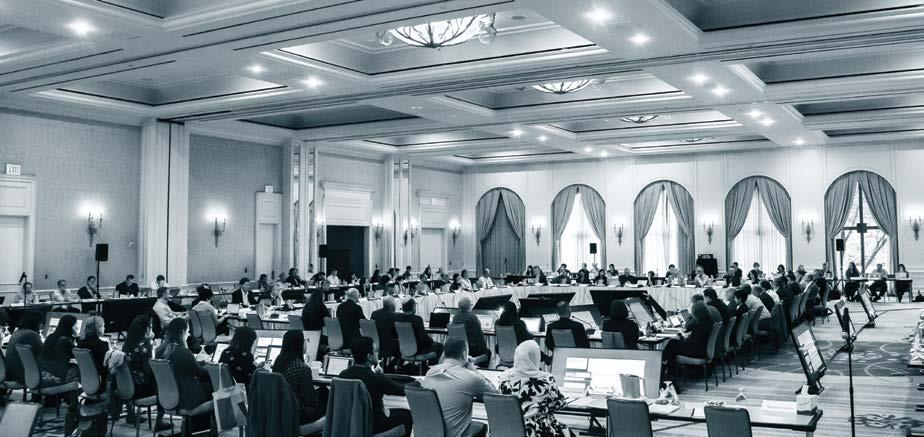
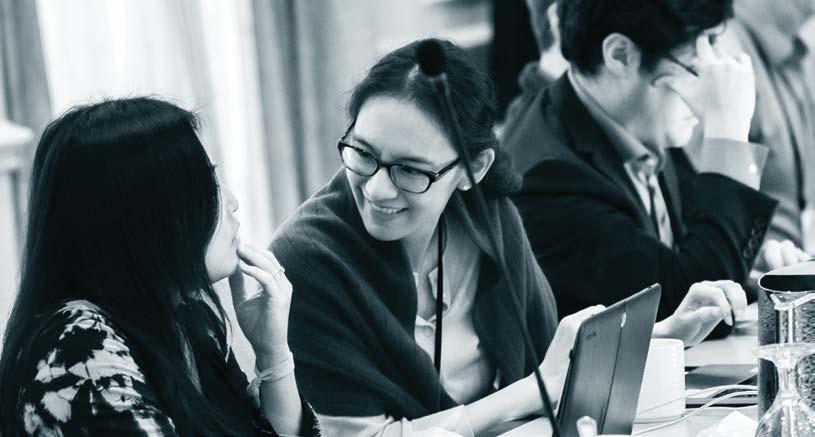
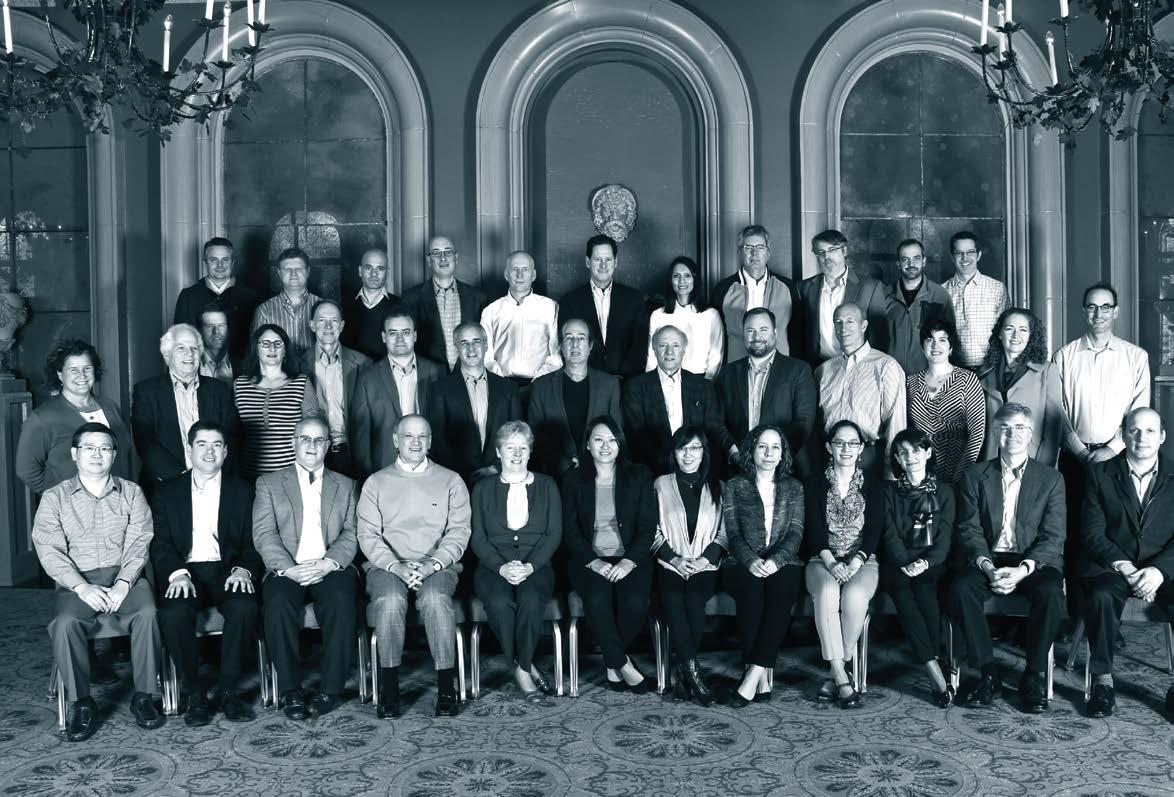
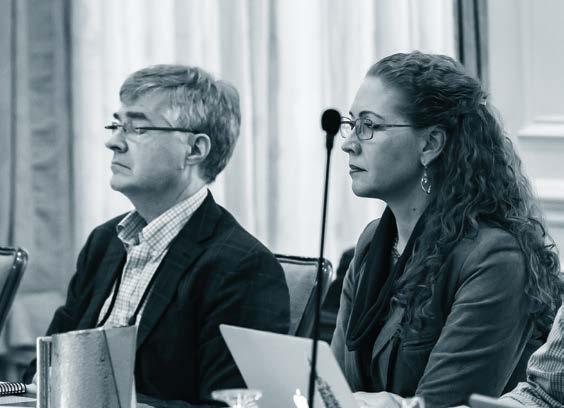
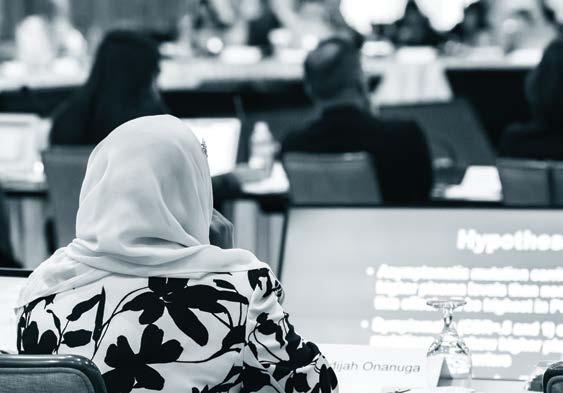

To find better treatments, researchers need to better understand the diseases they are working to treat. Our funded researchers attempt to uncover the biological mechanisms that initiate neurodegenerative disease and identify pathways that could be targeted to prevent disease. This area of research covers the mechanisms behind tau protein production as well as tau propagation (i.e., how the toxic protein spreads from cell to cell along specific networks). We also have a strong research focus on the mechanisms that naturally clear tau, and how we might develop treatments to speed up the clearance of these toxic proteins or even prevent accumulation.
A necessary component of studying these diseases in the lab is the development and use of relevant models that accurately depict the disease as it develops in humans. Researchers use these model systems to test potential therapies, look for molecular changes at different stages, and measure tau levels. These model systems allow for rapid hypothesis testing, thus making it possible to elucidate mechanisms of tauopathies like PSP that pave the way to effective treatments for patients.
COLUMBIA UNIVERSITY MEDICAL CENTER
Researcher: Karen Duff, PhD
Impact of tau strains on phenotype diversity.
HARVARD MEDICAL SCHOOL/BOSTON CHILDREN’S HOSPITAL
Researcher: Judith Steen, PhD
Quantitative proteomic to understand FTD related tauopathies.
HARVARD MEDICAL SCHOOL/BOSTON CHILDREN’S HOSPITAL
Researcher: Judith Steen, PhD
Quantitative proteomics to understand the role of A152T tau and other tau variants in neurodegeneration.
J. DAVID GLADSTONE INSTITUTES
Researcher: Lennart Mucke, MD
Pathogenic mechanisms of A152T-variant hTau and related therapeutic strategies.
J. DAVID GLADSTONE INSTITUTES
Researcher: Lennart Mucke, MD
Tauopathy mechanisms.
MASSACHUSETTS GENERAL HOSPITAL/ HARVARD MEDICAL SCHOOL
Researcher: Bradley T. Hyman, MD, PhD
Cell specific features of tau propagation.
MASSACHUSETTS GENERAL HOSPITAL/ HARVARD MEDICAL SCHOOL
Researcher: Bradley T. Hyman, MD, PhD
Neurological consequences of tau.
MOUNT SINAI SCHOOL OF MEDICINE
Researcher: Alison M. Goate, DPhil
Investigating the MAPT H1 haplotype genetic susceptibility for PSP.
MOUNT SINAI SCHOOL OF MEDICINE
Researcher: Alison M. Goate, DPhil
Understanding the regulation of MAPT.
NEURAL STEM CELL INSITITUTE
Researcher: Sally Temple, PhD
Identifying early cellular and molecular phenotypes in tauopathies.
UNIVERSITY OF CALIFORNIA, SAN FRANCISCO
Researcher: Aimee Kao, MD, PhD
Elucidating the molecular mechanisms underlying selective vulnerability to tauopathy.
UNIVERSITY OF CALIFORNIA, SAN FRANCISCO
Researcher: Aimee Kao, MD, PhD
Investigating the mTOR pathway in tau-related neurodegeneration.
UNIVERSITY OF CALIFORNIA, SAN FRANCISCO
Researcher: Jason Gestwicki, PhD
Understanding how “damaged” tau is cleared by the molecular chaperone network.
UNIVERSITY OF CALIFORNIA, SAN FRANCISCO
Researcher: Lea Grinberg, MD, PhD
Neurological basis of sleep disruption in PSP and other tauopathies.
UNIVERSITY OF CALIFORNIA, SANTA BARBARA
Researcher: Kenneth S. Kosik, MD
Tau uptake and its liquid phase separated state.
UNIVERSITY OF CALIFORNIA, SANTA BARBARA
Researcher: Songi Han, PhD
Mechanism and role of the tau-RNA droplet state.
UNIVERSITY OF CALIFORNIA, SANTA BARBARA
Researcher: Songi Han, PhD
Molecular and structural basis of tau seeding.
UNIVERSITY OF CALIFORNIA, SANTA BARBARA
Researcher: Songi Han, PhD
Protein conformational signature of tau neuropathology.
UNIVERSITY OF SOUTHERN CALIFORNIA
Researcher: Justin Ichida, PhD
Defining the role of microglia in neurodegeneration caused by mutations in MAPT.
UT HEALTH SCIENCE CENTER SAN ANTONIO
Researcher: Bess Frost, PhD
Investigating transposable element activation as a causal mediator of neuronal death in tauopathy.
UNIVERSITY OF TEXAS SOUTHWESTERN MEDICAL CENTER
Researcher: Marc Diamond, MD
Conformation-based mechanisms of tauopathy.
WASHINGTON UNIVERSITY IN ST. LOUIS
Researcher: Celeste Karch, PhD
Dysregulation of proteostasis in stem cell models of tauopathies.
WASHINGTON UNIVERSITY IN ST. LOUIS
Researcher: David Holtzman, MD
Effects of TREM2 and ApoE on tau-mediated neurodegeneration.
WASHINGTON UNIVERSITY IN ST. LOUIS
Researcher: Timothy Miller, MD, PhD
Determining the link between tau isoform changes and astrocyte pathology.
Mechanisms and Models Funded Research
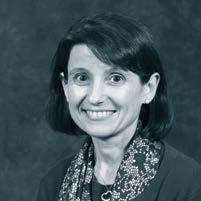
Ana Maria Cuervo, MD, PhD serves as co-director of the Einstein Institute for Aging Research at the Albert Einstein College of Medicine. Her work focuses on understanding why the body’s normal mechanisms for removing toxic proteins inside cells do not work properly in tau-related diseases like Alzheimer’s and PSP. A major goal of her research is to restore the normal function of the body’s cellular cleaning systems. Dr. Cuervo has received several awards for her work and was named to the 2018 Highly Cited Researchers List (ranking of top 1% cited researchers). She is the Chair of the National Institute on Aging’s Board of Scientific Counselors and is an elected member of the American Academy of Arts and Sciences.
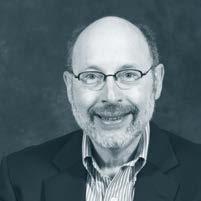
Bradley T. Hyman, MD, PhD serves as Director of the Massachusetts Alzheimer Disease Research Center at Massachusetts General Hospital, Harvard Medical School. Dr. Hyman’s work focuses on understanding the spreading of the Tau protein from neuron to neuron, with an interest in uncovering exactly which form of tau is most active in its ability to move across the brain. Dr. Hyman was given the top-cited author designation by Web of Science in 2018. He was also named to the Executive Committee and the Project Evaluation Committee of the Alzheimer’s Clinical Trials Consortium (ACTC), the national clinical trials program supported by the National Institute on Aging.
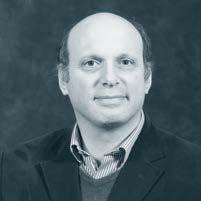
David Rubinsztein, MB CHB, BSC(MED), PhD serves as Wellcome Trust Principal Research Fellow and Deputy Director of the Cambridge Institute for Medical Research. Dr. Rubinsztein’s research aims to ameliorate diseases caused by tau accumulation by enhancing the cellular removal of this protein, a concept supported by a number of studies in different in vivo models. His work focuses on a class of receptors on the cell surface (called G protein-coupled receptors) that impact tau degradation. Dr. Rubinsztein was the 2017 winner of the Roger de Spoelberch Prize. He was also named a Clarivate Analytics Highly Cited Researcher in 2018, a list that recognizes worldwide researchers whose citation records position them in the top 1% for their field and year in Web of Science.
In August 2017, in a study that was partially funded by the Tau Consortium, a team of researchers from the University of California, San Francisco and the University of California, Berkeley used positron emission tomography (PET) imaging data from 40 patients to show that the tau protein is building up specifically in those areas of the living brain that are known to cause problems in Alzheimer’s Disease. The findings suggest that tau may be playing a much more direct and significant role in the disease than the amyloid protein does.
As the researchers explained in the article:
“Our results showed that decreased cognitive performance in each domain was related to increased Tau PET signaling in specific brain regions conforming to established brain-behavior relationships…
Together, these results show that tau pathology is related in a region-specific manner to cognitive impairment in Alzheimer’s disease. These regional relationships are weakly related to amyloid burden but are in part mediated by grey matter volumes. This suggests that tau pathology may lead to cognitive deficits through a variety of mechanisms, including, but not restricted to, grey matter loss. These results might have implications for future therapeutic trials targeting tau pathology.”
This exciting study speaks to the Tau Consortium’s potential impact in PSP, Alzheimer’s, and beyond. It was published in the October 2017 issue of Brain and Life Magazine and was title “Tau Pathology and Neurodegeneration Contribute to Cognitive Impairment in Alzheimer’s Disease”. It was co-authored by Tau Consortium members Dr. Gil Rabinovici, Dr. Bill Jagust, Dr. Bruce Miller, and their colleagues. At the end of the article, the Tau Consortium was acknowledged for helping to fund the study.
Neurons grown from patient-derived induced pluripotent stem cells (iPSCs) allow scientists to replicate a specific patient’s disease in a petri dish, which allows them to see the molecular changes and processes that occur. It also allows researchers to quickly and safely test potential treatments. Using human tissue samples and stem cell models, our funded scientists can perform whole-genome sequencing of large numbers of patients and samples in order to search for gene variations that either directly cause disease or impact the risk for developing disease. Multidimensional analyses of genetic data can help to identify genetic and epigenetic changes (e.g., methylation, phosphorylation at the gene level) that may affect the risk for various frontotemporal dementias.

MASSACHUSETTS GENERAL HOSPITAL/ HARVARD MEDICAL SCHOOL
Researcher: Stephen Haggarty, PhD
Chemical genomic approaches to tau biology using human iPSC-derived neurons.
MOUNT SINAI SCHOOL OF MEDICINE
Researcher: Alison M. Goate, DPhil
Improving IPSC-derived neuronal models of FTD by manipulation of MAPT splicing.
MOUNT SINAI SCHOOL OF MEDICINE
Researcher: John Crary, MD, PhD
Modeling MAPT haplotypes in autopsy-derived induced pluripotent stem cell models.
NEURAL STEM CELL INSTITUTE
Researcher: Sally Temple, PhD
Modeling disease using familial MAPT iPSC lines.
UNIVERSITY OF CALIFORNIA, LOS ANGELES
Researcher: Daniel Geschwind, MD, PhD
A functional genomics approach to identify neuronal and glial regulators of tau-mediated neurodegeneration.
UNIVERSITY OF CALIFORNIA, LOS ANGELES
Researcher: Giovanni Coppola, MD
Integrating multiple genomic approaches to study neurodegenerative tauopathies.
UNIVERSITY OF CALIFORNIA, SAN FRANCISCO
Researcher: Jennifer Yokoyama, PhD
Peripheral gene expression signatures that predict tauopathy.
UNIVERSITY OF CALIFORNIA, SAN FRANCISCO
Researcher: Martin Kampmann, PhD
Elucidating cellular mechanisms controlling tau pathology and selective vulnerability by CRISPR-based genetic screens.
UNIVERSITY OF SOUTHERN CALIFORNIA
Researcher: Justin Ichida, PhD
Generation of functional microglia from human iPSCs using defined factors.
WASHINGTON UNIVERSITY IN ST. LOUIS
Researcher: Celeste Karch, PhD
Accelerating disease phenotypes in a stem cell model of tauopathy.
J. DAVID GLADSTONE INSTITUTES
Researcher: Li Gan, PhD
Stem cell-derived microglia to model and treat tauopathies.
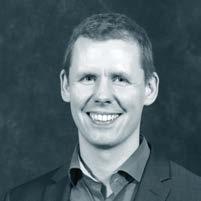
Martin Kampmann, PhD serves as Assistant Professor at the University of California, San Francisco. He and his colleagues have developed a technology to control the expression of genes in human cells, which are used to uncover mechanisms of tauopathies and new therapeutic strategies. Working with the Stem Cell Group of the Tau Consortium, his lab plans to implement this technology in brain organoid models derived from tauopathy patient cells, which provide an advanced model of tauopathies. Dr. Kampmann is the recipient of the 2017 Chan Zuckerberg Biohub Investigator Award and the Chan Zuckerberg Initiative Ben Barres Early Career Acceleration Award.
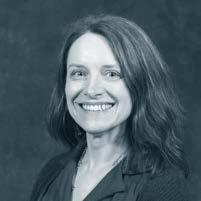
Sally Temple, PhD serves as Scientific Director, Principal Investigator, and Co-Founder of the Neural Stem Cell Institute Regenerative Research Foundation. Under her leadership, a collaborative study comprehensively phenotyped iPSC populations and generated 3D brain organoids to examine changes in tau biology, tau clearance, vulnerability to stressors, gene expression changes, and the impact of microglia. Dr. Temple served as the President of the International Society of Stem Cell Researchers for 2016–2017.
The Tau Consortium’s ultimate mission is to bring effective therapeutics to people suffering from tauopathies. Drug discovery efforts seek to take basic research discoveries and develop them into viable treatments that will succeed in clinical trials. Programs that seek to remove or reduce pathogenic tau accumulation in the brain have taken center stage in the Tau Consortium’s drug discovery research portfolio. Inhibition or modulation of the Tau protein translation by AntiSense Oligonucleotides (ASOs) or small molecules is a very promising strategy that has been fruitful in the treatment of other diseases. Likewise, small molecules that activate cellular processes for removal of damaged or misfolded tau, or that prevent its cell-to-cell propagation, hold much promise. Another exciting program in our portfolio is clearing tau using a two-headed molecule called a PROTAC, which is capable of simultaneously binding the toxic Tau protein with one head and binding a different protein (the E3 Ubiquitin Ligase) to the other head, which may ultimately result in Targeted Protein Degradation (TPD).

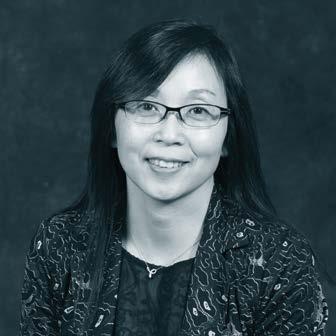
The Tau Consortium provided seed funding for Aeton Therapeutics, a spin-out from the lab of TC investigator Dr. Li Gan. This funding allowed Dr. Gan to launch a venture to develop a program to target acetylated Tau, building on previously TC-funded work that showed that acetylated Tau is particularly damaging to the brain. This venture will in-license intellectual property that was created in Dr. Gan’s lab at the J. David Gladstone Institutes. It includes small molecules and a new generation of highly targeted antibodies against acetylated tau.
Genomics and Stem Cell Funded Research
AETON THERAPEUTICS
Researcher: Li Gan, PhD
Developing tau therapies to treat PSP and other tauopathies.
ALBERT EINSTEIN COLLEGE OF MEDICINE
Researcher: Ana Maria Cuervo, MD, PhD
Modulation of selective autophagy pathways against tau toxicity.
ALBERT EINSTEIN COLLEGE OF MEDICINE
Researcher: Ana Maria Cuervo, MD, PhD
Selective autophagies (CMA and eMI) in tau pathophysiology.
BRIGHAM & WOMEN’S HOSPITAL/ HARVARD MEDICAL SCHOOL
Researcher: Anna Krichevsky, PhD miR-132 neuroprotection for tauopathies.
CURE NETWORK DOLBY ACCELERATION PARTNERS LLC
Researcher: Lennart Mucke, MD
Development of small-molecule tau lowering drugs to treat tauopathies.
MASSACHUSETTS GENERAL HOSPITAL/ HARVARD MEDICAL SCHOOL
Researcher: Stephen Haggarty, PhD
Development of tau-targeted protein degraders as a novel therapeutic strategy for dementia.
MASSACHUSETTS GENERAL HOSPITAL/ HARVARD MEDICAL SCHOOL
Researcher: Stephen Haggarty, PhD
Identifying early cellular and molecular stem cells collaborative project.
MILKEN INSTITUTE CENTER FOR STRATEGIC PHILANTHROPY
Researcher: Cara Altimus, PhD
Benchmarking of philanthropic drug discovery programs.
NEURAL STEM CELL INSTITUTE
Researcher: Sally Temple, PhD
Targeted degradation of intracellular tau.
THE SCRIPPS RESEARCH INSTITUTE, FLORIDA
Researcher: Matthew Disney, PhD
Controlling tau production by targeting its RNA with designer molecules.
THE SCRIPPS RESEARCH INSTITUTE, FLORIDA
Researcher: Matthew Disney, PhD
Targeting RNAs associated with tauopathies with small molecules.
UNIVERSITY OF CALIFORNIA, LOS ANGELES
Researcher: Daniel Geschwind, MD, PhD
Validating small molecules that modulate PSA.
UNIVERSITY OF CALIFORNIA, SAN FRANCISCO
Researcher: Michelle Arkin, PhD
Advancing the Tau Consortium drug discovery portfolio.
UNIVERSITY OF CALIFORNIA, SAN FRANCISCO
Researcher: Michelle Arkin, PhD
Developing orally bioavailable chemical tools and drug leads targeting the lysine acetyltransferase p300/CBP.
MOUNT SINAI SCHOOL OF MEDICINE
Researcher: Ross Cagan, PhD
Drosophila drug screening technology.
UNIVERSITY OF CALIFORNIA, SAN FRANCISCO
Researcher: Stanley Prusiner, MD
Accelerating drug discovery for primary tauopathies.
UNIVERSITY OF CALIFORNIA, SANTA BARBARA
Researcher: Kenneth S. Kosik, MD
Sites for pharmacologic intervention in tau pathobiological pathways.
UNIVERSITY OF CAMBRIDGE, UK
Researcher: David Rubinsztein, MD, ChB, BSc, PhD
Identification of druggable pathways for tauopathies.
UNIVERSITY OF TEXAS SOUTHWESTERN MEDICAL CENTER
Researcher: Marc Diamond, MD
Conformation-based development of anti-tau therapy.
UNIVERSITY OF TEXAS SOUTHWESTERN MEDICAL CENTER
Researcher: Marc Diamond, MD
Inhibitors of aggregate uptake.
WASHINGTON UNIVERSITY IN ST. LOUIS
Researcher: David Holtzman, MD
ApoE as a treatment target for tau-mediated neurodegeneration.
WASHINGTON UNIVERSITY IN ST. LOUIS
Researcher: Timothy Miller, MD, PhD
Targeting tau in astrocytes to modulate pathology and neurodegeneration.
J. DAVID GLADSTONE INSTITUTES
Researcher: Li Gan, PhD
Developing acetylated tau-targeted immunotherapy.
WEILL CORNELL MEDICINE
Researcher: Li Gan, PhD
Targeting microglia-mediated tau toxicity and spread to treat tauopathies.
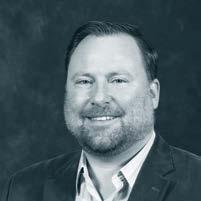
Stephen Haggarty, PhD serves as director of the Chemical Neurobiology Laboratory, Center for Genomic Medicine at Massachusetts General
Hospital. He is also head of Neuropharmacology, Center for Experimental Drugs and Diagnostics at Massachusetts General Hospital, Department of Psychiatry. His research seeks to understand the molecular events leading to disease pathogenesis and neuronal loss, with the ultimate aim of developing innovative targeted degradation strategies for tauopathies.

The Tau Consortium funded a six-month, open-label, pilot futility clinical trial by Dr. Adam Boxer, in which five PSP patients received monthly donor plasma transfusions from young, healthy males, and five patients received 1500 mgs of Salsalate twice daily. It failed to show any benefit. The study was designed to test secondary outcome measures including changes in biomarker expression, motor function, cognition, activities of daily living and behavior, as measured by the PSP Rating Scale (PSPRS). Neither the PSPRS clinical ratings, nor biomarker status suggest evidence of benefit or harm from either treatment.
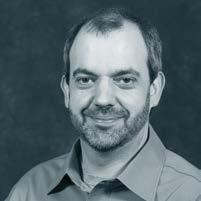
Jason Gestwicki, PhD serves as Professor, Department of Pharmaceutical Chemistry at the University of California, San Francisco. His research aims to understand how damaged tau is cleared by cells and trying to boost the ability of older cells to remove these damaged proteins. Dr. Gestwicki is a 2018 Elected Fellow of the Cell Stress Society International (CSSI), and a recipient of the 2018 Dean’s Apple Award, Outstanding Teaching in UCSF School of Pharmacy.
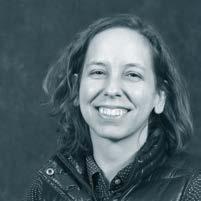
Celeste Karch, PhD serves as assistant Professor of Psychiatry at Washington University School of Medicine. Her research focuses on using stem cell models of tauopathies to identify compounds that rescue lysosomes, or the organelles responsible for degrading proteins. Dr. Karch has developed a novel method to generate brain cells from human stem cells that are similar to those found in adult human brains, and that display some of the same changes that occur in the brains of people who suffer from tauopathies. The findings from this work will establish novel targets for drug development.
Dr. Karch is the recipient of the Dominantly Inherited Alzheimer’s Disease (DIAD) Young Investigator Award and the Alzheimer’s Association International Conference Travel Award.
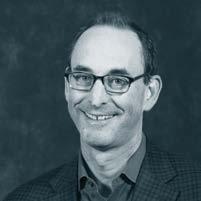
Marc Diamond, MD serves as Director, Center for Alzheimer’s and Neurodegenerative Diseases at the University of Texas Southwestern Medical Center. His research aims to develop an active vaccine for tauopathies by teaching the immune system to recognize toxic protein structures through the design of specific vaccines, and thereby preventing disease progression. Tau causes dementia in a variety of syndromes. Prior Tau Consortium support has helped Dr. Diamond and his colleagues to understand the diversity of forms that tau might take before it self-associates into toxic assemblies. Scientists are now using this knowledge to teach the immune system to recognize these structures through the design of specific vaccines that might prevent disease progression.
The Tau Consortium’s core mission is to find therapeutics that can reduce or eliminate the damage caused by the accumulation of tau in the human brain. During 2017 and 2018, the Tau Consortium’s funding bore fruit with several promising tau-targeting therapies entering the clinic.
Following their success with the FDA approval of an AntiSense Oligonucleotide (ASO) to treat infant Spinocerebellar Ataxia, Ionis Pharmaceuticals, working with Tau Consortium investigator Dr. Tim Miller and Biotechnology company Biogen, commenced Phase 1 safety trials of BIIB080, an ASO that inhibits tau mRNA to protein translation. This is the first ASO targeting tau expression to enter clinical trials. In the preclinical setting, this ASO reduced neuronal loss and neurofibrillary pathology, showed normalization of behavioral phenotypes, and prolonged survival in an adult tau-transgenic mouse model.
AbbVie, Inc. a pharmaceutical research and development company, licensed 8E12, a humanized IgG4 antibody that targets extracellular tau seeding and cell to cell propagation, from C2N Diagnostics, a company co-founded by Tau Consortium investigator Dr. David Holtzman and colleagues. 8E12 received orphan drug designation from the FDA and the European Medicines Agency for PSP, and in 2017 cleared Phase 1 safety studies. In preclinical studies in mice that express neurofibrillary tangles in their brains, ABBV-8E12 was able to reduce
levels of abnormal tau, reduce neuronal loss, and protect against cognitive decline. ABBV-8E12 (8E12) entered Phase 2 clinical trials for PSP in early 2018. Biogen, working with Tau Consortium investigator Dr. Adam Boxer, is conducting clinical testing of BIIB092, a humanized monoclonal antibody that binds to tau better than the 8E12 mentioned previously. In 2017, BIIB092 cleared safety and demonstrated target engagement by lowering CSF free tau by more than 90 percent. 2018 saw the initiation of PASSPORT, a Phase 2 trial to investigate the safety and efficacy of BIIB092 for patients with PSP.

AVERAGE TIME TO DEVELOP A TREATMENT FROM BASIC RESEARCH THROUGH FDA APPROVAL
In 2017, The Milken Institute’s Center for Strategic Philanthropy published the Giving Smarter Guide: Tauopathies. This work was commissioned by the Foundation and developed through an extensive systems-based review of the biomedical research landscape. This review contains the most recent evaluation and information about tauopathies including diagnosis, symptomatic interventions, potential therapeutic approaches, research funding analysis, and key philanthropic partners working in the space.
As part of this project, Milken completed an in-depth, comprehensive assessment of the funding landscape for tau research over the last ten years. Overall, funding for tau-related research has increased more than seven-fold in the last decade, from less than $50 million in 2006 to more than $350 million in 2016. The U.S. government provides nearly 90% of total worldwide grant funding for tau research, almost all of which comes from various components within the U.S. National Institutes of Health.
From 2006 to 2016, about 65% of all tau grant funding was used to study the pathogenesis of disease. The last few years have shown an encouraging uptick in the share of funding devoted to biomarkers but comparatively little has been spent on the development of new treatments.
This is where the Rainwater Charitable Foundation’s unique impact becomes clearer. With more than $115 million in funding committed to date, the Rainwater Charitable Foundation is by far the largest private funder of tau research in the world.
From 2006 to 2016, the Foundation accounted for more than 63% of all taurelated grant funding provided by US non-profits. And within this, the Foundation has accounted for more than 75% of all funds provided for treatment development. Overall, with 40% of our funds going to biomarkers, treatment development, or human trials, the Rainwater Charitable Foundation plays a particularly important role in translating high-quality science into promising treatments.
The report’s primary recommendation is that non-profit groups and philanthropists need to collaborate more closely with public and private players. Together, they must work to support basic research, promote the development of better diagnostic tools, facilitate more data sharing, enable increased access to biospecimens, and provide more financial support for clinical trial recruitment, design, and reporting.
To access the full report, please visit: www.tauconsortium.org and click on the “Insights” tab.
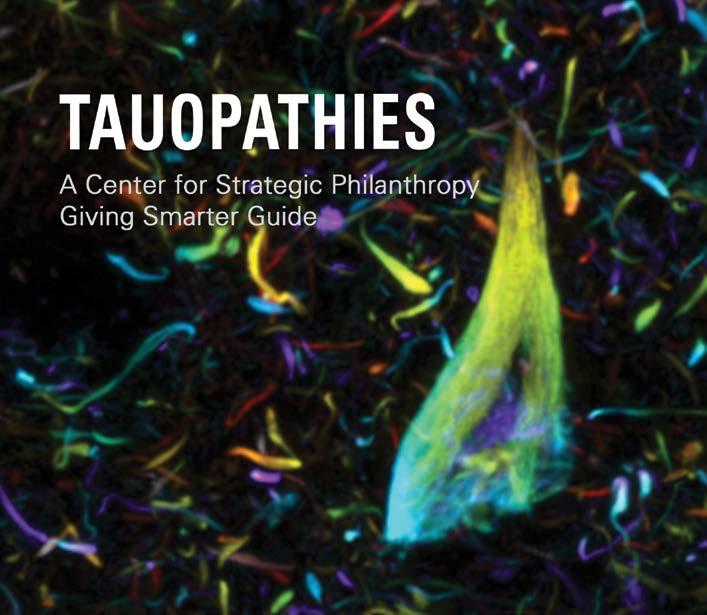
As we prepare for clinical trials of potential therapies, doctors need better tools to make accurate diagnoses to ensure the right people enter the clinical trials. They also need ways to accurately measure disease progression (for example by monitoring protein levels in the blood or spinal fluid). Recently developed techniques for measuring the health of specific networks of neurons have provided new insights for tauopathy patients and their doctors. The next step is to expand our understanding of these networks as the tauopathies progress. Resulting from work that was funded by the Tau Consortium, a clinical trial is currently underway of a compound that improves microtubule function, decreases abnormal tau, and improves thinking and movement in tauopathy patients.
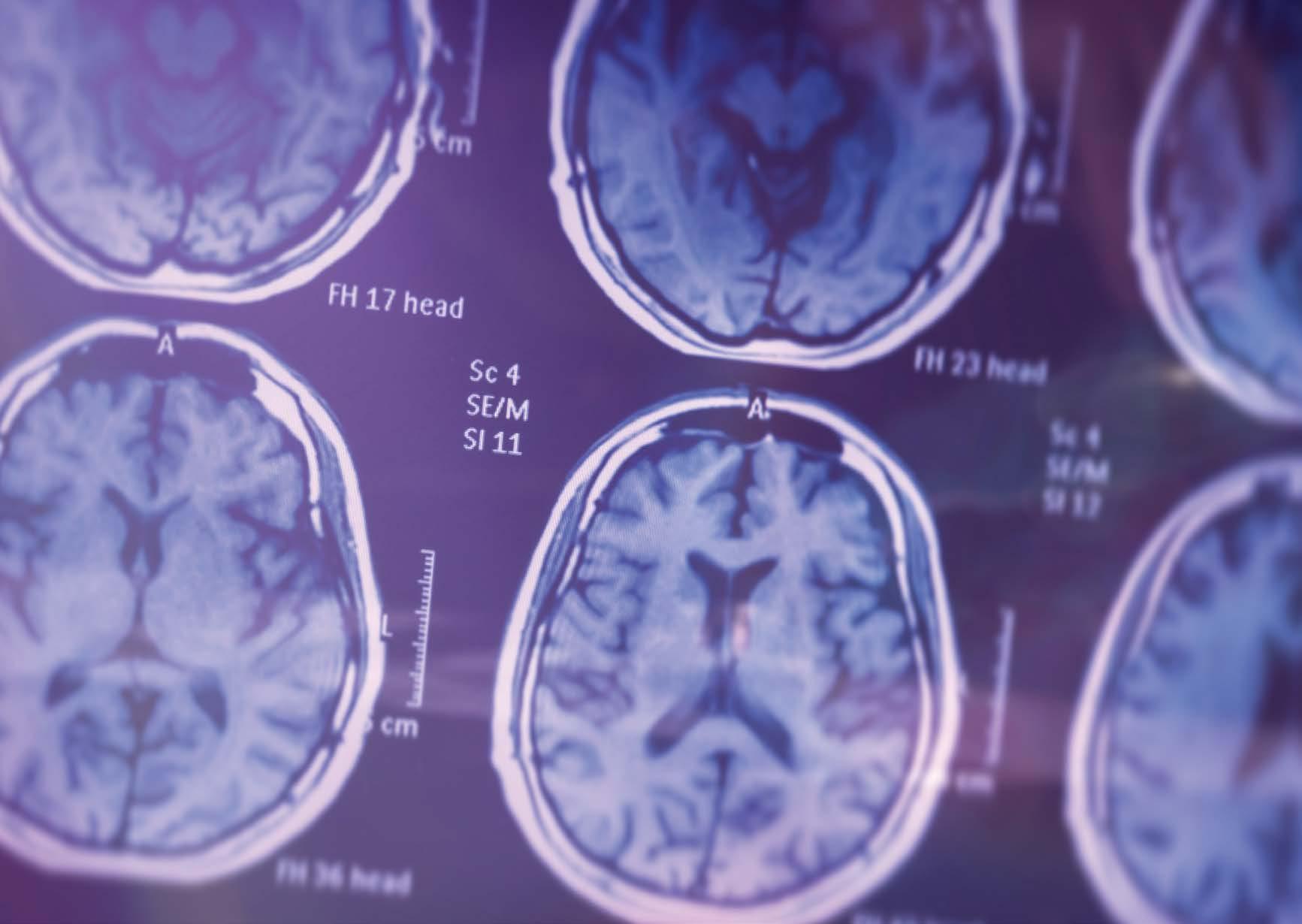
MICHAEL J. FOX FOUNDATION
Researchers: Chester Mathis, PhD/ Neil Vasdev, PhD
Discovery of selective PET imaging agents for tauopathies and alpha-synuclein.
UNIVERSITY OF CALIFORNIA, SAN FRANCISCO
Researcher: Adam Boxer, MD, PhD
Metabolomic profiling in primary tauopathies: from bench to bedside.
UNIVERSITY OF CALIFORNIA, SAN FRANCISCO
Researcher: Adam Boxer, MD, PhD
A Phase 1b, Open Label study of BMS986168 in patients with primary or secondary tauopathies.
UNIVERSITY OF CALIFORNIA, SAN FRANCISCO
Researcher: Adam Boxer, MD, PhD
Novel plasma biomarkers and portable ocular motor measurements for 4RTNI and ARTFL/ LEFFTDS.
UNIVERSITY OF CALIFORNIA, SAN FRANCISCO
Researcher: Gil Rabinovici, MD
Human tau imaging.
UNIVERSITY OF CALIFORNIA, SAN FRANCISCO
Researcher: Joel Kramer, PsyD
Identifying early markers of neuronal dysfunction in carriers of mutations causing FTD-spectrum neurodegeneration.
UNIVERSITY OF CALIFORNIA, SAN FRANCISCO
Researcher: Suzee Lee, MD
Clinical and imaging correlates of A152T and MAPT mutation carriers.
UNIVERSITY OF CALIFORNIA, SAN FRANCISCO
Researcher: Suzee Lee, MD
Characterizing p.A152T carriers and establishing a Mediterranean cohort.
UNIVERSITY OF CALIFORNIA, SAN FRANCISCO
Researchers: Thomas Neylan, MD/ Christine Walsh, PhD
Treatment of disturbed sleep in PSP.
UNIVERSITY OF CALIFORNIA, SAN FRANCISCO
Researcher: William Seeley, MD
Network imaging biomarkers for frontotemporal dementia and related disorders.
UNIVERSITY OF CALIFORNIA, SANTA BARBARA
Researchers: Kenneth S. Kosik, MD/ Francisco Lopera, MD
Registry for frontotemporal dementia in Colombia.
WASHINGTON UNIVERSITY IN ST. LOUIS
Researcher: Randall J. Bateman, MD
Evaluation of plasma tau and p-tau quantitation by mass spectrometry as biomarkers for differential diagnosis of AD and tauopathies.
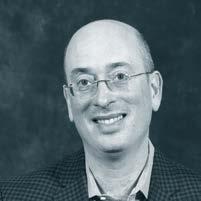
Adam Boxer, MD, PhD serves as Endowed Professor in Memory and Aging, Department of Neurology at the University of California, San Francisco. One of Dr. Boxer’s research aims is to test the ability of a new smartphone app to measure the clinical status of healthy individuals at genetic risk for tau-related disease, as well as people who have begun to develop symptoms. Specifically, his platform will assess whether the smartphone app can collect useful survey data, memory test performance, and changes in movement and sleep when paired with a fitness tracker. The end goal of this work it to see if the game-like aspects of the app will improve clinicians’ ability to collect useful data.
In June 2017, the Rainwater Charitable Foundation entered into a landmark partnership with the Michael J. Fox Foundation (MJFF). The purpose of this initiative is to accelerate the development of novel PET imaging tools for Parkinson’s, PSP, and related diseases.
PET imaging tools are crucially important to the field. They allow clinicians to not only to detect the presence of tau in living patients, but also to pinpoint its location and quantify its abundance. PET imaging is expected to be the most accurate way of diagnosing living patients with PSP and other atypical parkinsonian disorders, which is a shared priority of MJFF and the Tau
Consortium. Taking multiple scans over time will allow doctors to precisely monitor disease progression and treatment response.
Unfortunately, it typically takes several years and millions of dollars to develop a new PET tracer. For-profit companies have little incentive to invest in these tools, so non-profits must often step in to fill the void. Given the complexity and expense involved, it makes sense for non-profits to pool their ideas, expertise, and resources to ensure success.
The initiative is directed by long-time Tau Consortium member Dr. Gil Rabinovici of the University of California, San Francisco. The Michael J. Fox Foundation and the Rainwater Charitable Foundation have each allocated about $600,000 per year to fund the effort so far, which is being undertaken by a close-knit team of researchers from the University of Pittsburgh and Harvard’s Massachusetts General Hospital. Over the coming years, the founding members will seek to recruit additional non-profits to join the collaboration and provide additional resources.
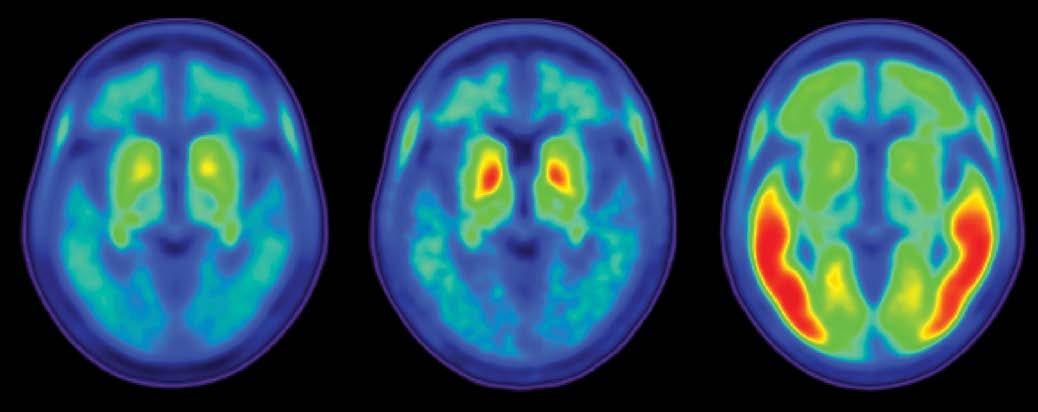
NORMAL PROGRESSIVE SUPRANUCLEAR PALSY ALZHEIMER’S DISEASE
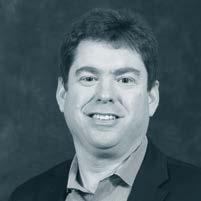
Gil Rabinovici, MD is the Edward Fein and Pearl Landrith Distinguished Professor in Memory & Aging at the University of California, San Francisco. His research aims to test and validate imaging agents that detect tau protein deposits in living humans using positron emission tomography (PET) brain scans. His work utilizes controls and patients with different tau-related disorders, including Alzheimer’s disease, Chronic Traumatic Encephalopathy, and Progressive Supranuclear Palsy. Tau PET imaging could be a useful future tool for drug development. Dr. Rabinovici’s Amyloid PET work has been called a game-changer by Medscape.com
Progressive Supranuclear Palsy is a pure tauopathy and an orphan disease. It has attracted industry attention as a significant unmet medical need and an important stepping stone to new therapies for Alzheimer’s, Chronic Traumatic Encephalopathy, and Frontotemporal Dementia. While there have been some successes in getting treatments to clinical trials, greater collaboration is needed to ensure that we understand how efficacious these treatments are and why the unsuccessful ones fail.

In 2017, the Rainwater Charitable Foundation and CurePSP stepped forward to create the PSP Research Roundtable on behalf of the field. Member companies joined throughout the year, and the group convened for the first time in June 2018 in Washington, D.C.
The PSP Research Roundtable is a pre-competitive collaboration involving patient advocacy organizations, key thought leaders from academia, and six leading pharmaceutical companies. Its mission is to represent the field in addressing bottlenecks and accelerating the development of new treatments for PSP and other primary tauopathies. Specific priorities for the Roundtable are defined on an annual basis by a consensus-driven steering committee.
The inaugural Roundtable meeting included several representatives from the U.S. Food and Drug Administration’s Neurology Products Division and sought to build a shared understanding of the disease. Based on these discussions, the group agreed that its first major priority should be the collaborative development of new tools for measuring patient benefit in human clinical trials. Successful completion of this project will help patients by reducing the risk, cost, and time delays that are currently involved in the approval of potential treatments for PSP.
The Rainwater Charitable Foundation has taken responsibility for leading this initiative, which is expected to reach its conclusion in fall 2019.
High-quality state-of-the-art core platforms can enable researchers to greatly accelerate the search for new treatments. These platforms exist to be a resource to all scientists. Core platforms can be databases of available cell lines, tissue samples, and reagents that are available for distribution to researchers in the field. A core platform can also be a networked system that interconnects data from several sources, allowing for collaboration and metaanalyses across large data sets. As outlined in the Milken Giving Smarter Guide, there is a significant need for tissue and cell line access, clinical and pre-clinical data storage, and data analysis tools. The Rainwater Charitable Foundation continues its mission to do whatever it takes to help scientists around the world to access the tools they need to conduct research.
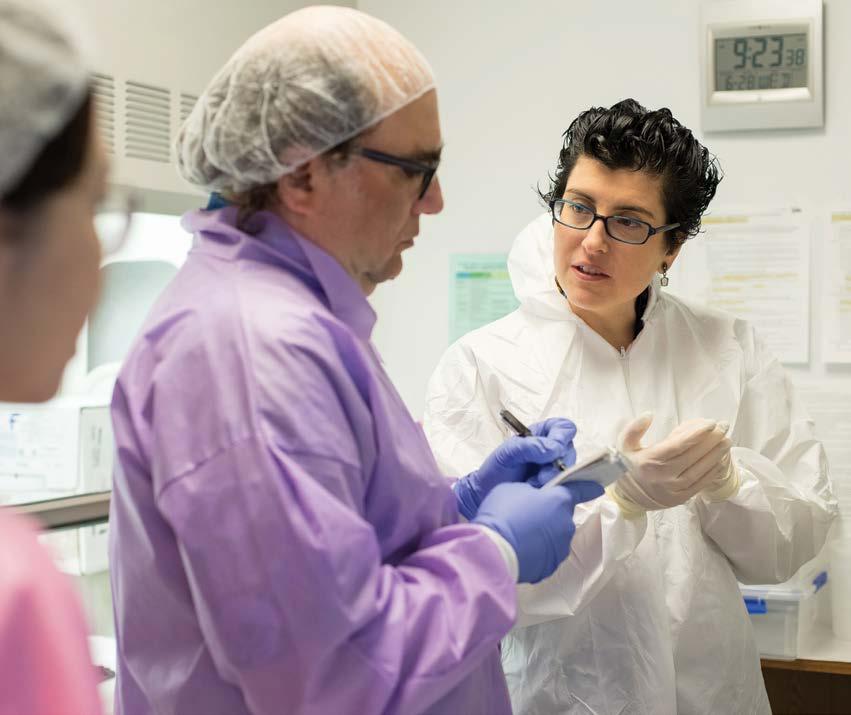

COLUMBIA UNIVERSITY MEDICAL CENTER
Researcher: Huang Yu, PhD
Curation of tau research resources.
FTD DISORDERS REGISTRY, LLC
Researcher: Dianna Wheaton, PhD
The Frontotemporal Disorders Registry project.
MAYO CLINIC, JACKSONVILLE, FLORIDA
Researcher: Dennis Dickson, MD Mayo brain bank.
NEURAL STEM CELL INSTITUTE
Researcher: Sally Temple, PhD iPSC collection.
UNIVERSITY OF CALIFORNIA, LOS ANGELES
Researchers: Daniel Geschwind, MD, PhD/ Giovanni Coppola, MD Tauopathy genome project.
UNIVERSITY OF CALIFORNIA, SAN FRANCISCO
Researcher: Aimee Kao, MD, PhD
Fibroblast banking and iPSC genome editing core.
UNIVERSITY OF CALIFORNIA, SAN FRANCISCO
Researcher: Katherine Rankin, PhD
Tau Consortium clinical and informatics core.
UNIVERSITY OF CALIFORNIA, SAN FRANCISCO
Researcher: William Seeley, MD
Tau Consortium neuropathology core.
WASHINGTON UNIVERSITY IN ST. LOUIS
Researcher: Celeste Karch, PhD
Stem cell resources for studying tauopathies.
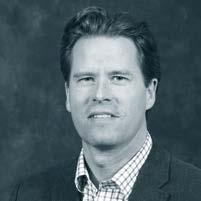
Bill Seeley, MD serves as Professor of Neurology at the University of California, San Francisco.
Dr. Seeley also leads the Tau Consortium Neuropathology Core. Dr. Seeley’s research seeks to clarify why and how the tauopathies target specific brain cells and brain regions. He also leads a highly utilized state-of-the-art neuropathology core to support tissue-based tauopathy research within and beyond the Tau consortium. Dr. Seeley is the 2017 recipient of the American Society for Clinical Investigation Fellow award.
Our medical research program seeks to eliminate any barrier that might stand in the way of developing new treatments for PSP and other forms of Frontotemporal Dementia (FTD).
With at least half a dozen companies moving such treatments closer to human trials, patient recruitment is looming as a key bottleneck in the march toward FDA approved treatments for these rare disorders.
For this reason, the Rainwater Charitable Foundation has been a major financial supporter of the FTD Disorders Registry since it was initially conceived in 2016. We’d like to give special thanks to our co-founding partners, the Bluefield Group and the Association of Frontotemporal Degeneration (AFTD).
After more than a year of software development and user testing, The FTD Disorders Registry went live in March 2017. It is now available to diagnosed persons, family members, and friends who are interested in all forms of Frontotemporal Dementia, including PSP.
The FTD Registry is a major advance for the field and is more than a patient recruitment tool—it’s a true research platform. The platform is capable of securely collecting and exchanging patient data with other research projects, including clinical trial sponsors. It is also able to administer its own online studies via questionnaires (e.g., tracking symptom progression over time).
Eventually the registry is likely to add mail-order DNA collection to further augment patients’ profiles and better match them to trials.
Within just a few weeks of its public launch, the registry surpassed its first-year goal by enrolling hundreds of patients. Public reaction has been very positive.
The Director of the National Institute of Neurological Disorders and Stroke (NINDS) publicly proclaimed that the FTD Registry was “a well-designed registry that will enhance knowledge and research capabilities.” To explore the registry, please go to: https://ftdregistry.org/.
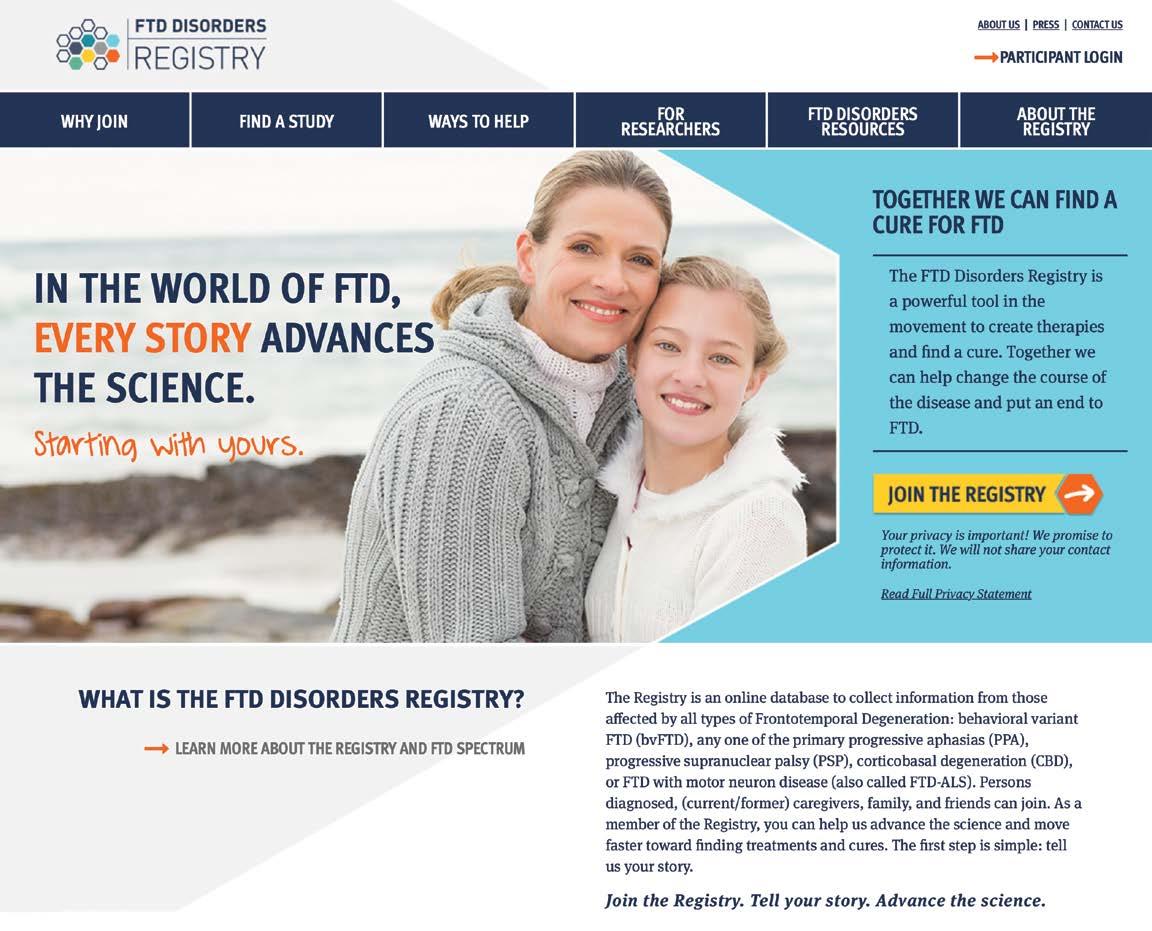
Defeating neurodegenerative disease will require long-term effort. Through the Tau Consortium Fellows Program, the Rainwater Charitable Foundation is making a significant investment in the scientific and career development of the next generation of tau researchers. Tau Consortium Fellows receive 100% financial support to attend the Tau Consortium Investigators’ Meetings, where they get an opportunity to interact with and learn from the leading tau researchers in the field. Candidates can only be nominated by one of our funded researchers, and acceptance into the program is competitive. In 2017 and 2018, the Rainwater Charitable Foundation provided fellowships to more than 70 talented young scientists.
Congratulations to the 2017 and 2018 Tau Consortium Fellows.
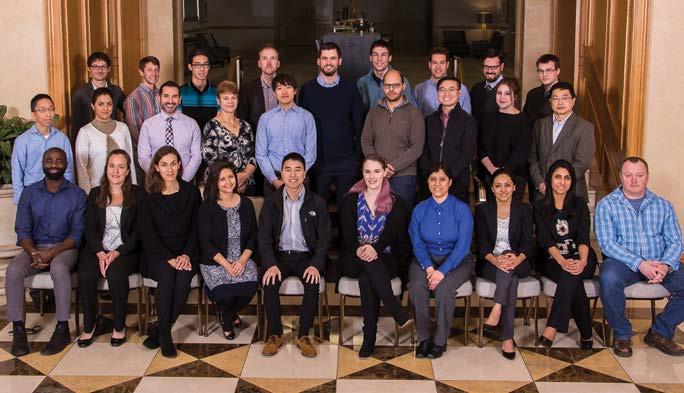
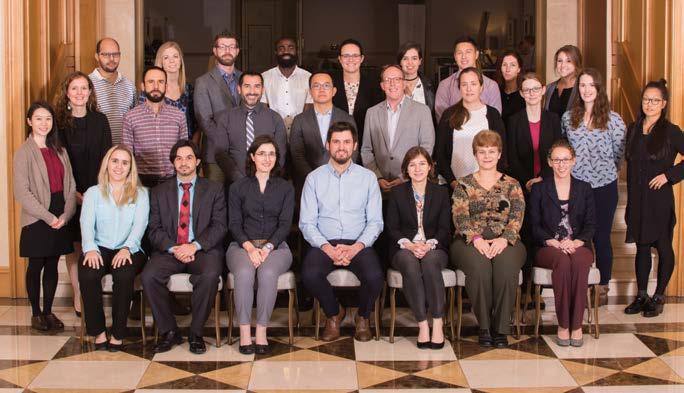
JULIANA ACOSTA-URIBE
UC Santa Barbara
CAROLINA ALQUEZAR BURILLO
UC San Francisco
TAYLOR ARHAR
UC San Francisco
NICHOLAS BARTHELEMY
Washington University
MATTHIEU BOURDENX
Albert Einstein College of Medicine
KATHRYN BOWLES
Mt. Sinai School of Medicine
DAVID BUTLER
Neural Stem Cell Institute of New York
JONATHAN CHEN
The Scripps Research Institute, Florida
MARCUS CHIN
UC San Francisco
KYUNG MIN CHUNG
Columbia University
YONATAN COOPER
UC Los Angeles
KENNETH DAHL
Mass General Hospital
MELANIE DAS
Gladstone Institutes
LITING DENG
UC Los Angeles
SARAH DEVOS
Mass General Hospital
RACHID EL FATIMY
Brigham & Women's Hospital
JESSICA FELIX
UC San Francisco
YANN FICHOU
UC Santa Barbara
TARU FLAGAN
UC San Francisco
ANGELEEN FLEMING
University of Cambridge, UK
STEPH FOWLER
Columbia University
ETHAN GEIER
UC San Francisco
NUPUR GHOSHAL
Washington University
STELLA GLASAUER
UC Santa Barbara
VALERIE HENNES
University of Southern California
ISRAEL HERNANDEZ MORENO
UC Santa Barbara
FLORA HINZ
UC Los Angeles
JERRAH HOLTH
Washington University
CINDY HUANG
J. David Gladstone Institutes
KEVIN HUNT
UT Southwestern Medical
LUKASZ JOACHIMIAK
UT Southwestern Medical
ASHLEY KNIGHT
University of Toronto
GREG KRAUSE
Albert Einstein College of Medicine
MEREDITH KUO
UC San Francisco
ALICE LA
UC San Francisco
RENAUD LAJOIE
UC San Francisco
CHERYL LEYNS
Washington University
QUEENA LIN
UC San Francisco
ANDREW LIU
UC San Francisco
MO LIU
Neural Stem Cell Institute of New York
PETER LJUBENKOV
UC San Francisco
ANA LOPEZ
University of Cambridge, UK
DANA MCDERMOTT
UC San Francisco
DANIEL MEDINA-CLEGHORN
UC San Francisco
ANUJA MODI
UT Southwestern Medical
VIDYA NARAYANASWAMI
Mass General Hospital
JOSEPH OH
UC San Francisco
KWADWO OPOKU-NSIAH
UC San Francisco
ELIANA MARISA RAMOS
UC Los Angeles
JESSICA REXACH
UC Los Angeles
JULIO ROJAS-MARTINEZ
UC San Francisco
OWEN ROSS
Mayo Jacksonville
SILVIA RUSSO
UC San Francisco
AVI SAMELSON
UC San Francisco
KATHLEEN SCHOCH
Washington University
AURORA SCRIVO
Albert Einstein College of Medicine
YANG SHI
Washington University
CATARINA SILVA
Mass General Hospital
SALVATORE SPINA
UC San Francisco
ADAM STAFFARONI
UC San Francisco
ELEANNA STAMATAKOU
University of Cambridge, UK
BARBARA STOPSCHINSKI
UT Southwestern Medical
NADIA STORM
Albert Einstein College of Medicine
MICHAEL STRICKLAND
Washington University
WENYAN SUN
UT San Antonio
XIANKAI SUN
Texas Health Physicians Group
PANOS THEOFILAS
UC San Francisco
RUILLIN TIAN
UC San Francisco
GIANINA TOLLER
UC San Francisco
TARA TRACY
J. David Gladstone Institutes
RICHARD TSAI
UC San Francisco
MICHAEL VIGERS
UC Santa Barbara
CHAO WANG
Washington University
ZHIYUN WEI
Harvard Medical School
HENDRIK WESSELING
Harvard Medical School
XUEMEI ZHANG
UC Santa Barbara
Researcher: Cara Altimus, PhD Tau research landscape analysis. NORTH TEXAS COMMUNITY FOUNDATION
Researcher: Various Seed funding, Prime of Life Research Fund.
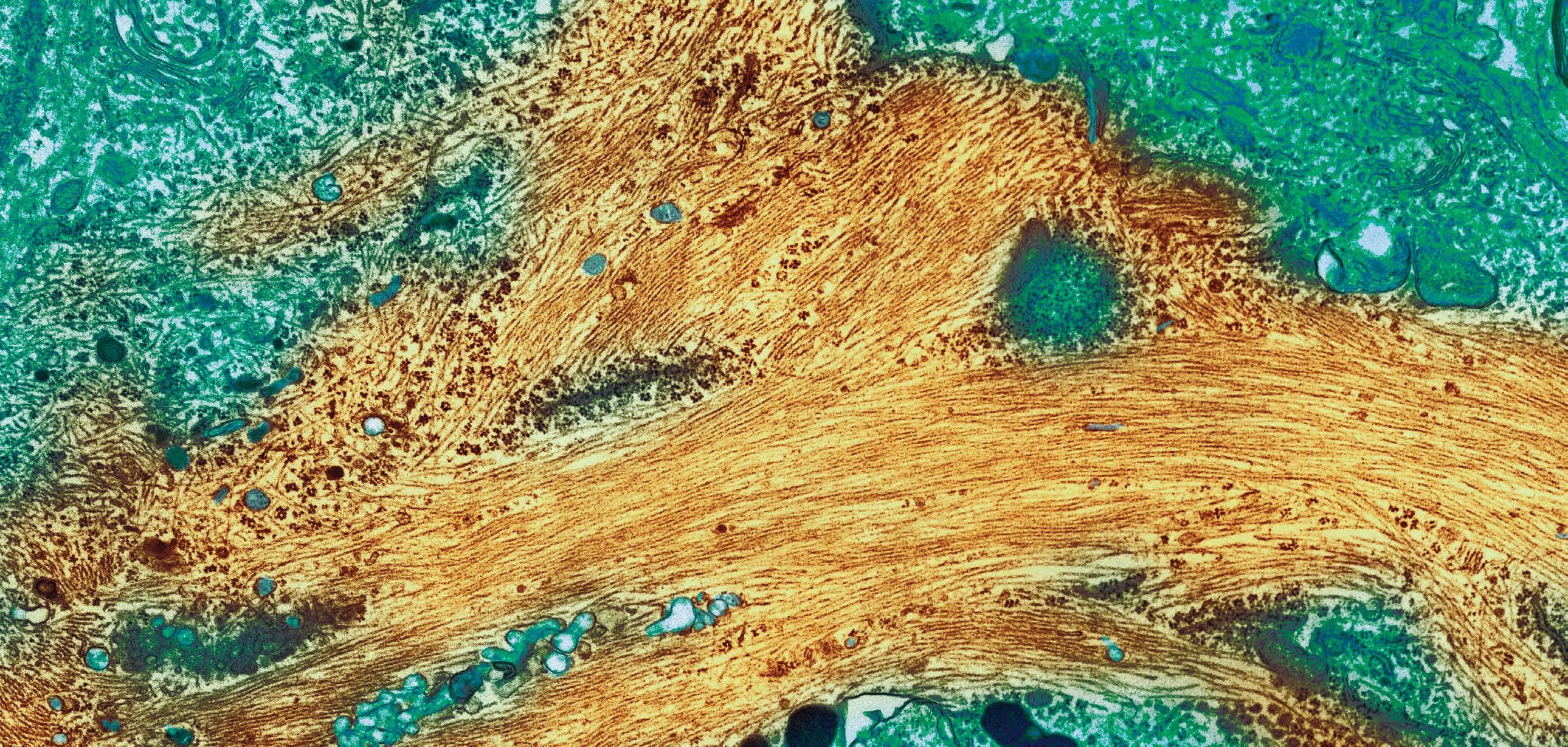
The Rainwater Charitable Foundation would like to express our appreciation to all the individuals and funding partners who contribute to our work through their generous donations to the Rainwater Neurological Research Fund. For more information on this fund, please visit the North Texas Community Foundation website: https://northtexascf.org/.
In the fall of 2017, the Rainwater Charitable Foundation partnered with the Alzheimer’s Association to form the Tau Breakthroughs Grant Partnership.
Through this program, our organizations are working together to jointly fund some of the most promising tau-related research in the world. Ultimately, the goal is to accelerate the development of more treatments for all neurodegenerative diseases involving the toxic build-up of tau protein, including Alzheimer’s and PSP.
The inaugural matching grant program was called the Tau-Pipeline Enabling Program (T-PEP) and focused on drug discovery projects. T-PEP was carefully scoped to bridge the funding gap between innovative but resource-constrained researchers and the larger pharmaceutical companies that were looking for drug candidates to be taken into human trials. The Alzheimer’s Association and the Rainwater Charitable Foundation each provided $1.5 million for the program.
T-PEP was an open call to researchers from anywhere in the world, including academic researchers and small biotech companies. In June 2018, five truly outstanding winners were selected from a candidate pool of 130 strong applicants.
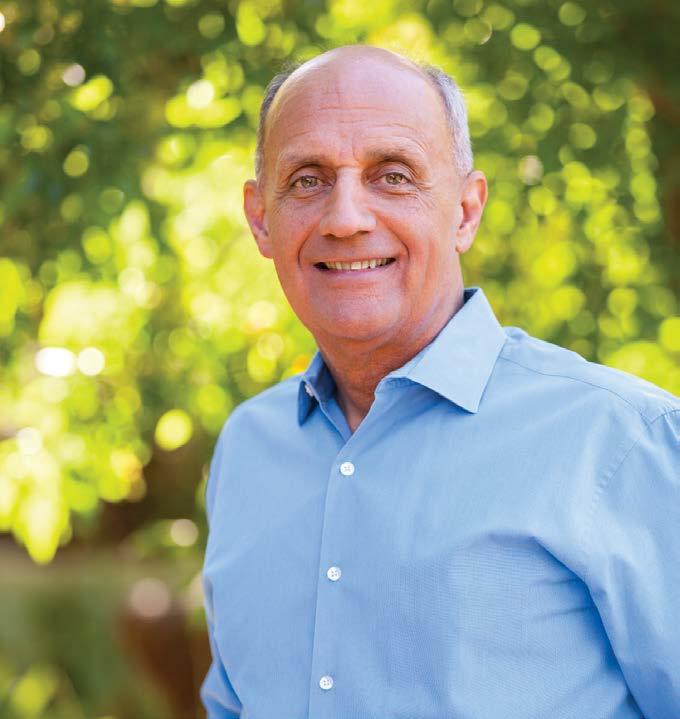

The Rainwater Charitable Foundation would like to thank Dr. Richard Carmona for serving as inaugural Chair of the Rainwater Prize Program.
Dr. Richard Carmona, MD, MPH, FACS was the 17th Surgeon General of the United States of America. After enlisting in the U.S. Army as a 17-year-old high school dropout, he joined the United States Army Special Forces becoming a combat decorated Vietnam veteran and began his career as a Special Forces Medic. After active duty, he ultimately received his medical degree from the University of California, San Francisco, where he was awarded the prestigious gold-headed cane as the top graduate of his class. During Dr. Carmona’s service as the U.S. Surgeon General, he famously announced that the science was clear: "Secondhand smoke kills.” This resulted in the adoption of indoor smoking bans across the United States and globally.
Dr. Carmona has helped shape the Rainwater Prize Program from the beginning, offering his leadership to develop a prize program to make the largest positive impact for tauopathies patients and their families. He will convene the selection committee in the fall of 2019 to select the inaugural Rainwater Prize recipients from among the highly-accomplished nominated scientists dedicating their careers to making the discoveries needed to create effective treatments for patients.
“
I saw Richard Rainwater locked in his own body. I, along with his family, watched his slow deterioration. As a friend, I do this for him and in his memory. As a serviceman to the medical field and to our community, I do this so no one else suffers from these diseases like he and his family have.
“
—Dr.
Richard Carmona

Richard Rainwater understood that the research the Rainwater Charitable Foundation was funding might not be able to help him directly, but would inevitably lead to better treatments for patients in the future.
When he was physically able, Richard loved to attend the Tau Consortium Investigators’ Meetings, and always left inspired by brilliant science and the power of collaboration. Before his passing, Richard designated additional funds that would be dedicated to the individual/s, anywhere in the world, chiefly responsible for the discoveries that lead to effective treatments for tauopathies.
The objective of the Rainwater Prizes is to encourage and accelerate scientific progress toward new treatments for neurodegenerative diseases by:
Launched in 2018, the Rainwater Prize Program has four categories:
The Rainwater Prize for Outstanding Innovation in Neurodegenerative Research Awarded annually to a scientist who has made seminal discoveries in neurodegenerative disease research
The Rainwater Prize for Innovative Early-Career Scientists Awarded annually to a young scientist (fewer than five years from post-doc) who has made promising discoveries in neurodegenerative disease research
The Rainwater Milestone Prize for Advances in Tauopathy Research
Million-dollar awards for scientists who address key needs of the field of tauopathy research
The Rainwater Breakthrough Prize for Effective Treatments in PSP
Multimillion-dollar awards to the individual/s chiefly responsible for finding a cure for progressive supranuclear palsy
CURRENT MILESTONE PRIZE CATEGORIES
To find a better treatment, we need to better understand the disease.
For clinical trials to be more effective we must be able to stratify patients more accurately and detect tauopathies early.
To make the discoveries, we need better models and technology that can predict human response to treatments.
Current Breakthrough Prize categories:
Milestone Prize: Structure, Function, and Disease Mechanisms
n Tau protein modifications and how these function in health and disease
n Mechanism of tau aggregation and transmission (inside and outside cell)
n Mechanism of glial and neuronal loss
Milestone Prize: Risk and Prevention
n Genetic/epigenetic biomarkers, polygenic risk assessment
n Predictors of normal vs. dysfunctional tau
n Progression monitoring
n Clinical trial stratification
Milestone Prize: Advances in Drug Development Models and Technology
n Clinical drug efficacy prediction models
n Advances in imaging
$2 Million
FDA-approved treatment that meaningfully extends good quality of life for patients
$4 Million
FDA-approved treatment that cures PSP early in progression
$10 Million
FDA-approved treatment that prevents PSP and/or reverses disease damage 1 2 3
Enhancing awareness of the critical gaps in neurodegenerative research Attracting researchers to work on tauopathies Awarding scientific achievements that lead to new treatments for PSP
The first prize winners will be announced in the fall of 2019 with a ceremony celebrating the winners in February 2020.
INAUGURAL RAINWATER PRIZES WILL BE CONFERRED ON FEBRUARY 13, 2020 DURING THE COLLABORATIVELY ORGANIZED CONFERENCE, TAU2020 GLOBAL CONFERENCE. 02.13.2020

The greatness of a community is most accurately measured by the compassionate actions of its members. “ “
—Coretta Scott King
ABILENE CHRISTIAN UNIVERSITY $ — 1,000,000
Towards the university’s capital campaign.
AFTER8TOEDUCATE $ 500,000 — Towards Dallas ISD homeless and foster care support programs.
AMERICAN RED CROSS $ — 2,000 Towards Hurricane Harvey relief efforts.
AMON CARTER MUSEUM OF WESTERN ART $ 1,408 — Towards an internship experience for Dream Big scholar.
ASSOCIATION FOR FRONTOTEMPORAL DEMENTIA $ 10,000 10,000 Towards With Love Campaign.
BEHIND EVERY DOOR $ 75,000 — Towards community development programs.
BOSQUE MUSEUM $ 15,000 25,000 Towards education programming and tours.
BOSTON CITY SINGERS $ 5,000 — Towards general operations.
BRIDGE TO RWANDA $ 200,000
Towards leadership development, university admissions, and scholarship support for Rwandan high school students.
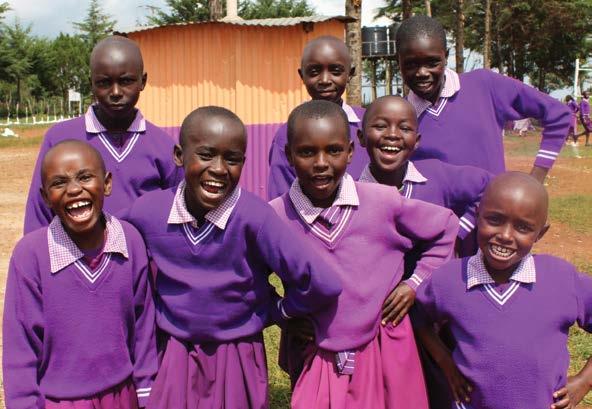
In 2012 the Rainwater Charitable Foundation began making grants to organizations working in Africa. Most of these two dozen grants have gone to organizations working in East Africa for the benefit of children in the areas of education (schools), water, public health, and the empowerment of women.
With 1.2 billion people, Africa is the world’s second largest continent in both population and size. It is also the world’s youngest continent. Sub-Saharan Africa is home to some of the fastest-growing economies in the world and has seen significant improvement in governance and economic management. We have been incredibly inspired by the resiliency of families, especially young children who are among the poorest in the world, and yet achieve at high levels when given opportunities. This is an area where small, smartly structured gifts can go a long way, and an area where we seek to expand funding in the future.
With programs in more than 20 countries worldwide, Christian Relief Fund’s (CRF) mission is to help children living in poverty grow intellectually, physically, spiritually, and socially. CRF has a legacy of preparing the world’s most vulnerable children for further education or work readiness, thereby developing a cadre of change agents who earn living wages for themselves and their families, give back to their communities, and grow into the full expression of who they were created to be.
The Foundation’s funding has been focused on children in Kenya and Uganda. Our funds have gone to develop and upgrade schools’ infrastructure, to strengthen teacher recruitment and retention, and to maintain availability of books and academic quality. In some regions like Turkana Kenya, where a lack of water is a primary obstacle to children attending school, funds have been used to dig water wells and build schools where none exist.
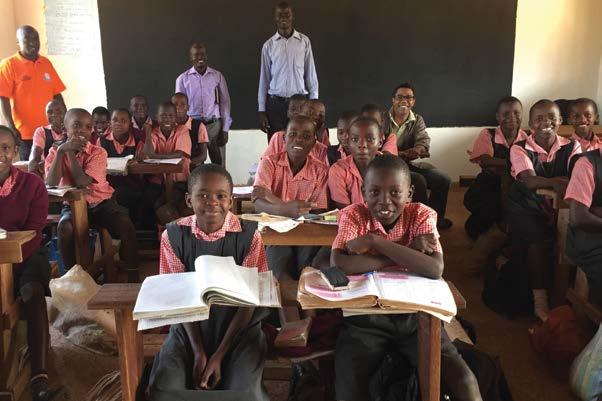
Other Foundation Funding, Cont.
Towards leadership, community development and formerly incarcerated reentry programs. DALLAS MORNING
Towards programming for the homeless population. DALLAS RESOURCE CENTER
Towards general operations.
FAIRWINDS–NANTUCKET’S COUNSELING CENTER $ 1,200,000 — Towards organizational strategic planning and operations.
FOOD RECOVERY NETWORK $ 125,000 Towards general operations.
FOODCORPS $ 100,000 — Towards general operations.
FOR OAK CLIFF $ 81,000 Towards community development programs.
FORT WORTH CHAMBER DEVELOPMENT FOUNDATION $ — 15,000 Towards the Chamber’s economic development efforts.
GLOBAL HEALTH CORPS $ 250,000 Towards global public health efforts in Africa.
GREATER HOUSTON COMMUNITY FOUNDATION $ 2,000 Towards Hurricane Harvey relief efforts.
HARVEST SEED PROJECT $ 5,000 — Towards general operations.
HORSEBOY FOUNDATION $ 5,000 Towards creation of a strategic plan.
INTERNATIONAL SOCIETY OF HUMAN UNITY $ 25,000 25,000 Towards increasing awareness of human trafficking issues.
LEUKEMIA TEXAS $ 10,000 10,000 Towards children undergoing treatment at Cook Children’s.
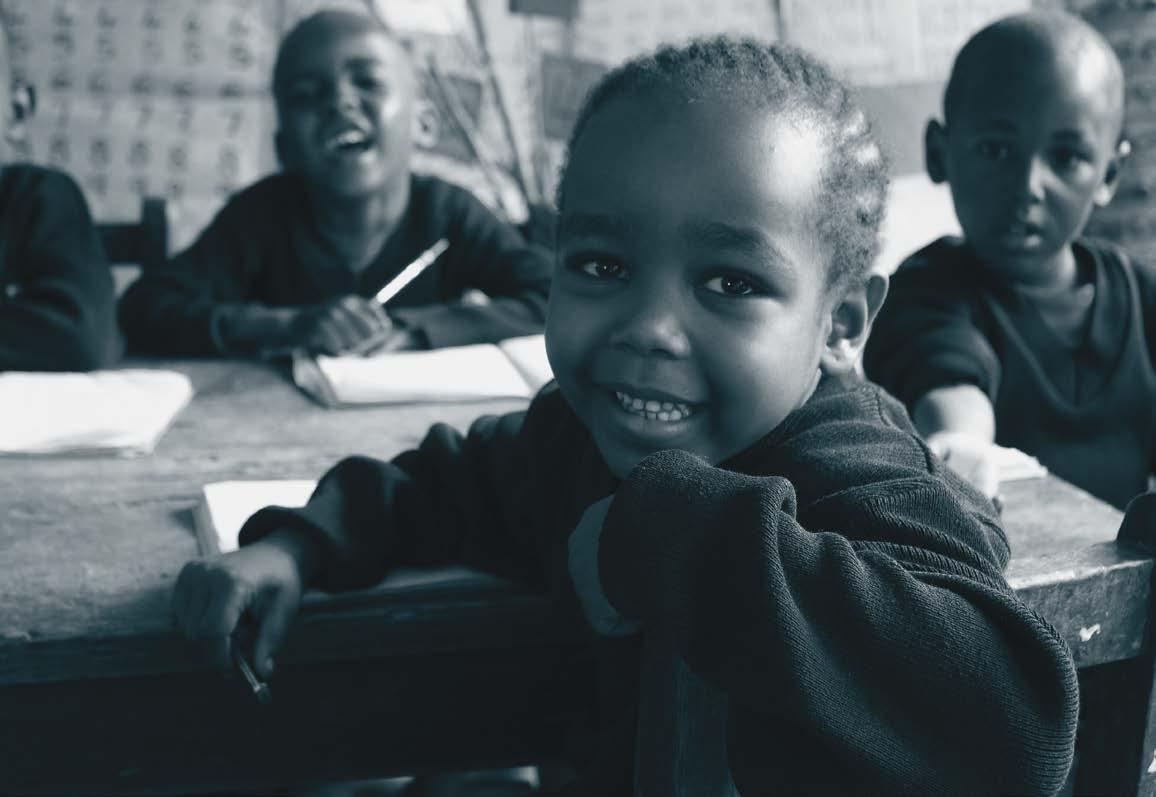
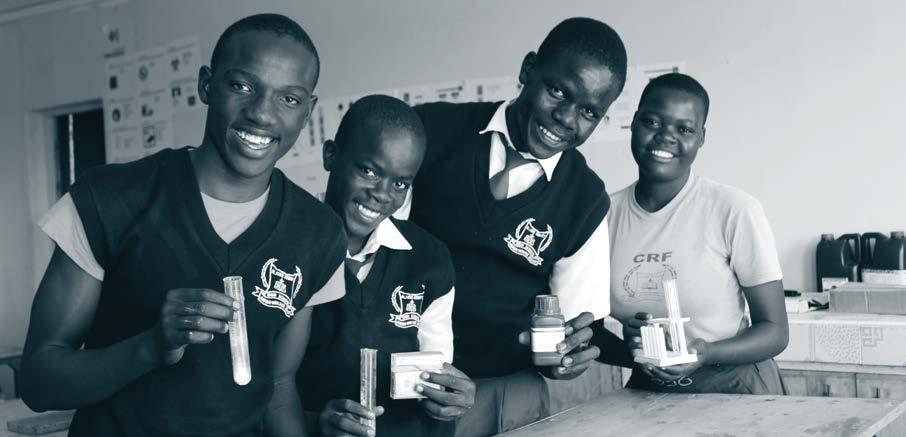
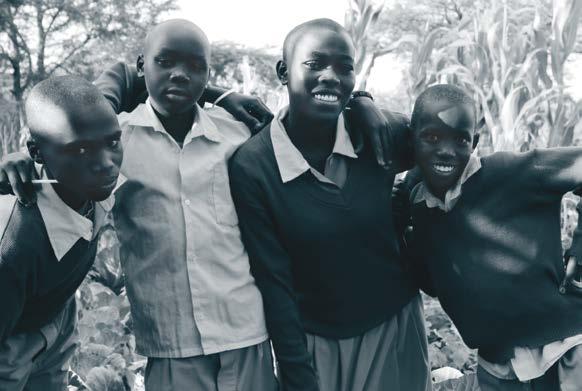
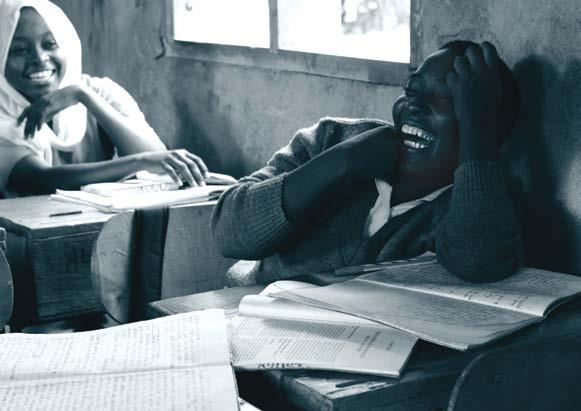
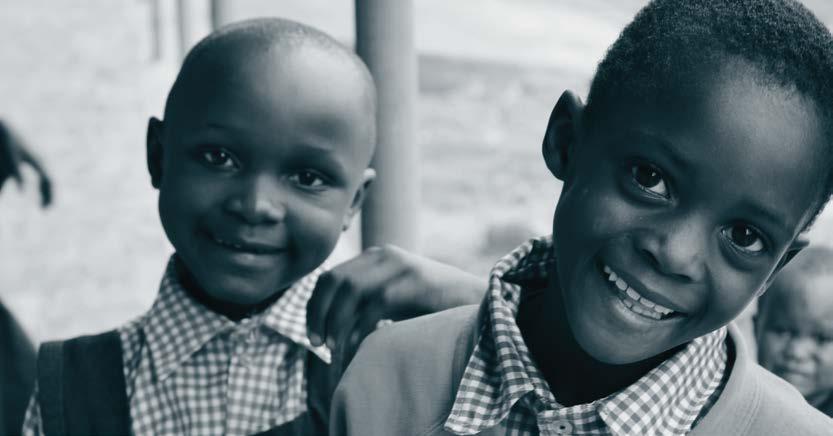
Other Foundation Funding, Cont.
REPORTERS INSTRUCTED IN SAVING COLLEAGUES $ 150,000 Towards general operations.
RONALD MCDONALD HOUSE FORT WORTH $ 10,000 10,000 Towards general operations.
RUTLEDGE FOUNDATION $ 185,000 Towards work with young adult cancer patients.
SALVATION ARMY $ — 2,000 Towards Hurricane Harvey relief efforts.
SAMARITAN’S PURSE $ — 2,000 Towards Hurricane Harvey relief efforts.
SAVE THE CHILDREN $ 2,000 Towards Hurricane Harvey relief efforts.
SAVING HOPE FOUNDATION $ 1,000,000 — Towards a Fort Worth spay/neuter program.
CENTER FOR LONGEVITY $
Towards the New Map of Life initiative. TAPESTRY MINISTRIES $ — 85,200 Towards youth and community development programs.

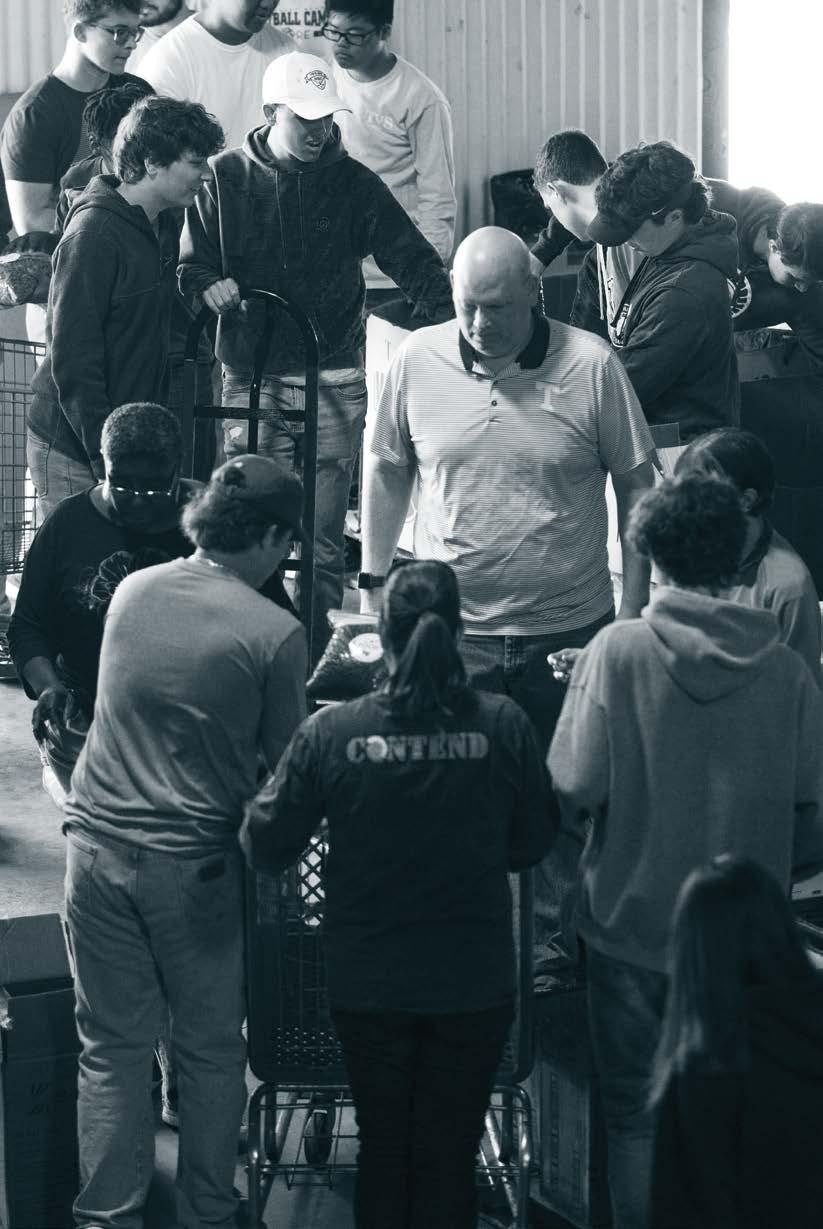
The Rainwater Charitable Foundation provides funding for organizations that work to integrate the most vulnerable and often overlooked populations in our community. This includes funding organizations that work in the areas of juvenile justice and homelessness, as well as those that work with victims of domestic abuse, those suffering from mental health challenges, and formerly incarcerated individuals. North Texas is an area full of rapid growth and opportunity, but it can also be quite daunting for people who are in need due to one or more unfortunate life circumstances. We love these organizations because they re-empower people and give them opportunities to fully participate in society. They change lives and make our community stronger every day.
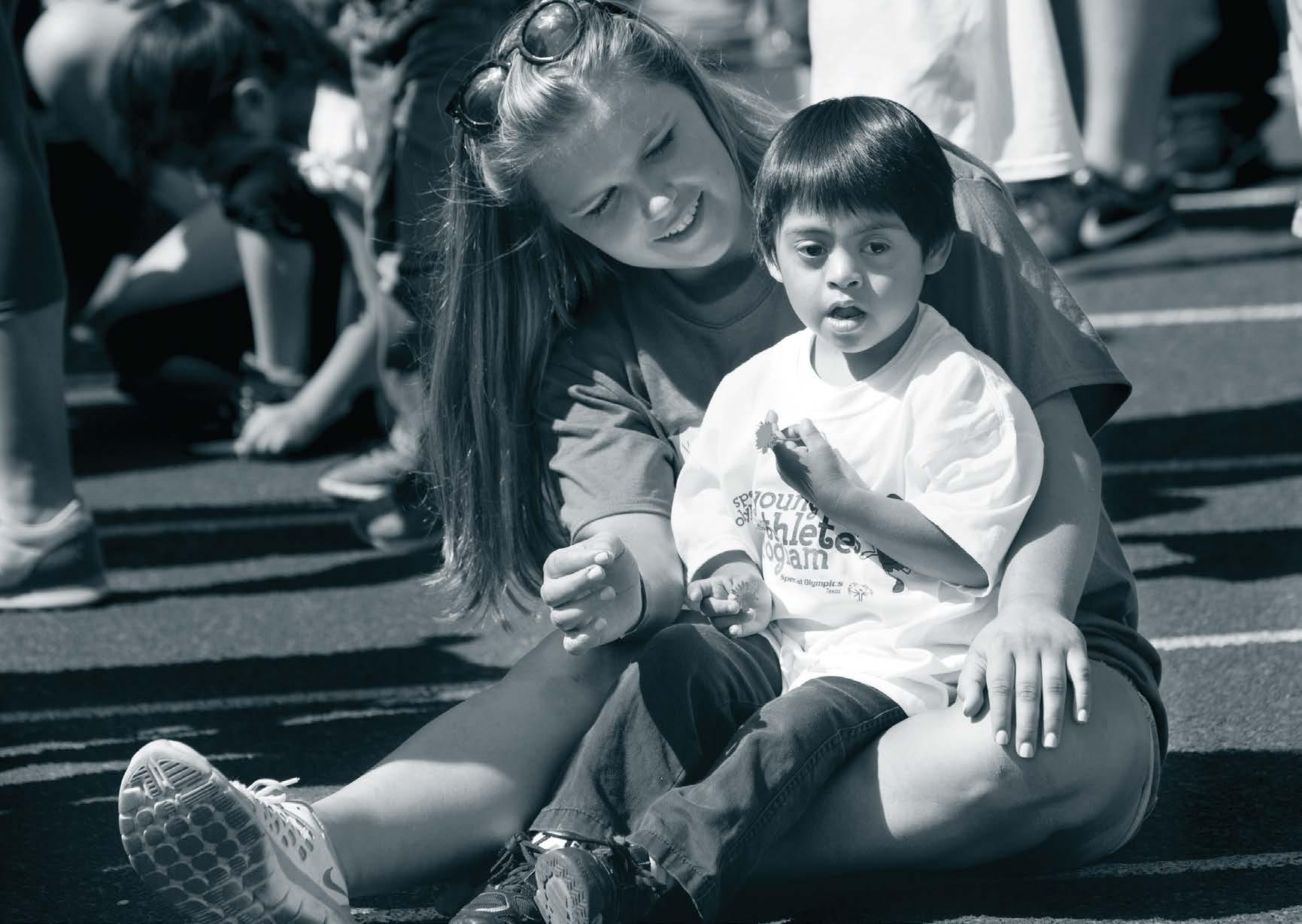
A final thank you to our grantees, funding partners, community members, elected officials, policymakers, other collaborators and to the Rainwater Team for helping us achieve our goals.








































































































































